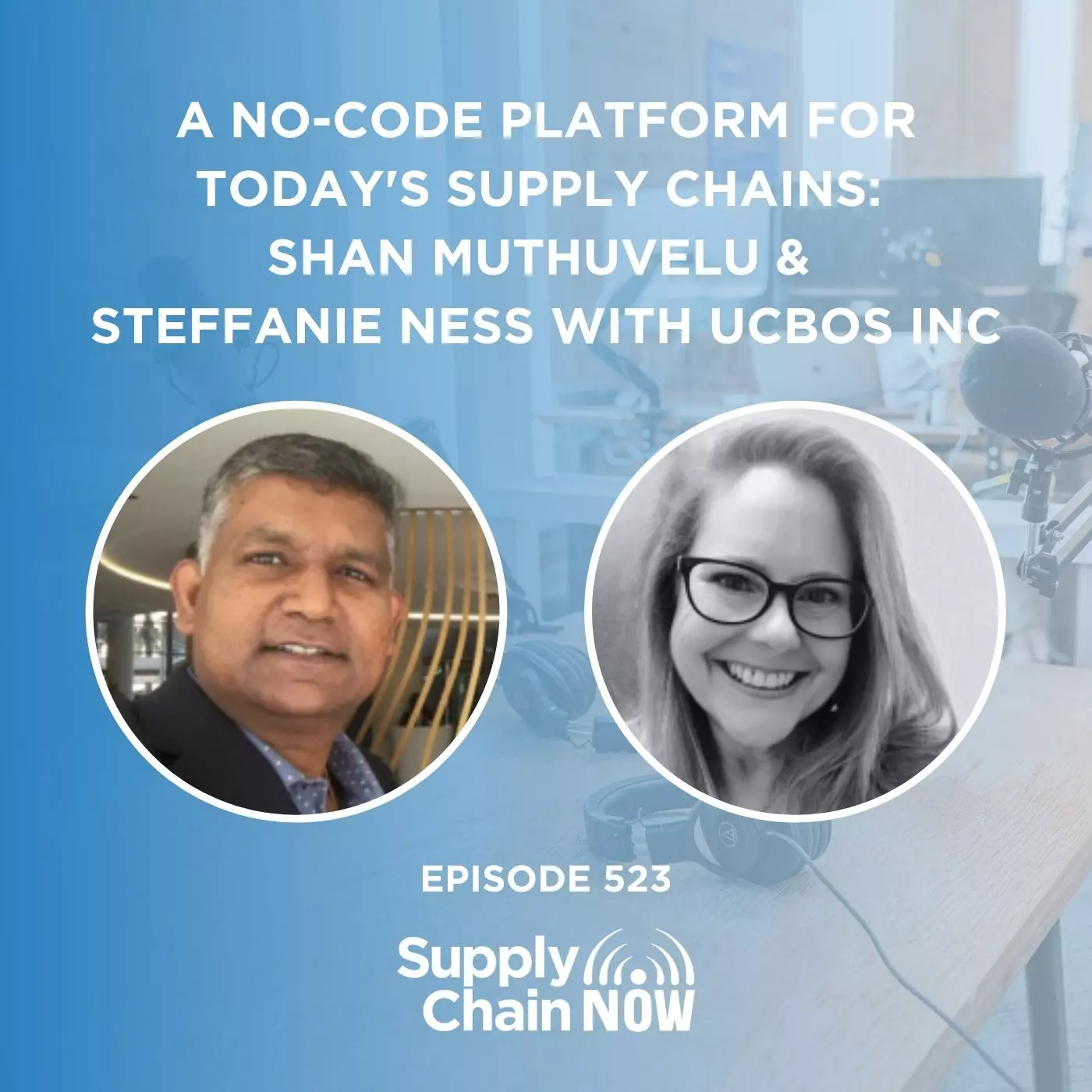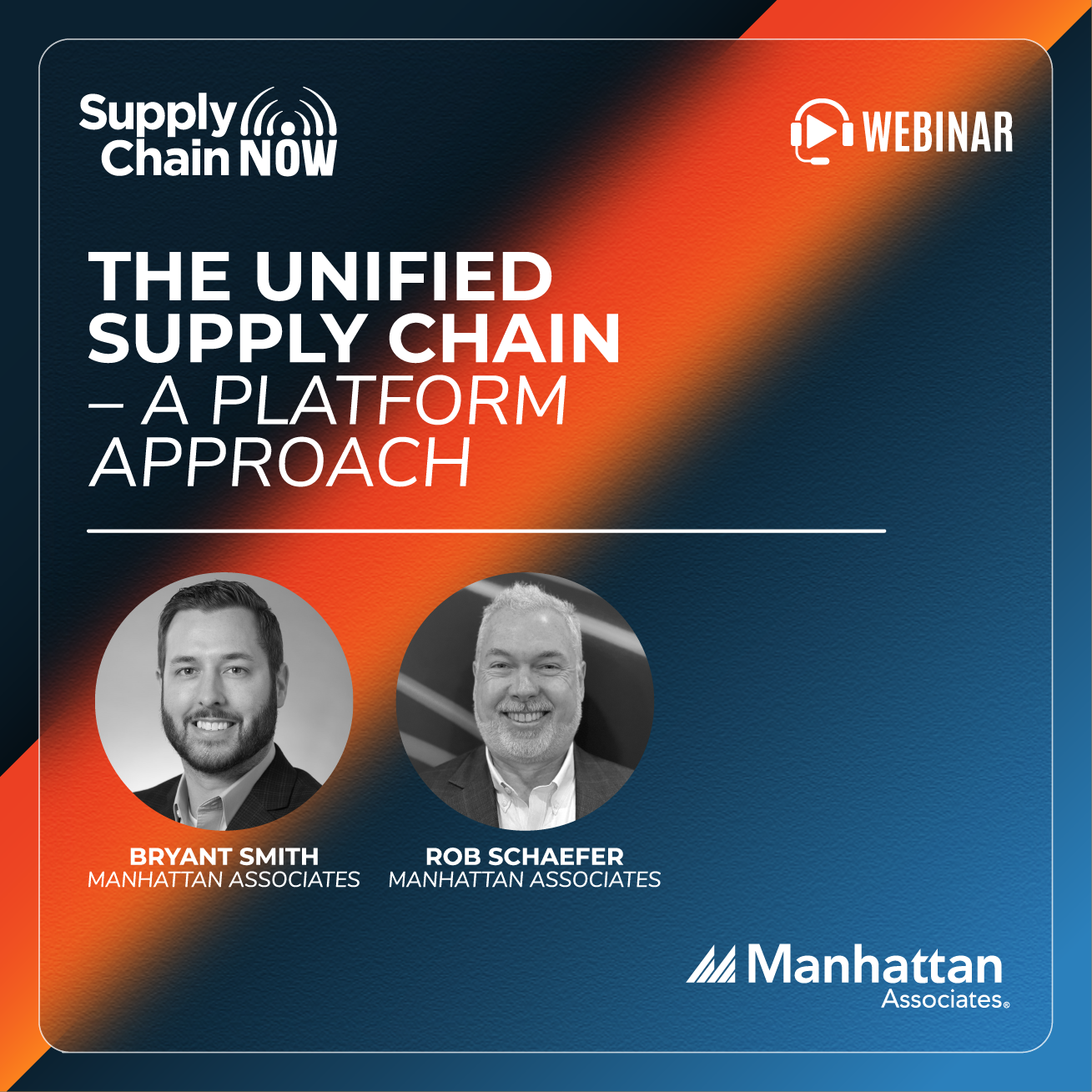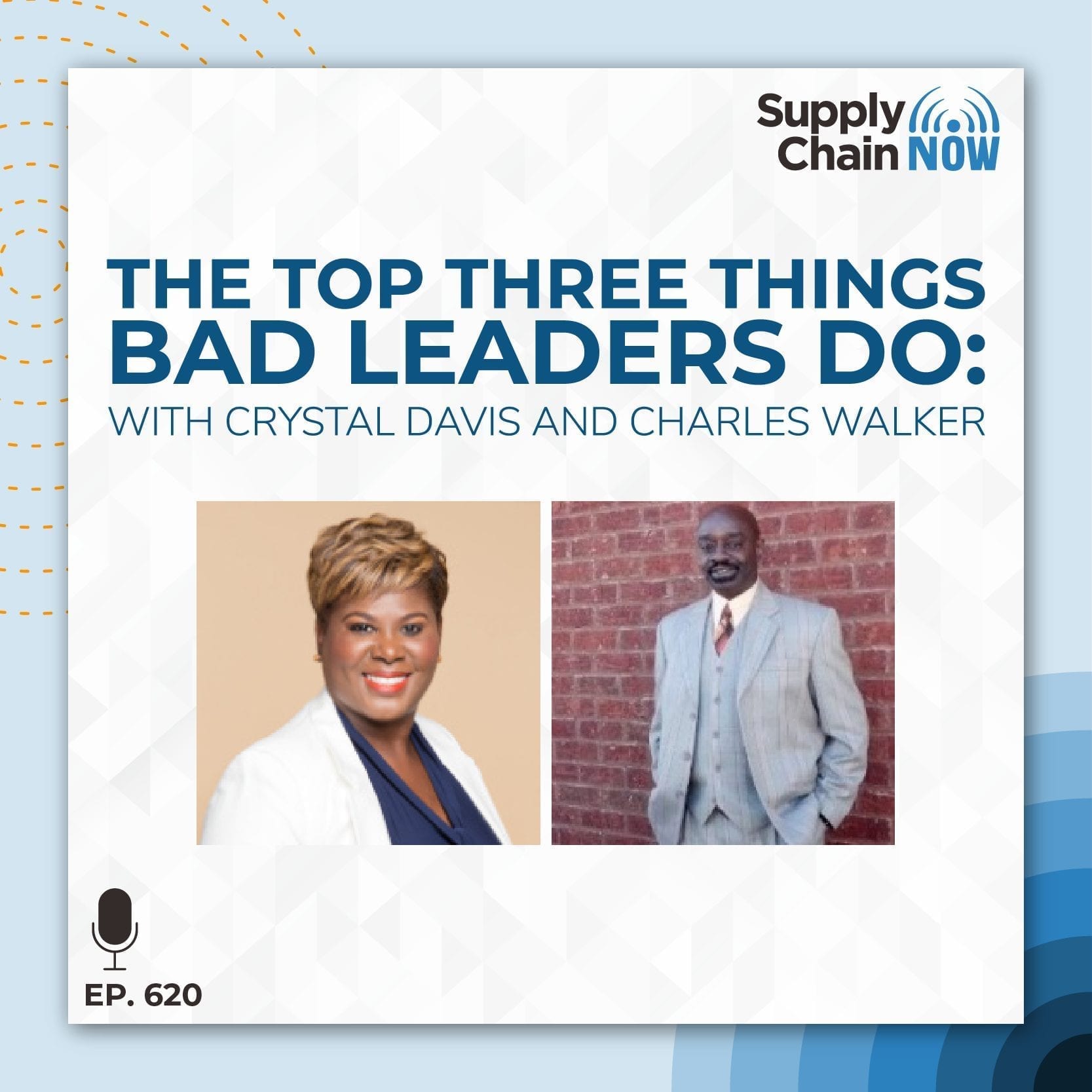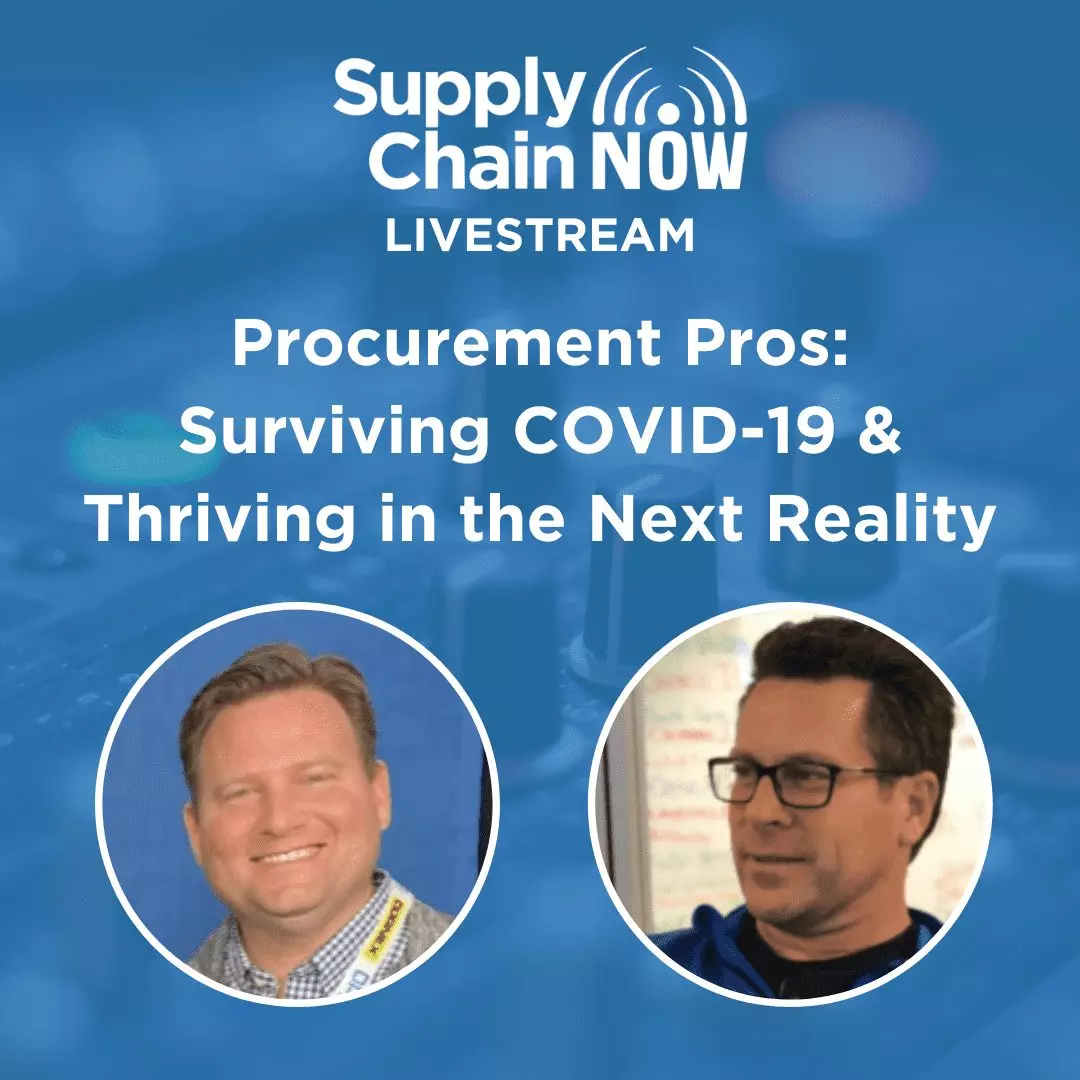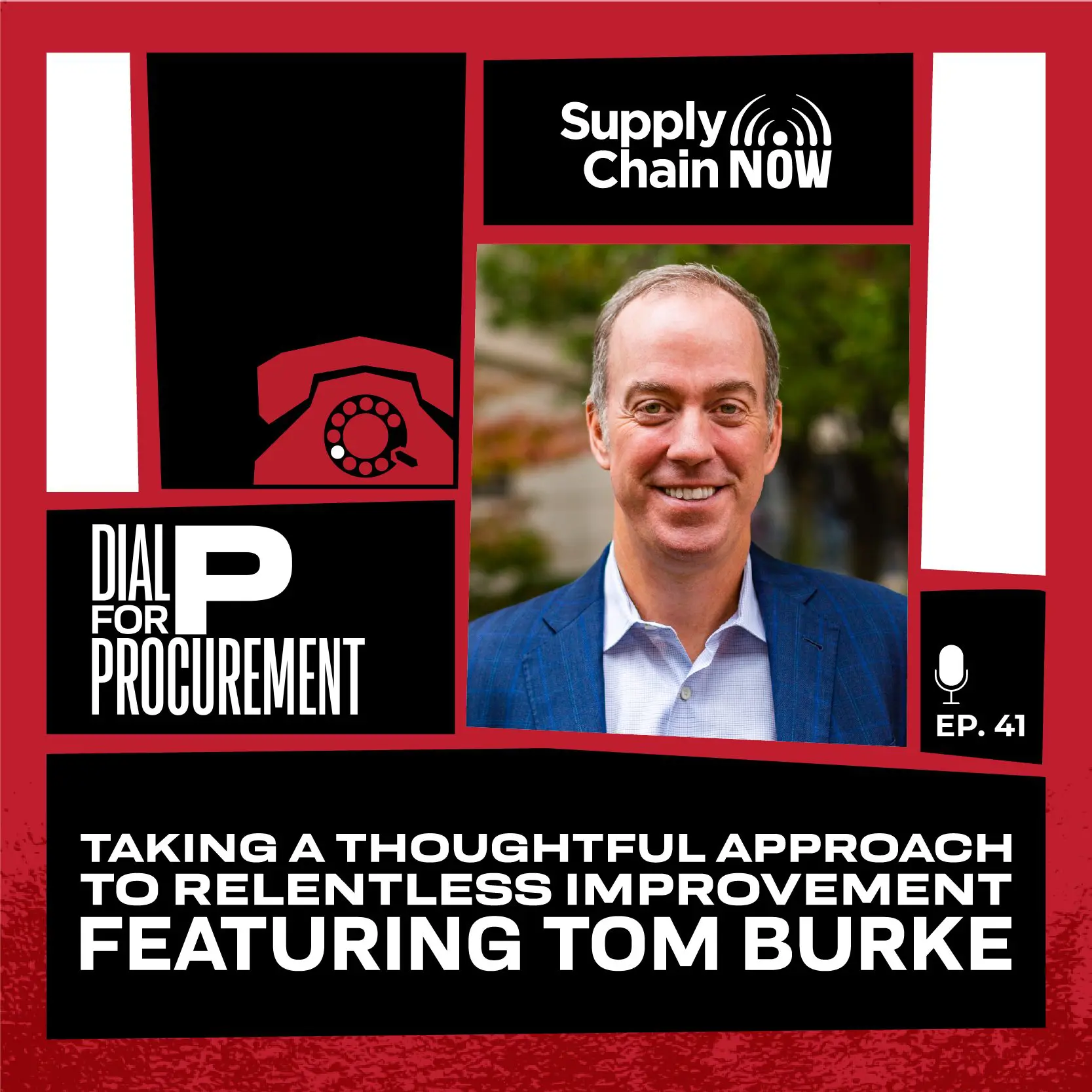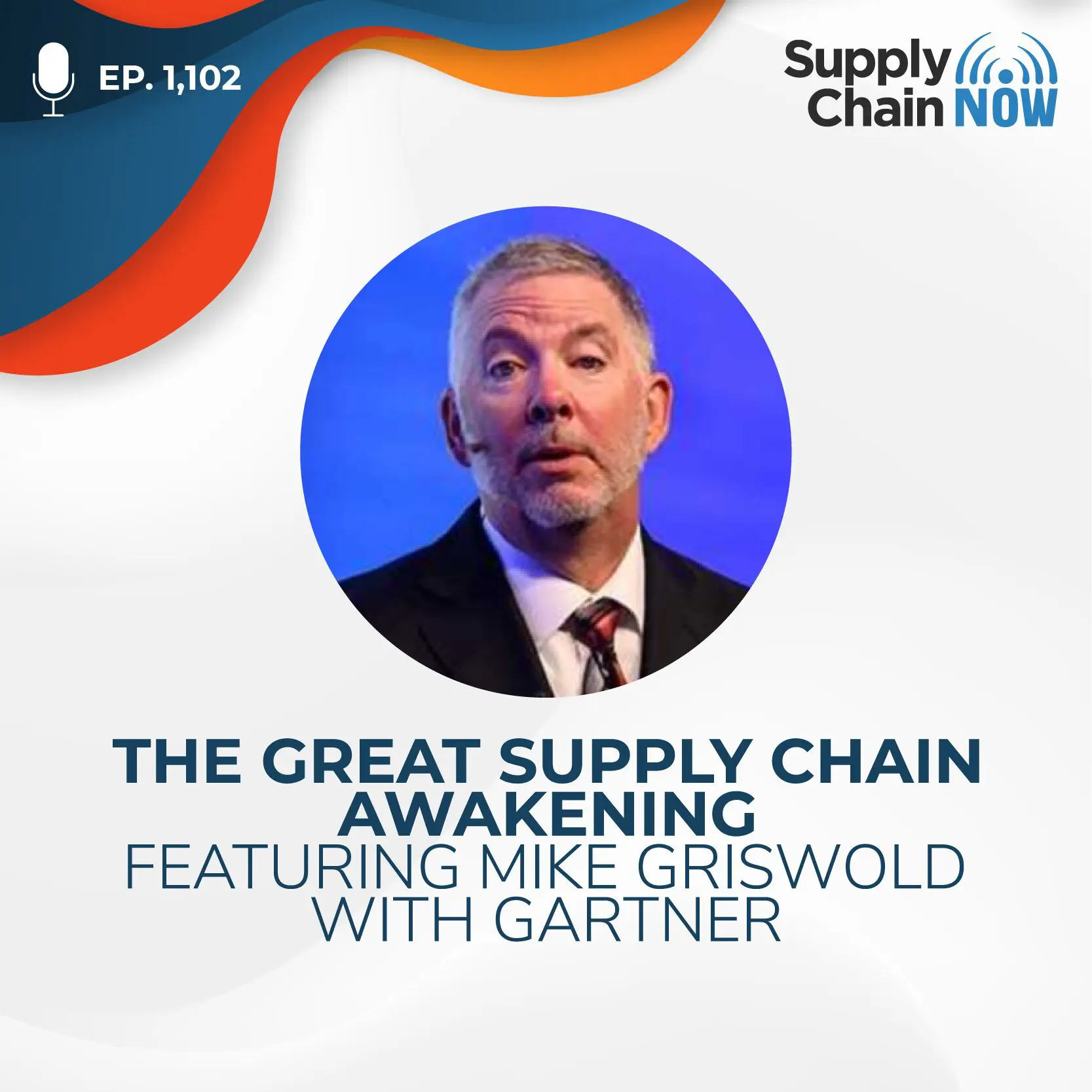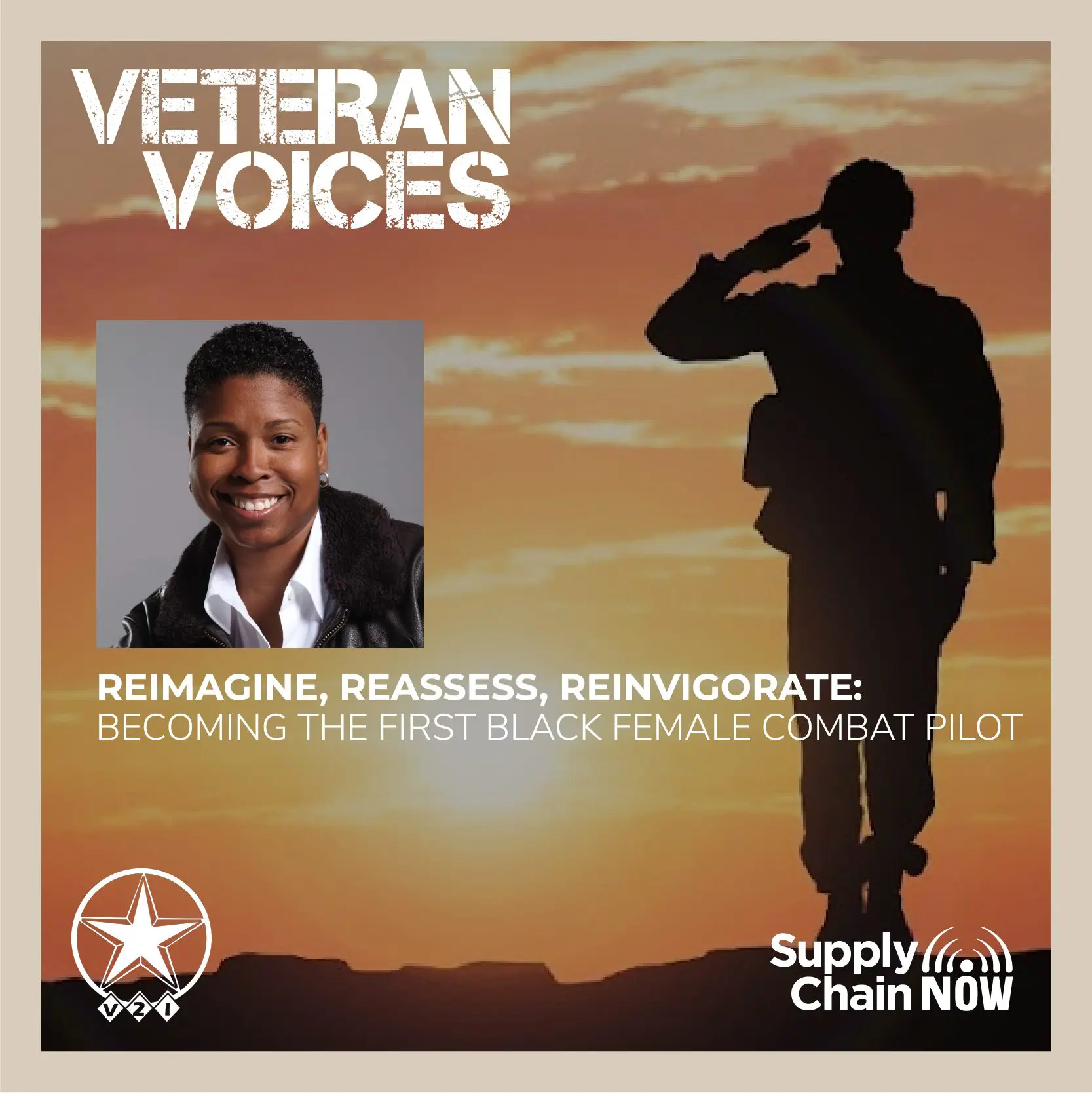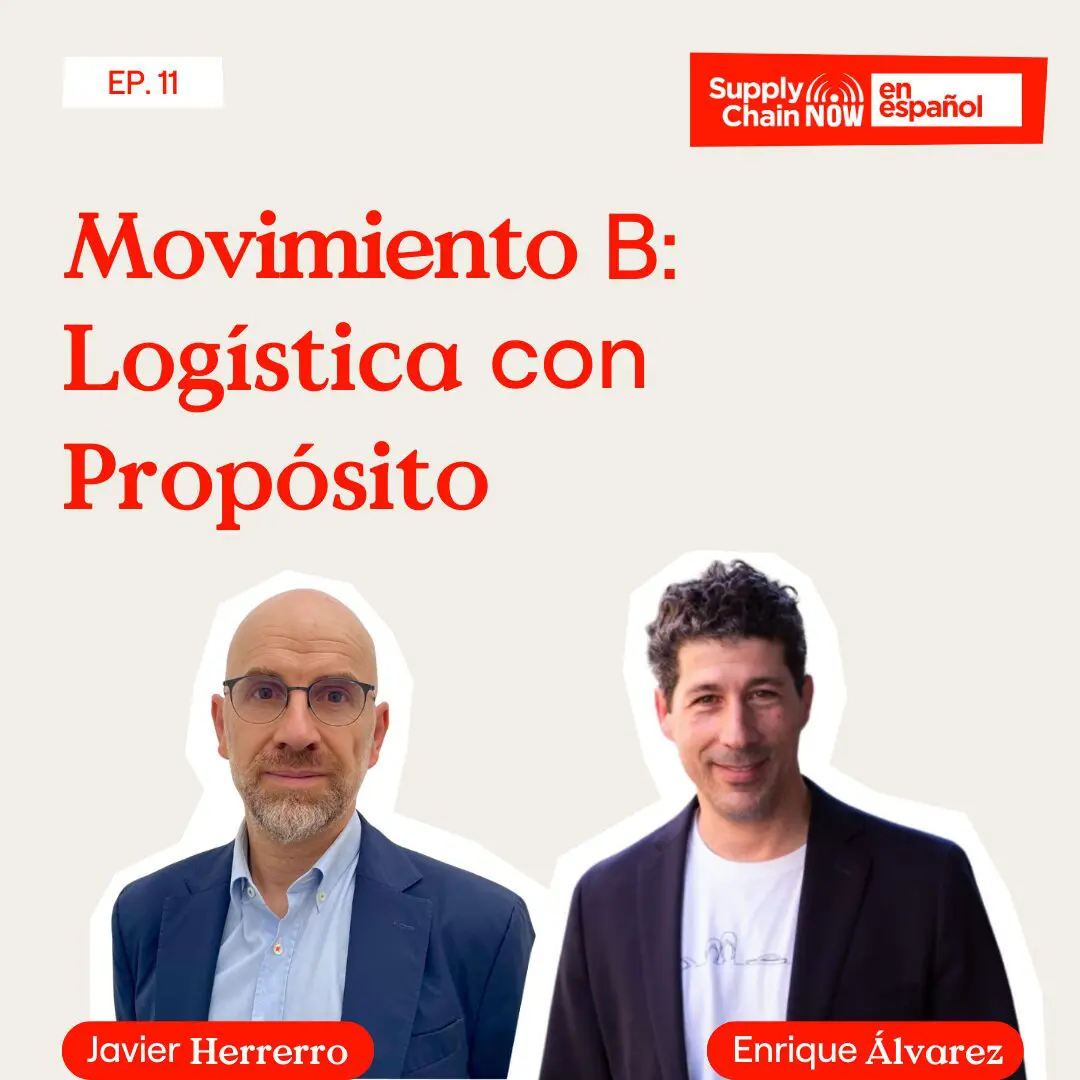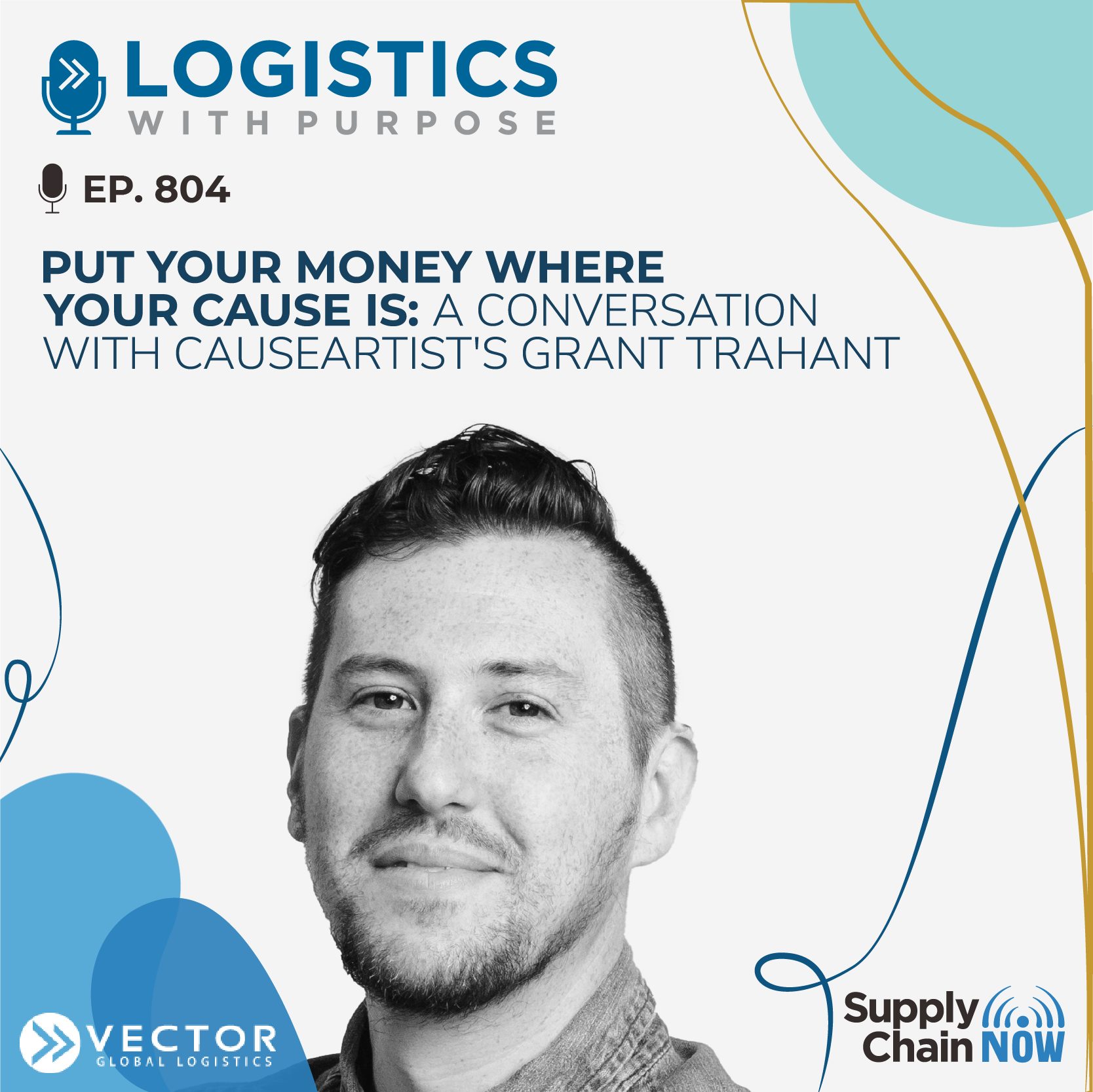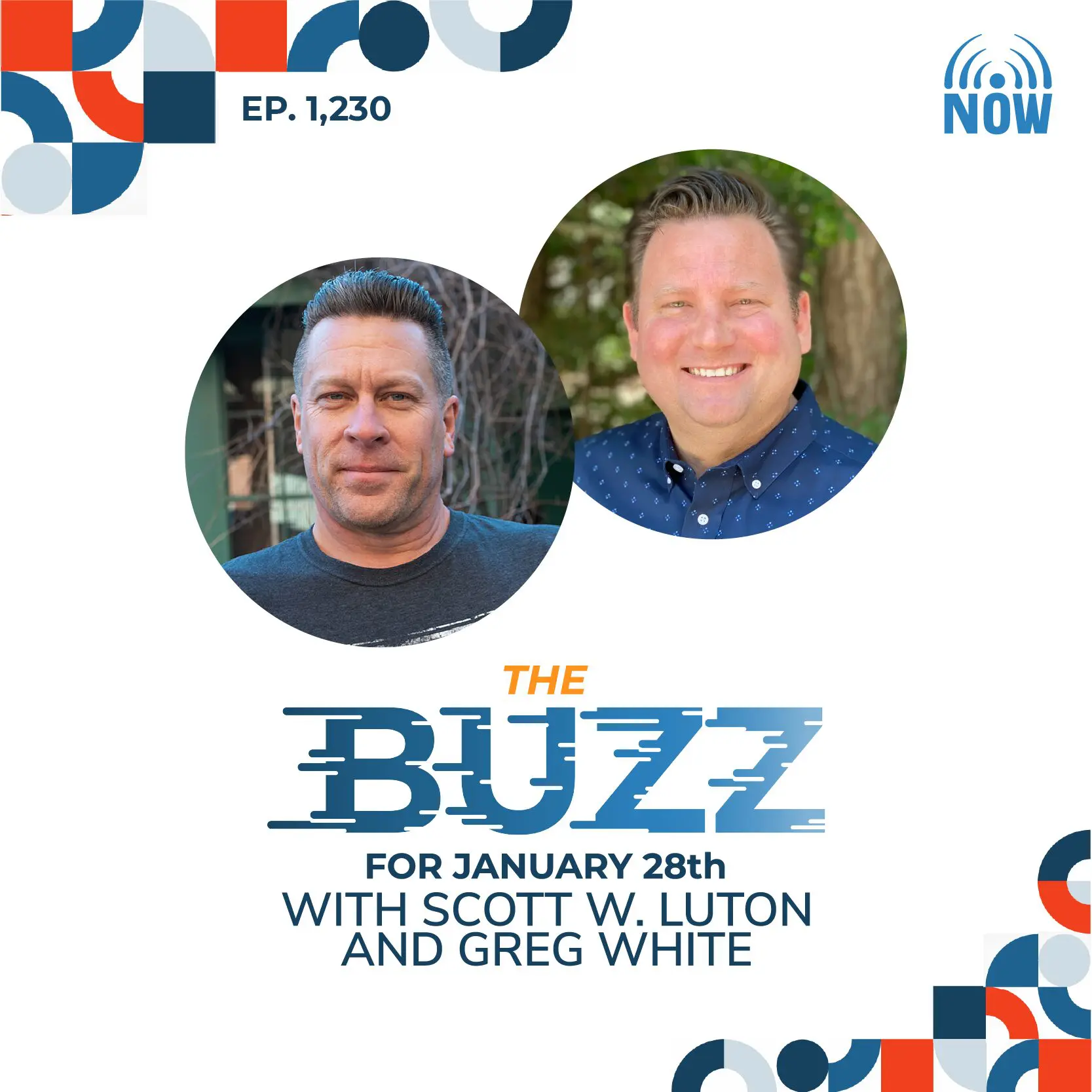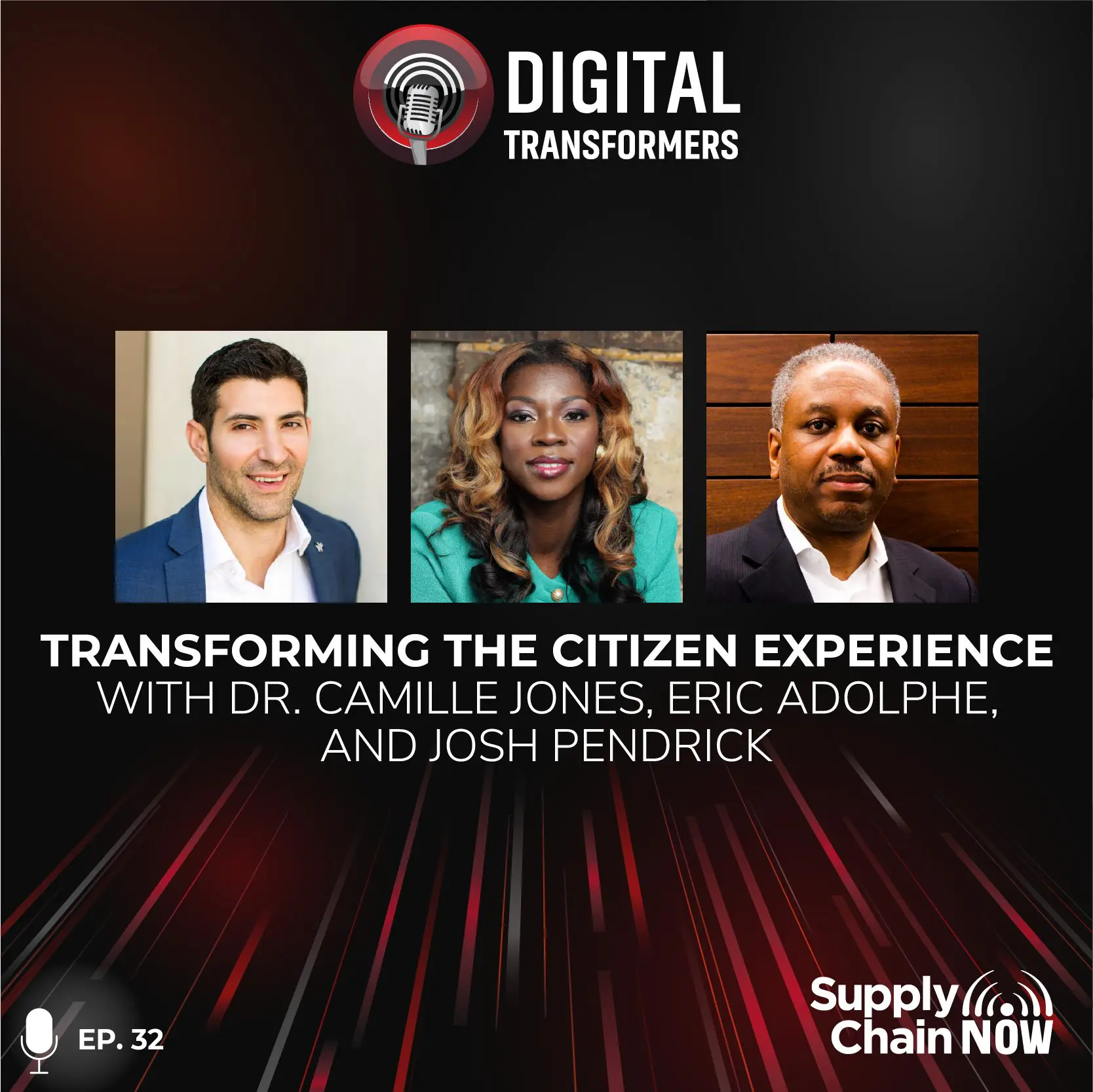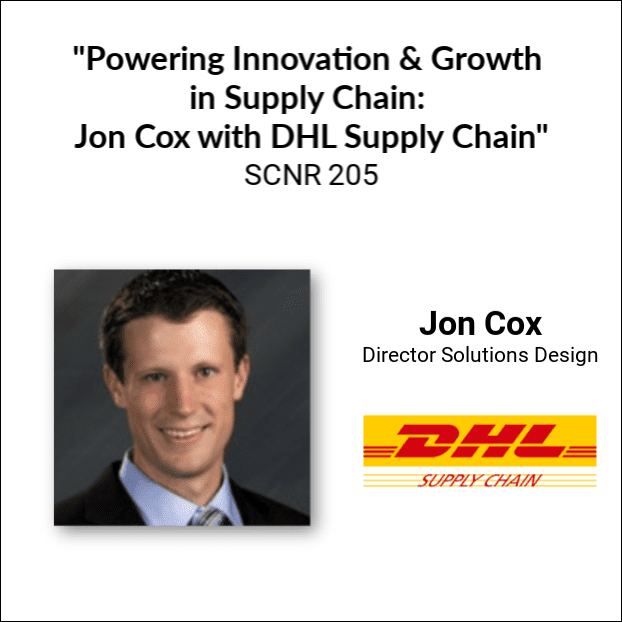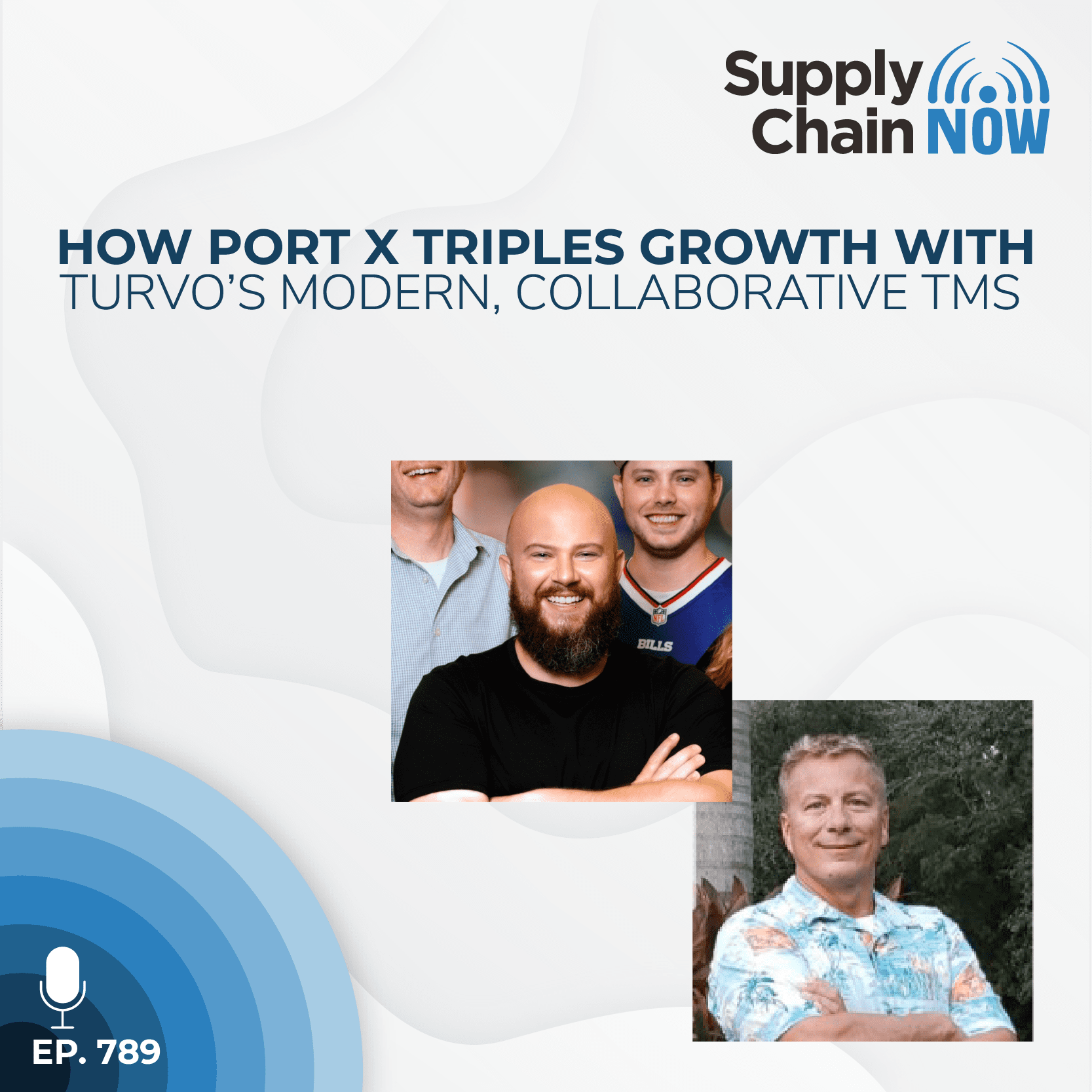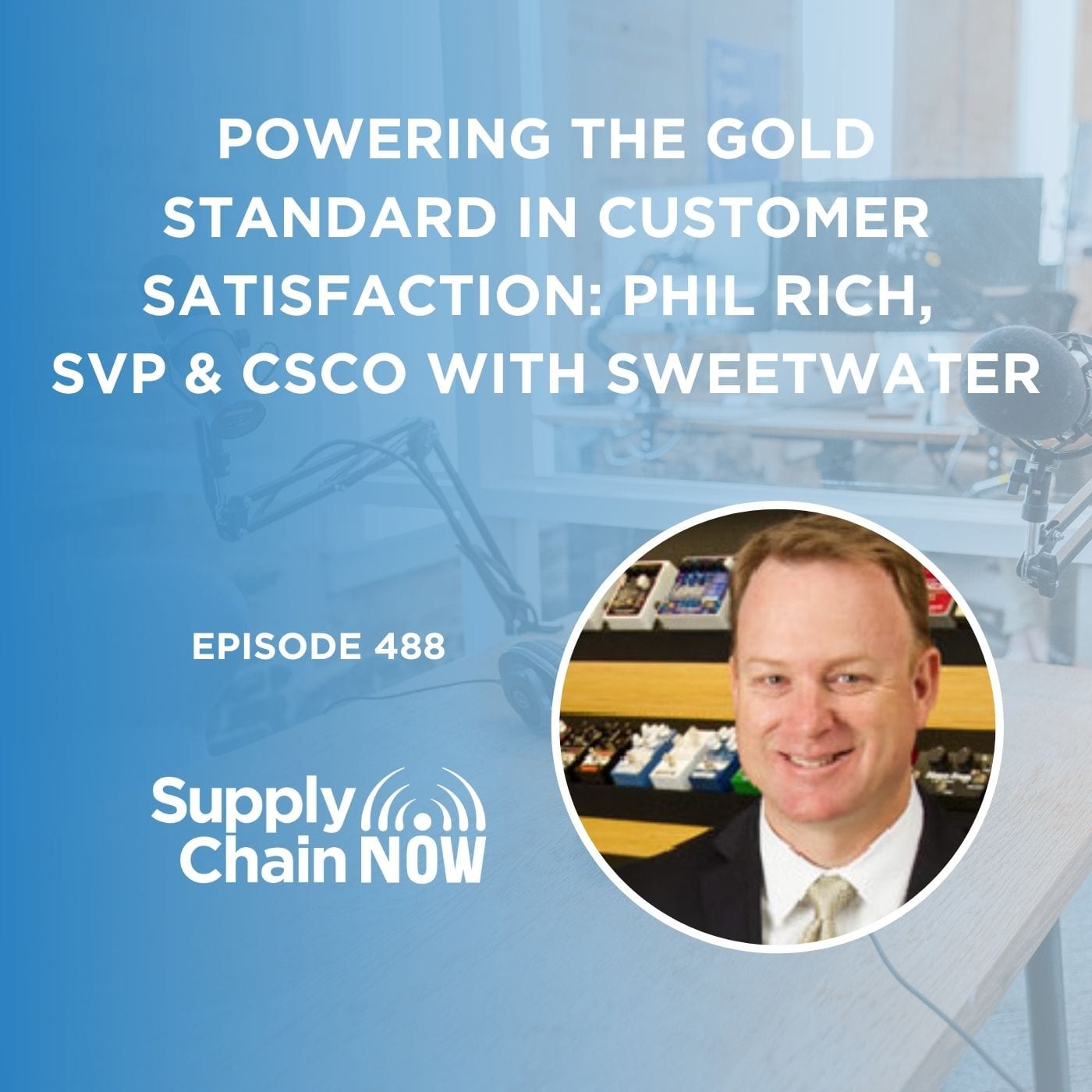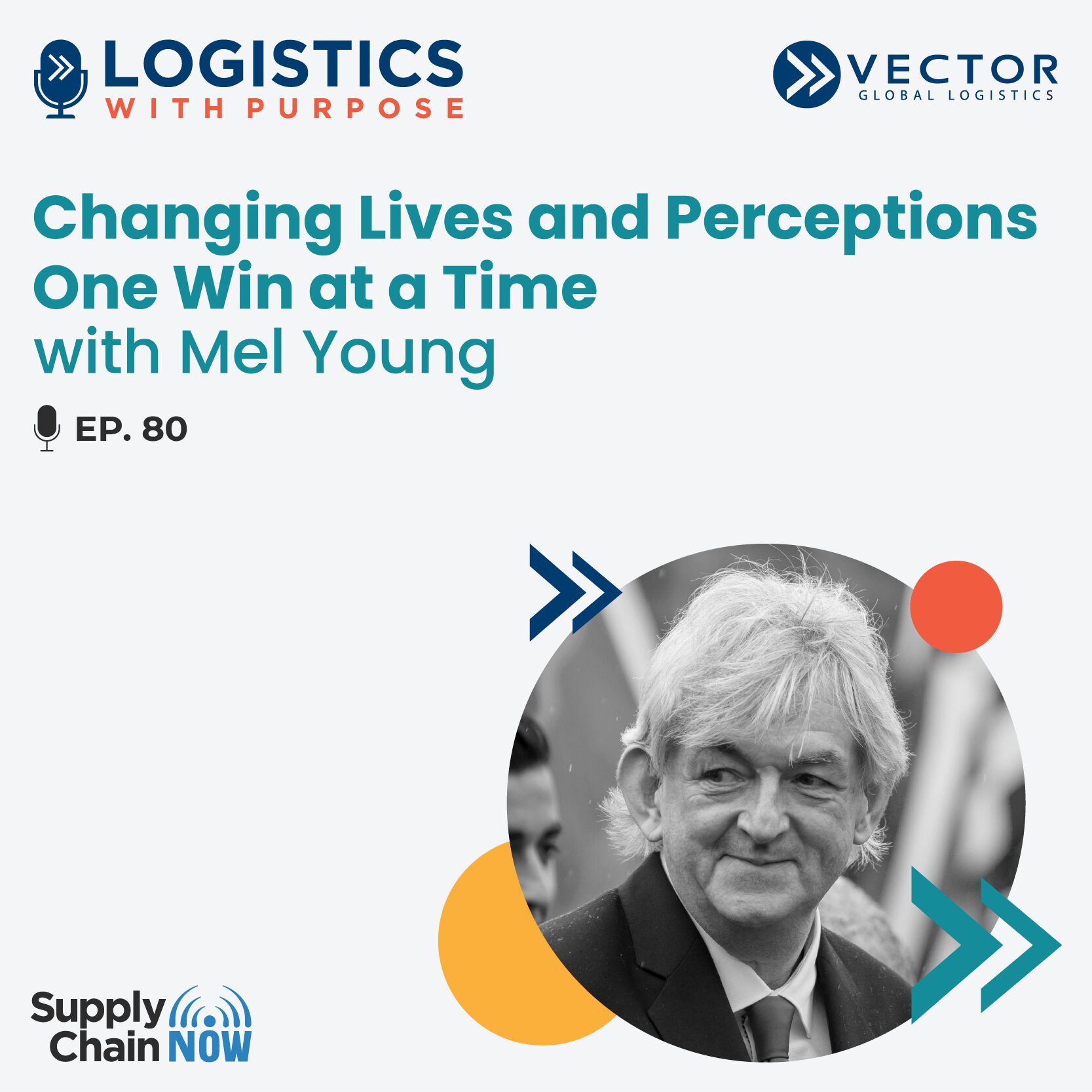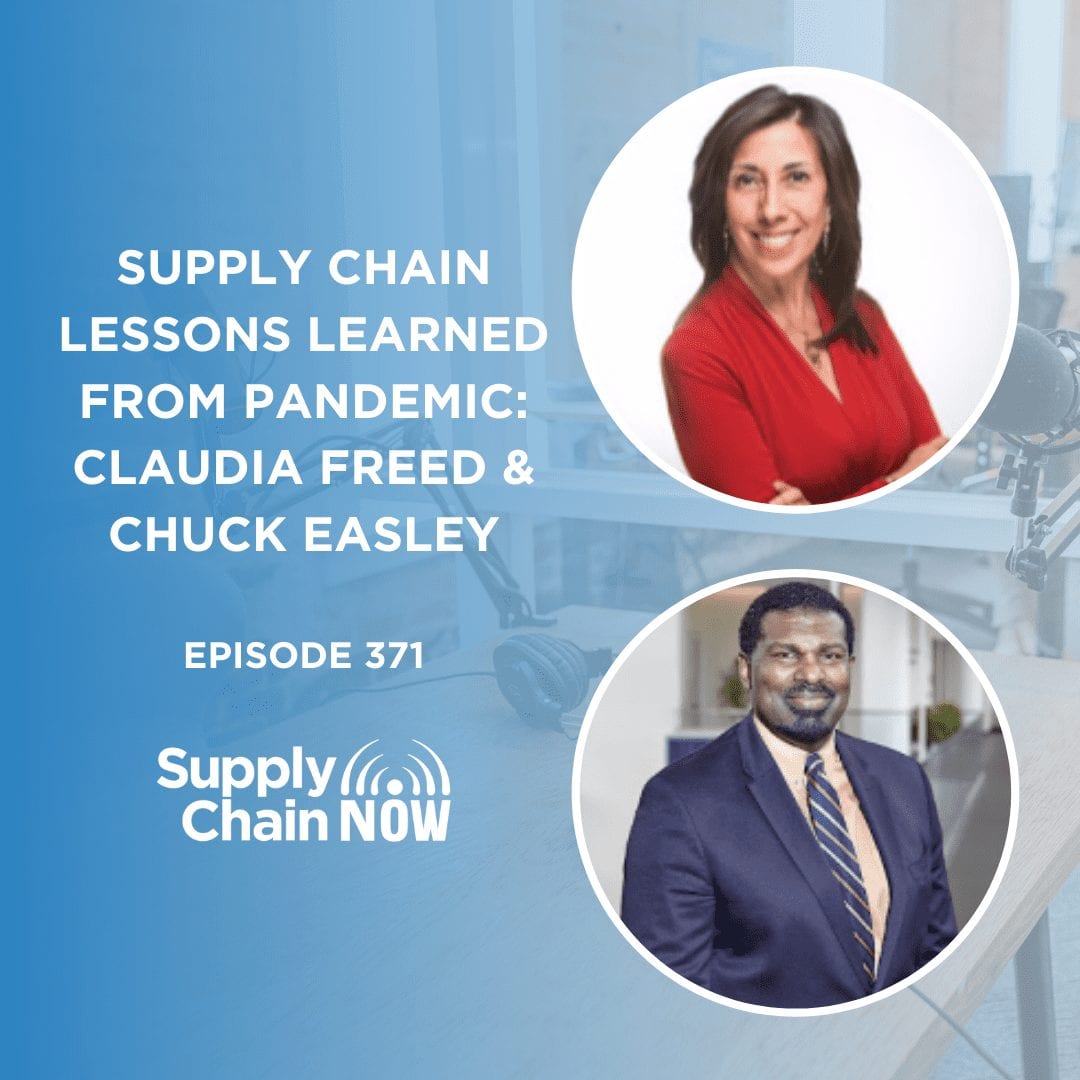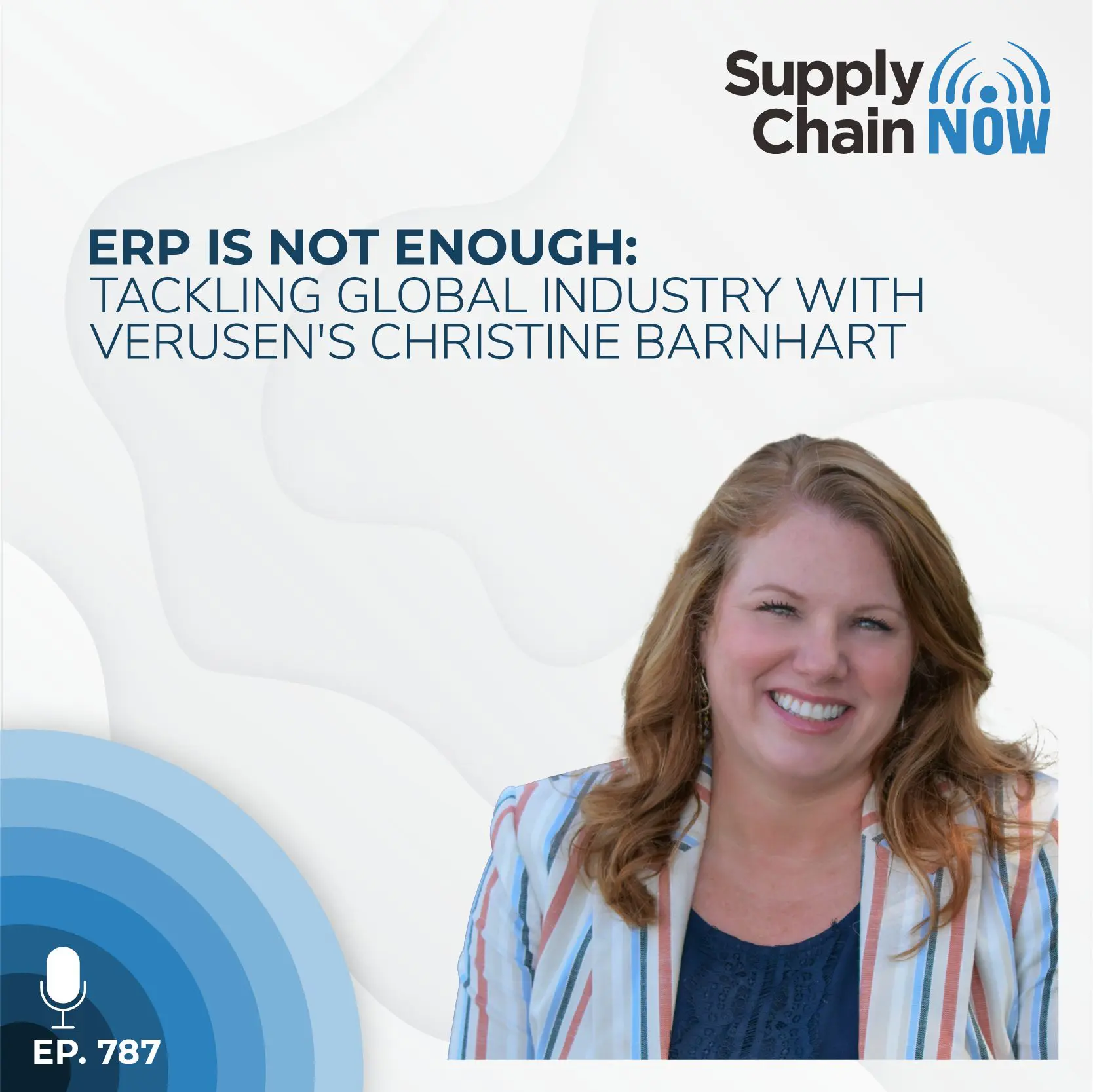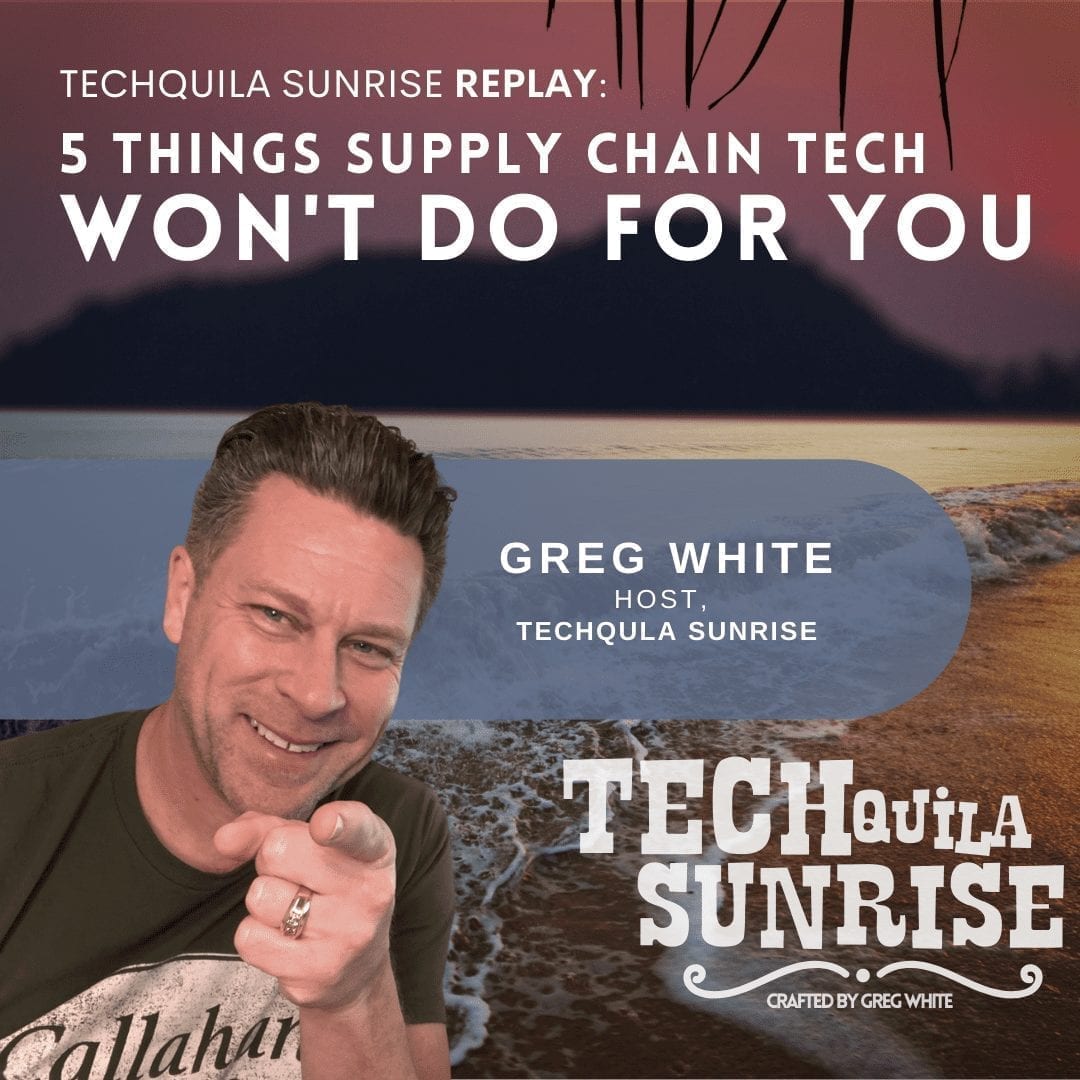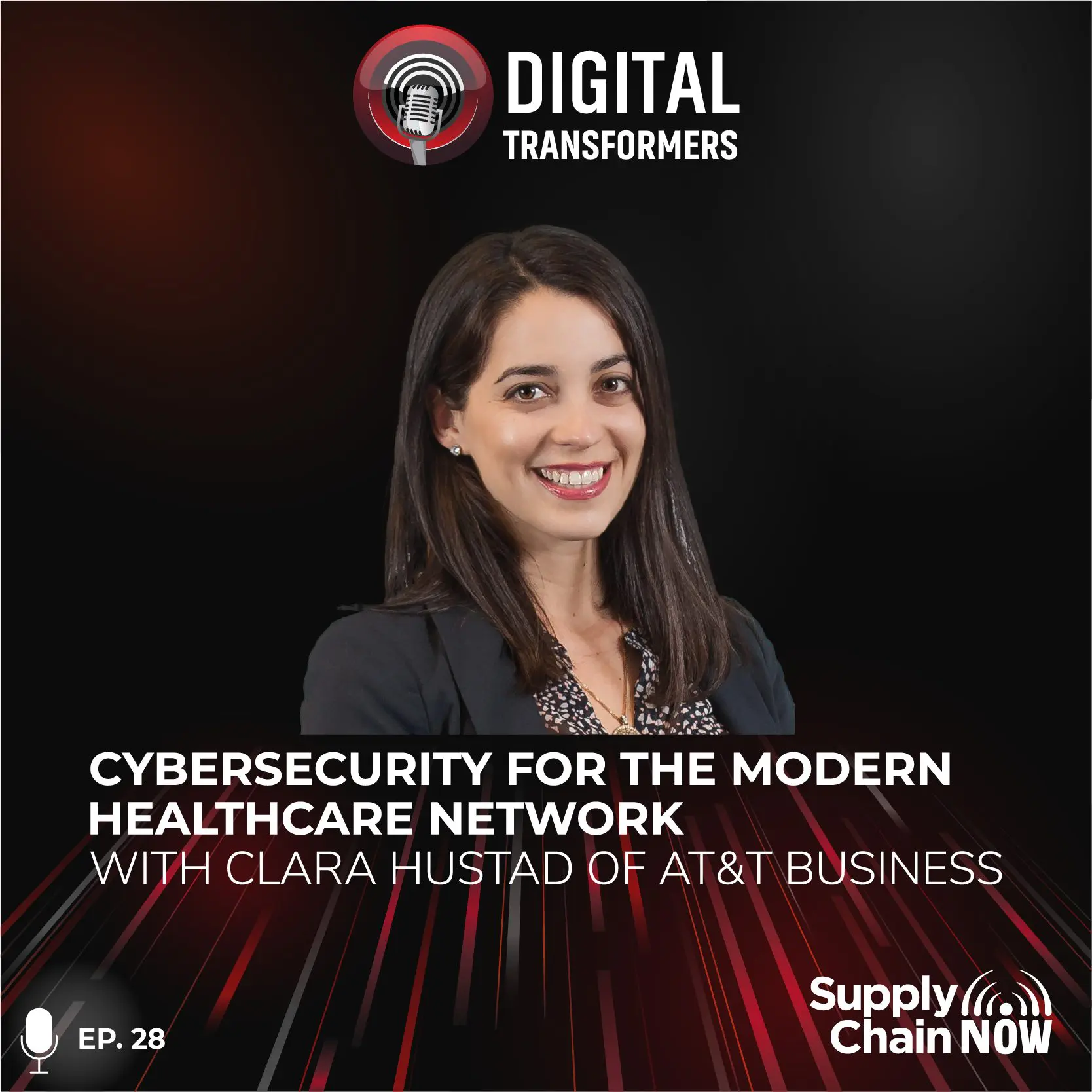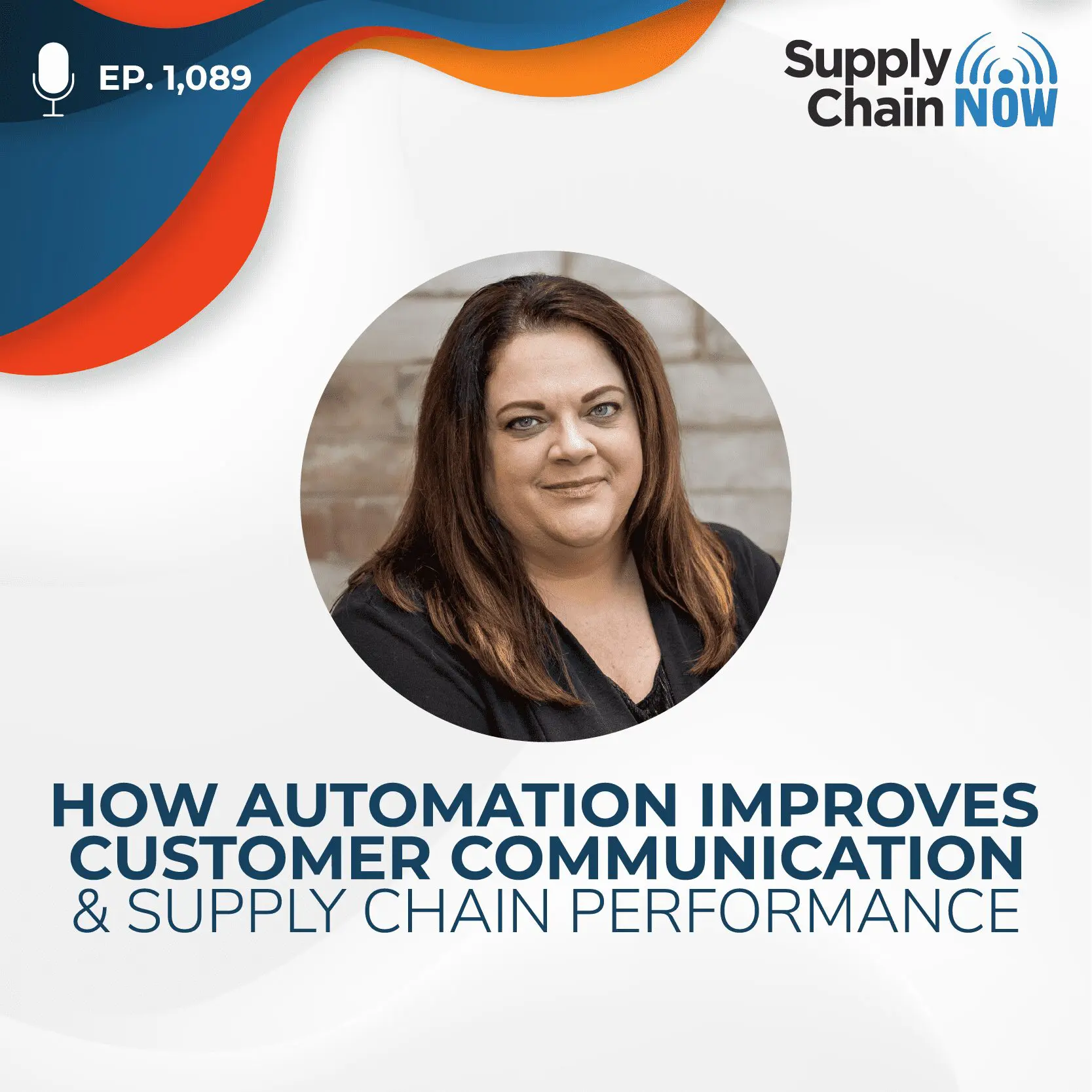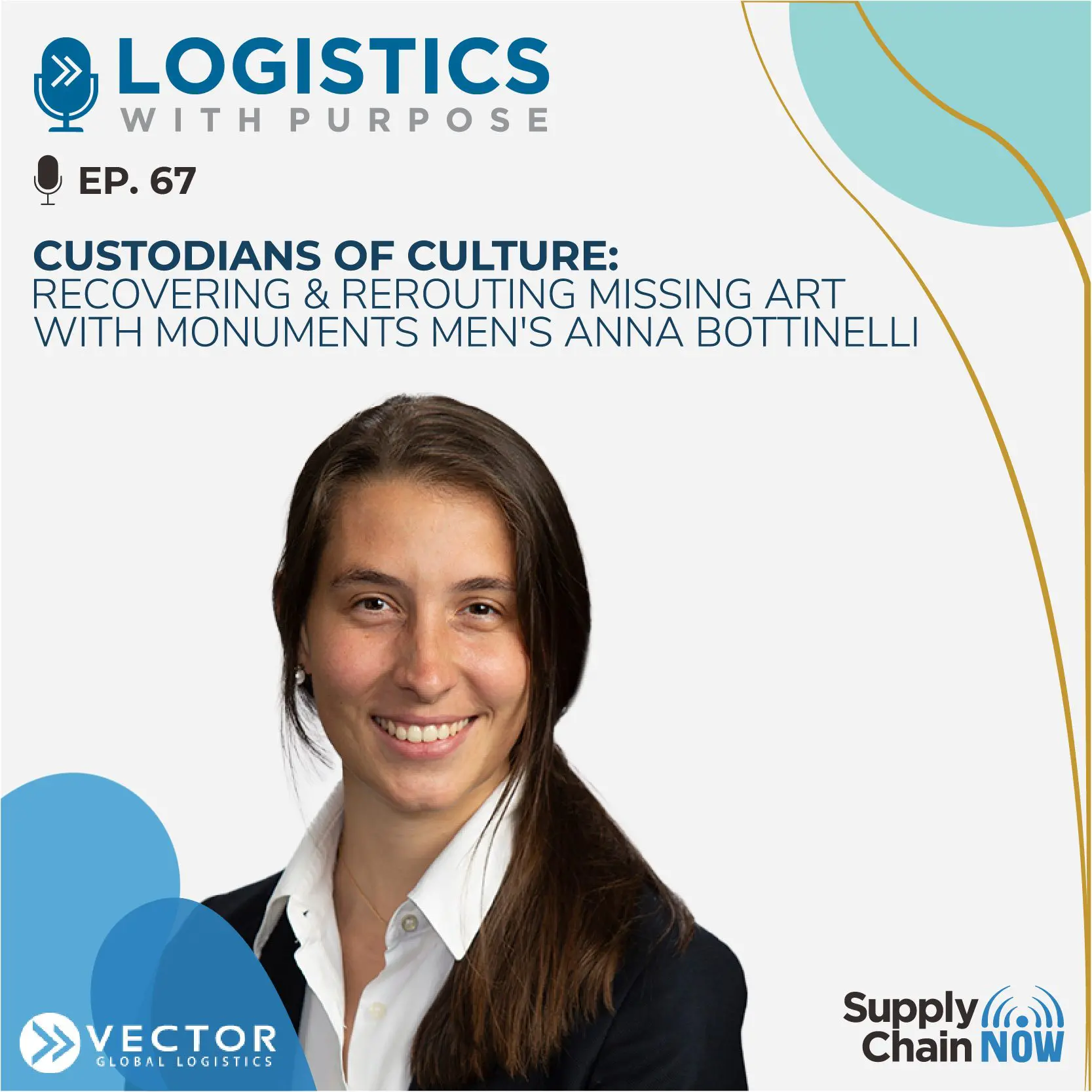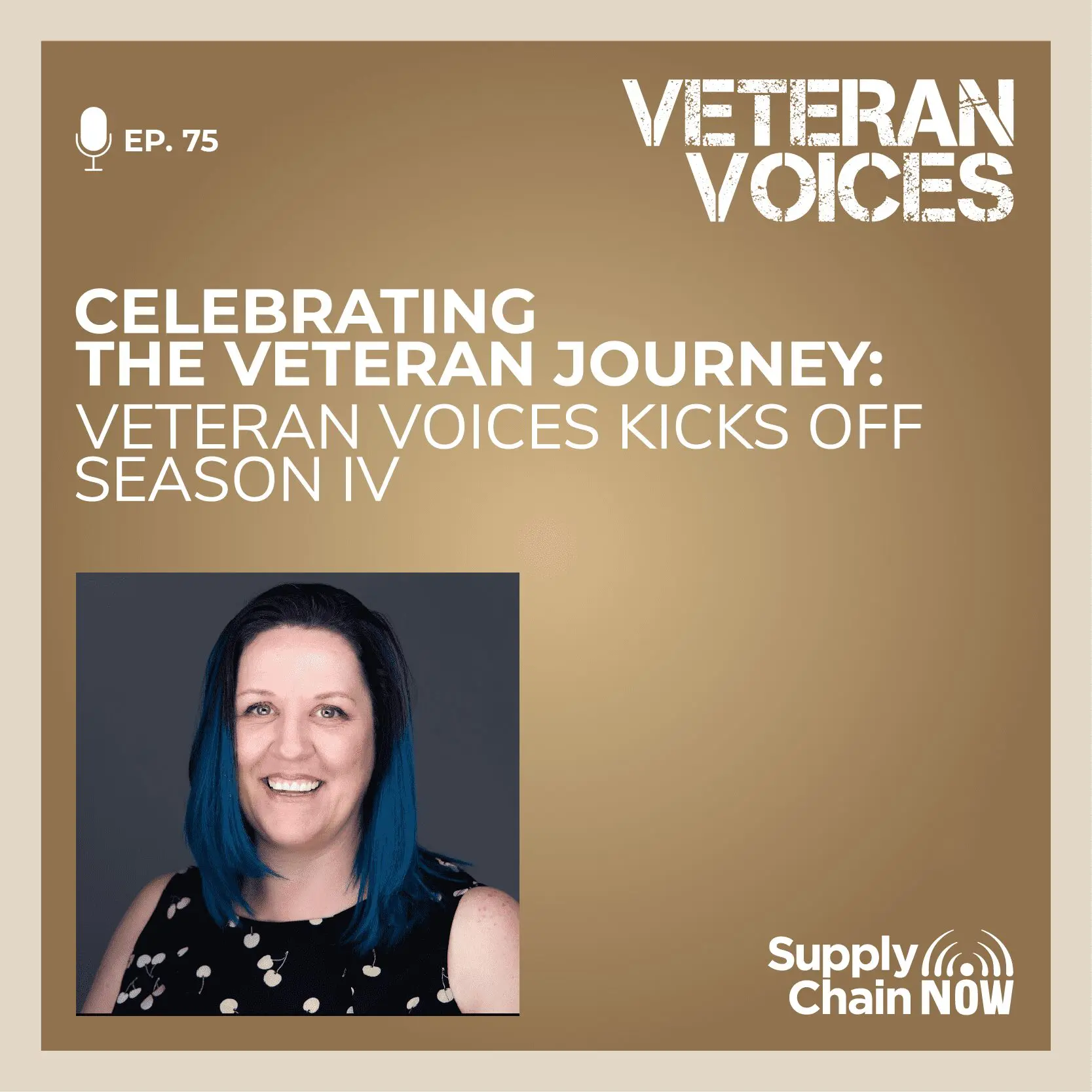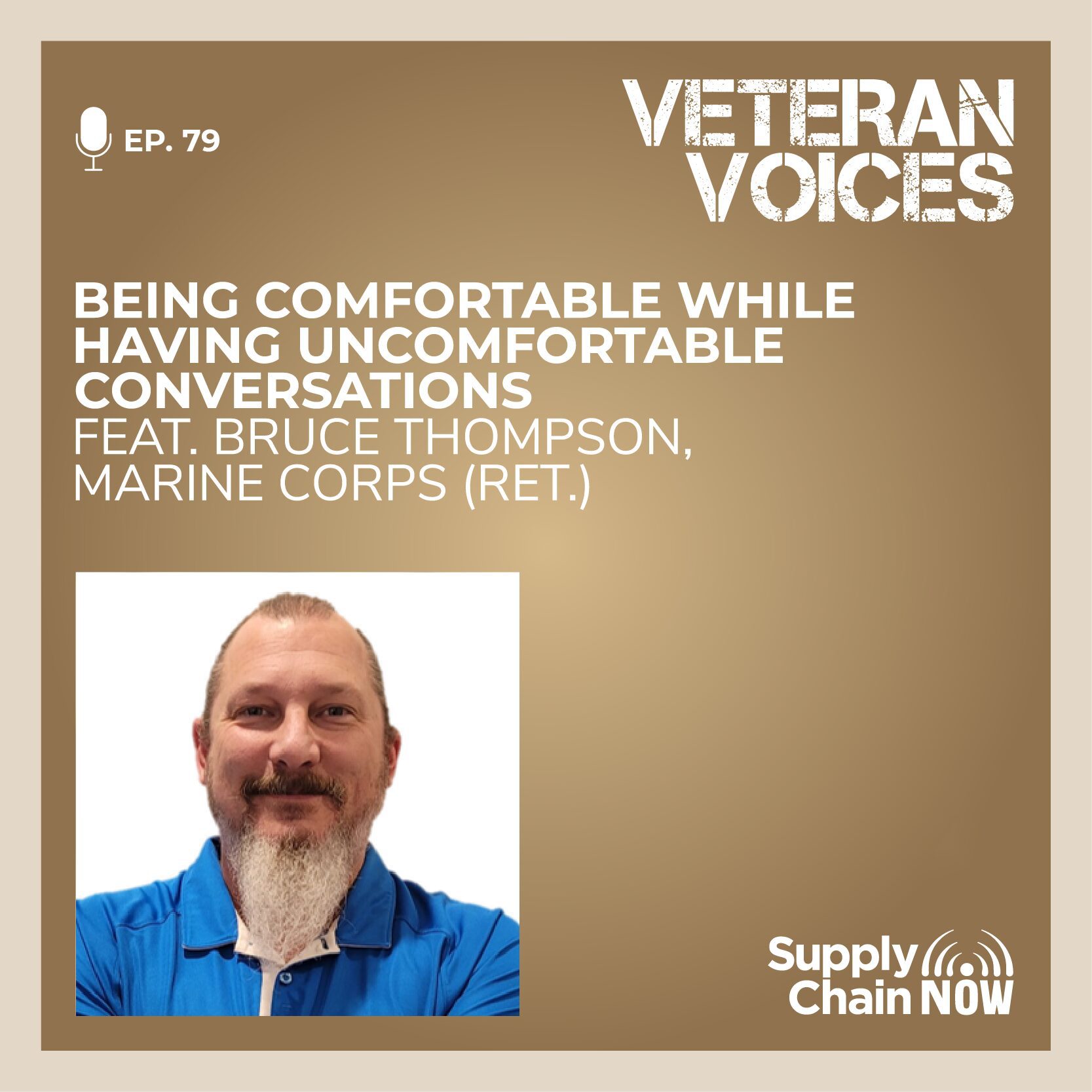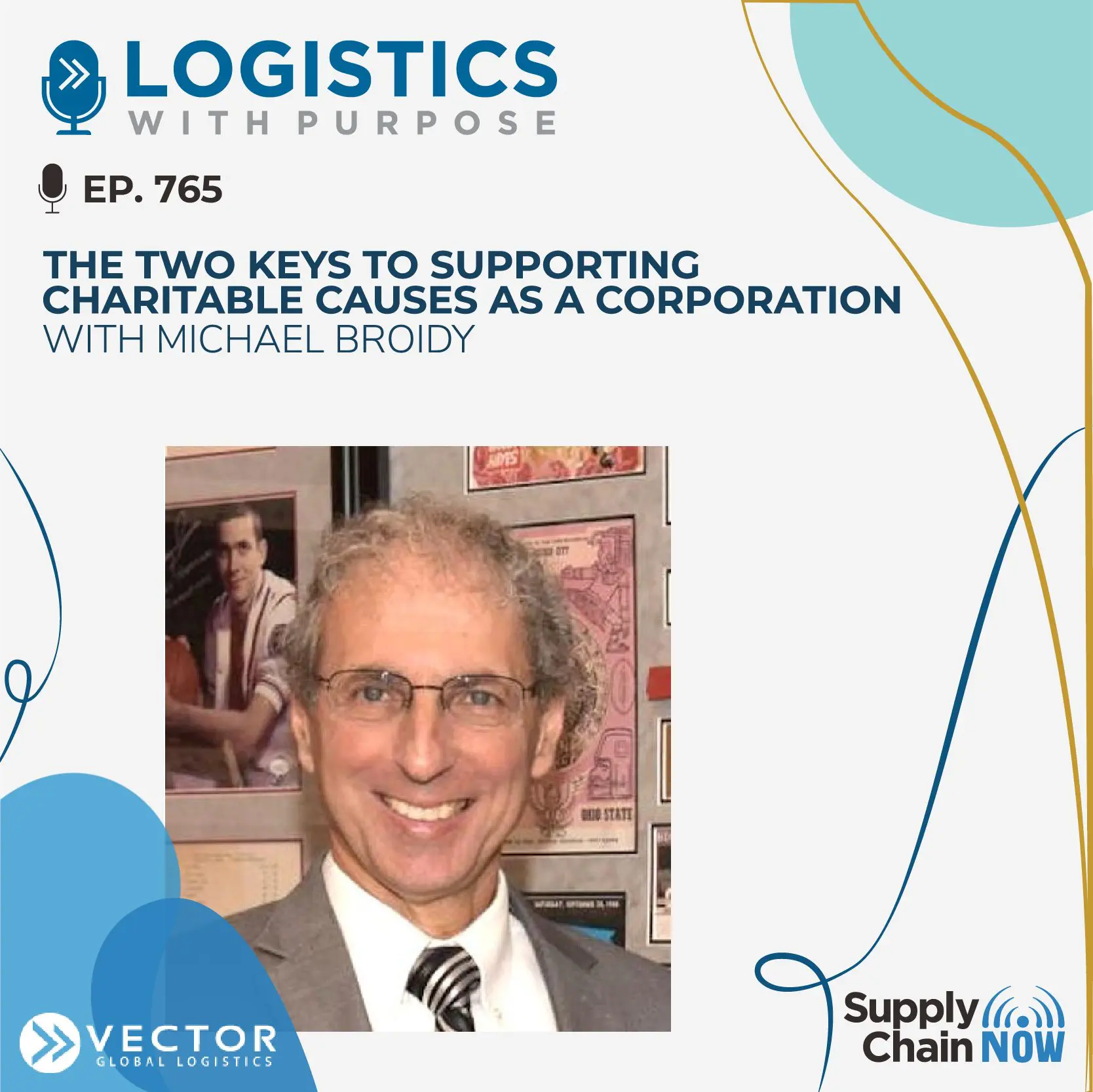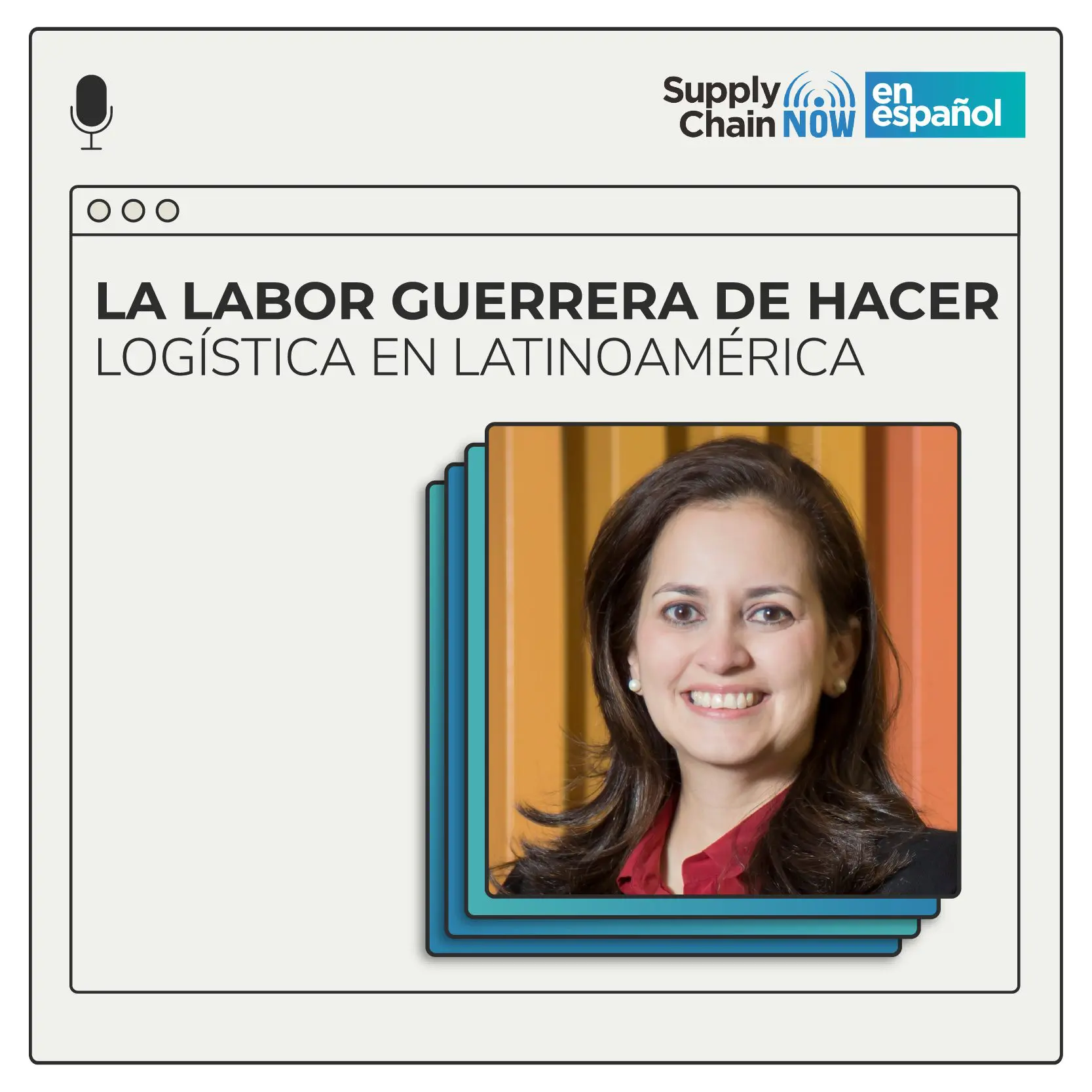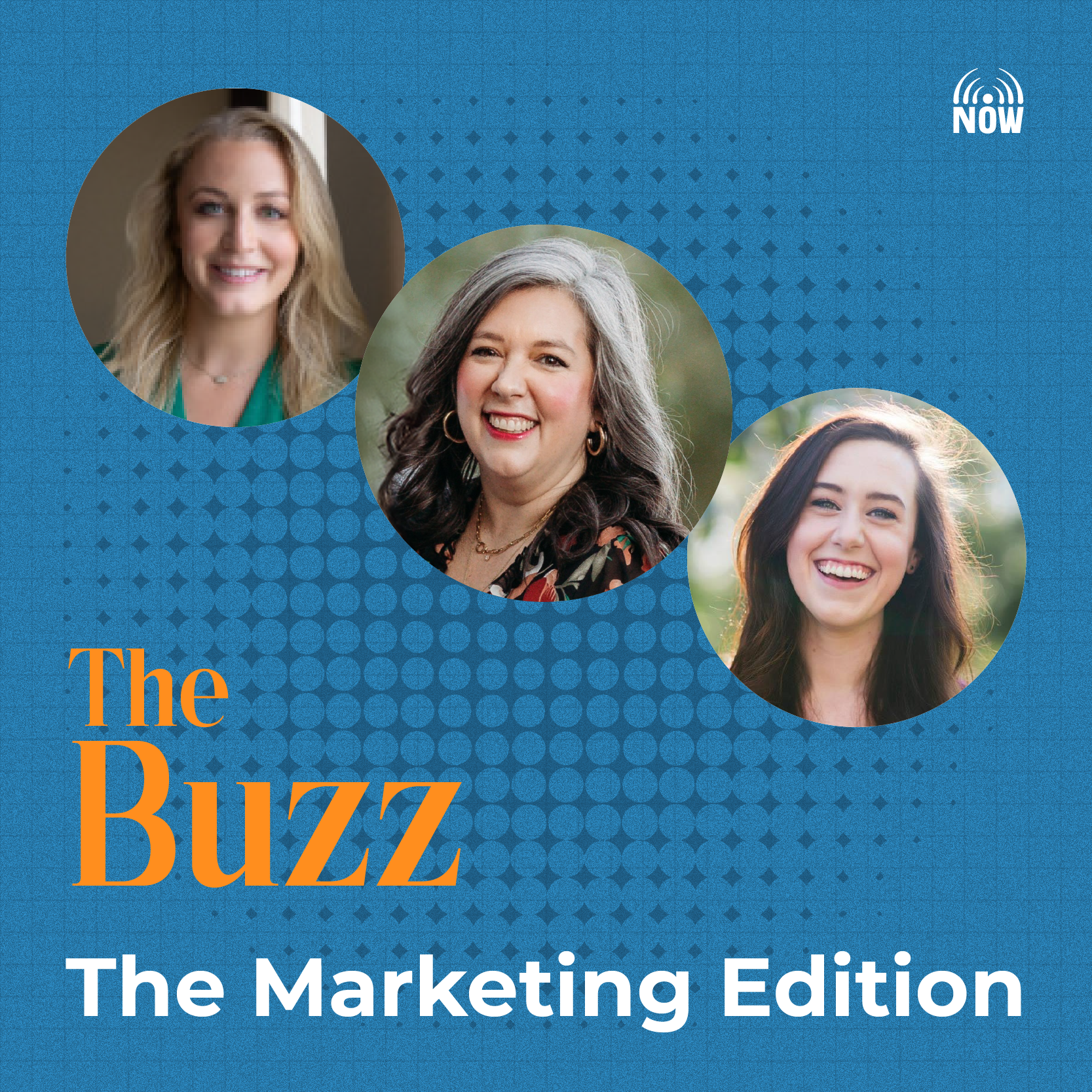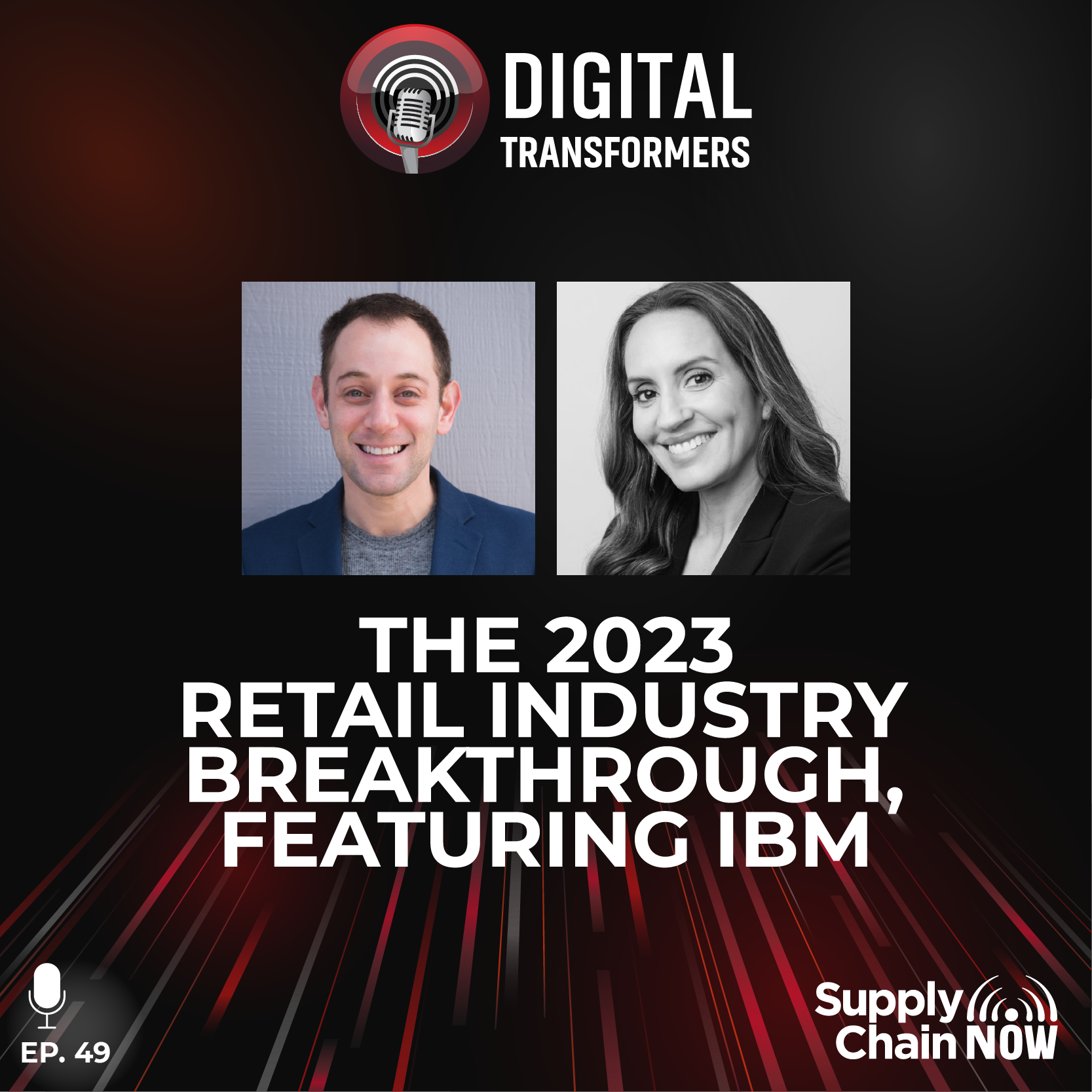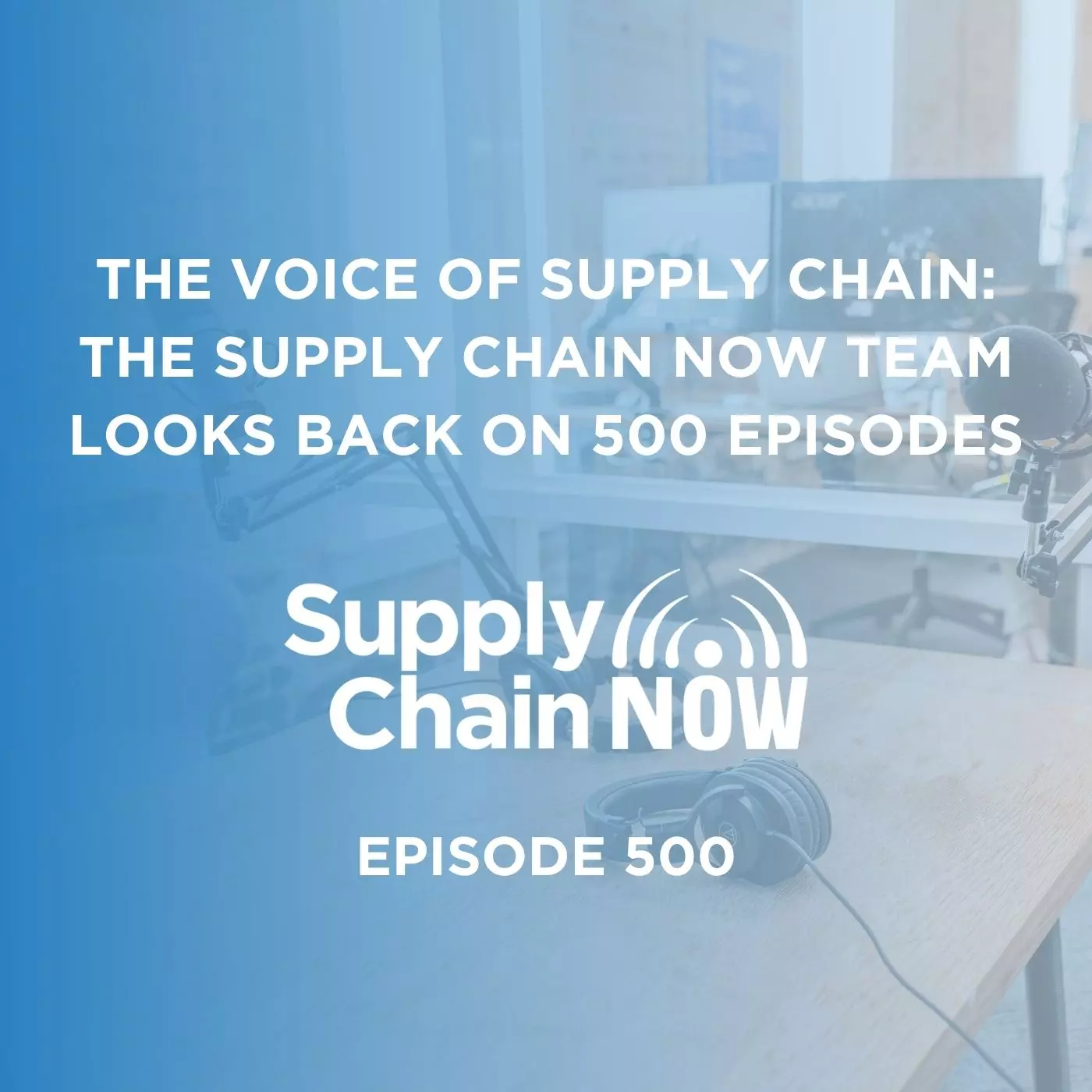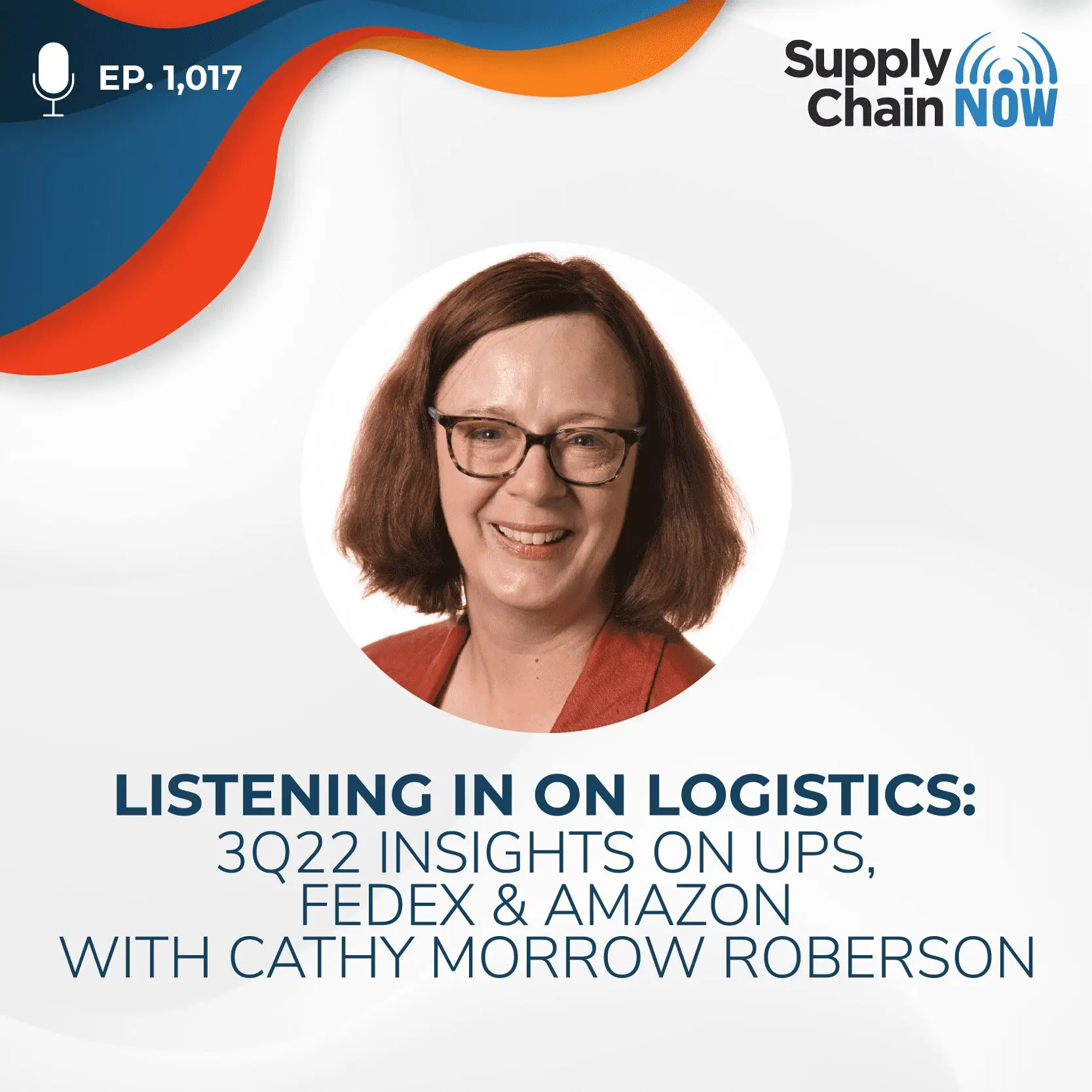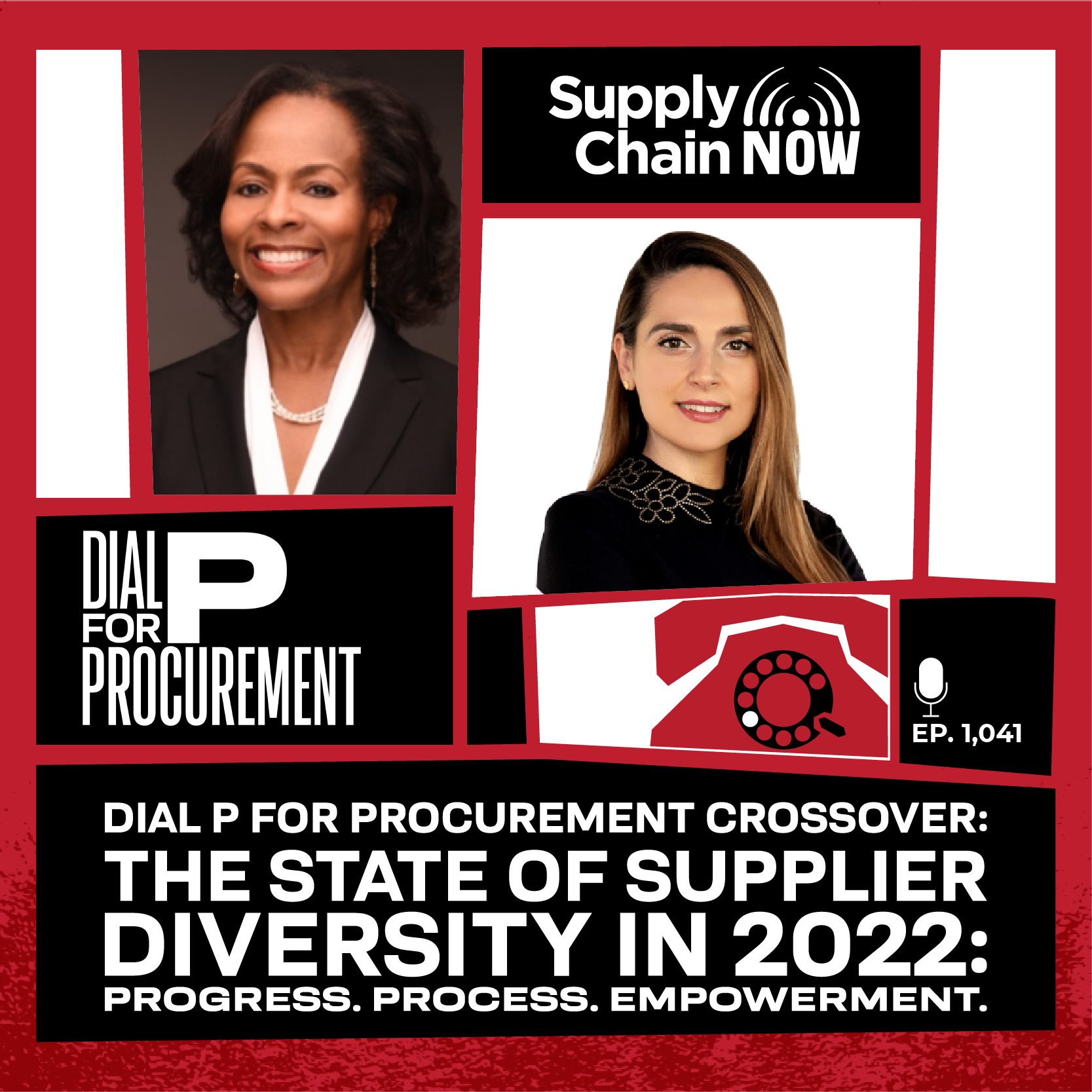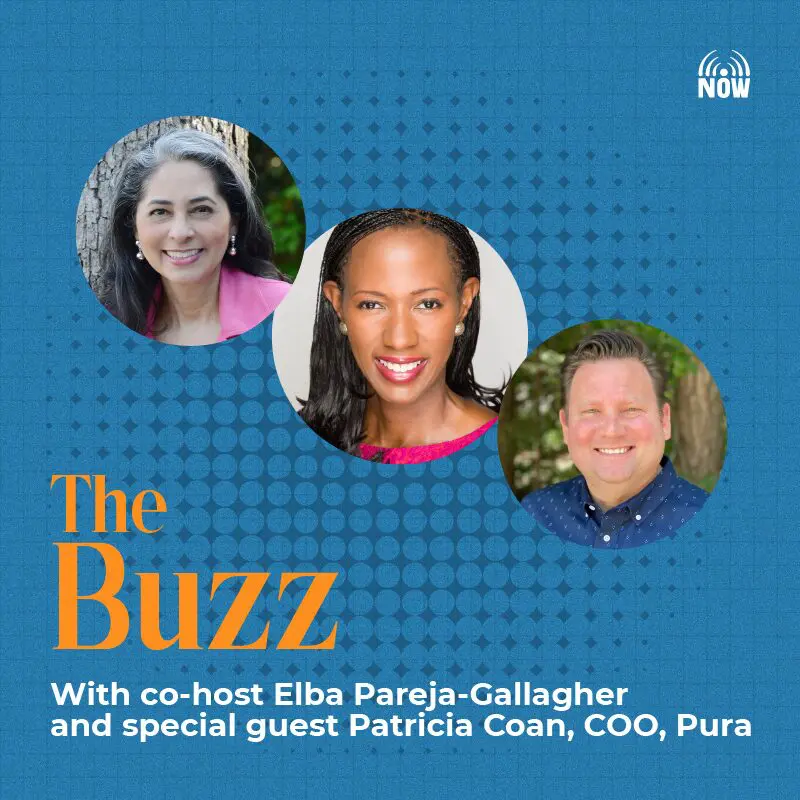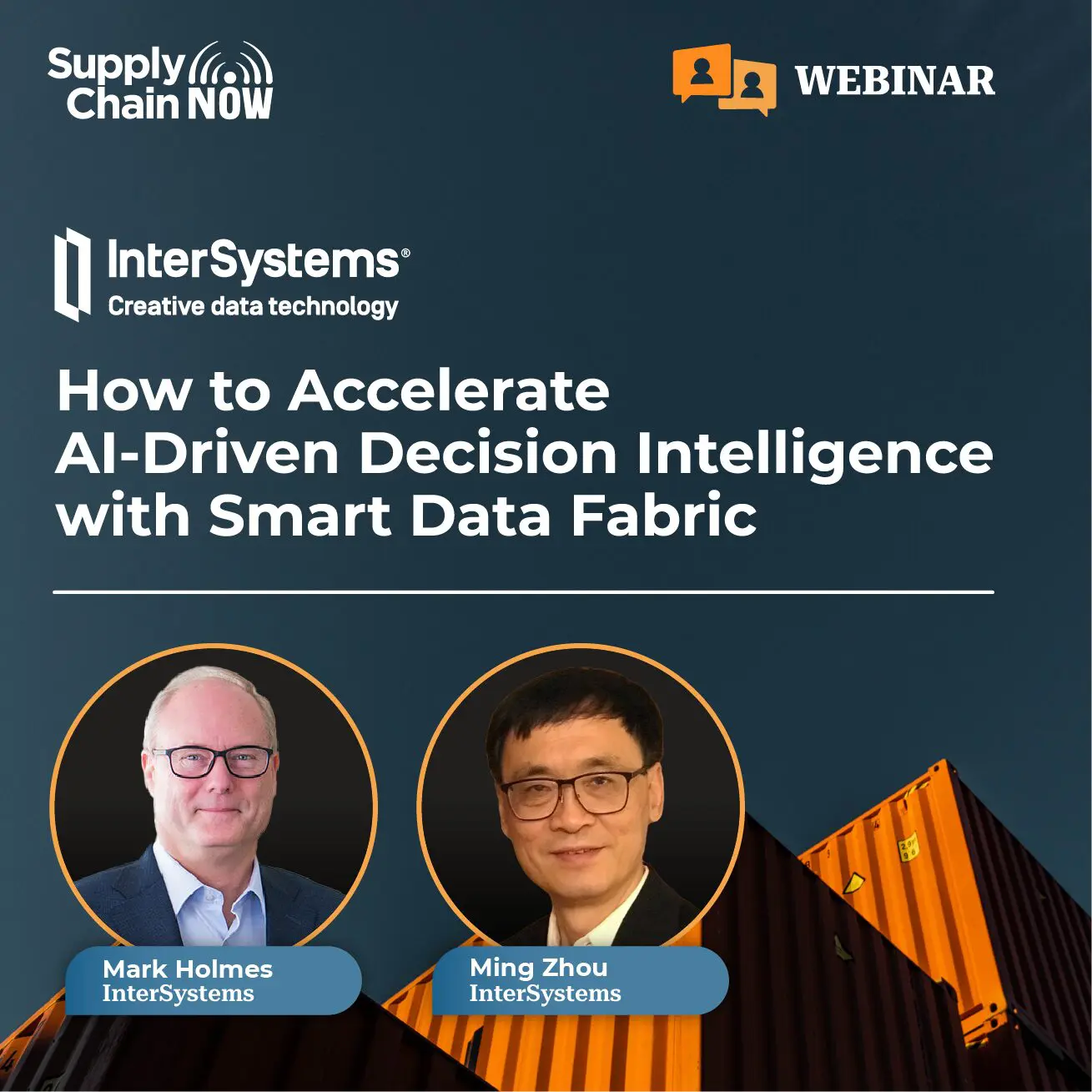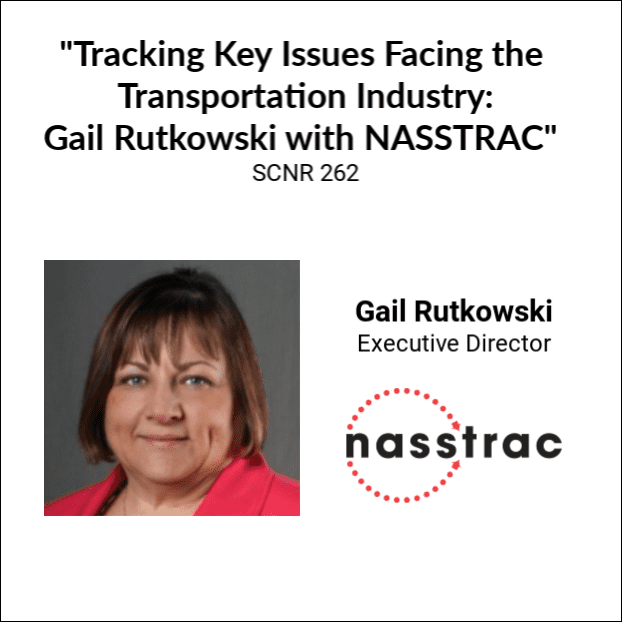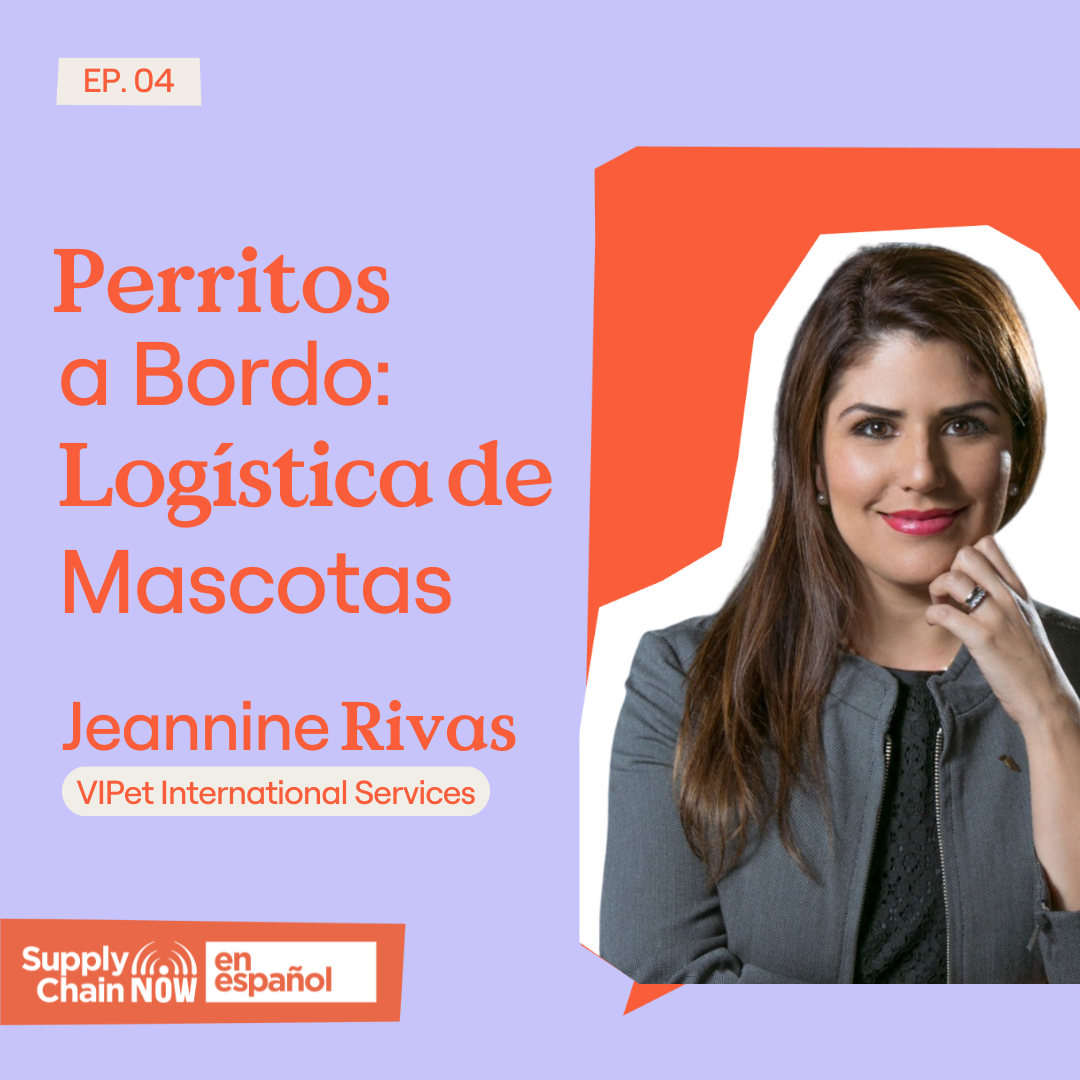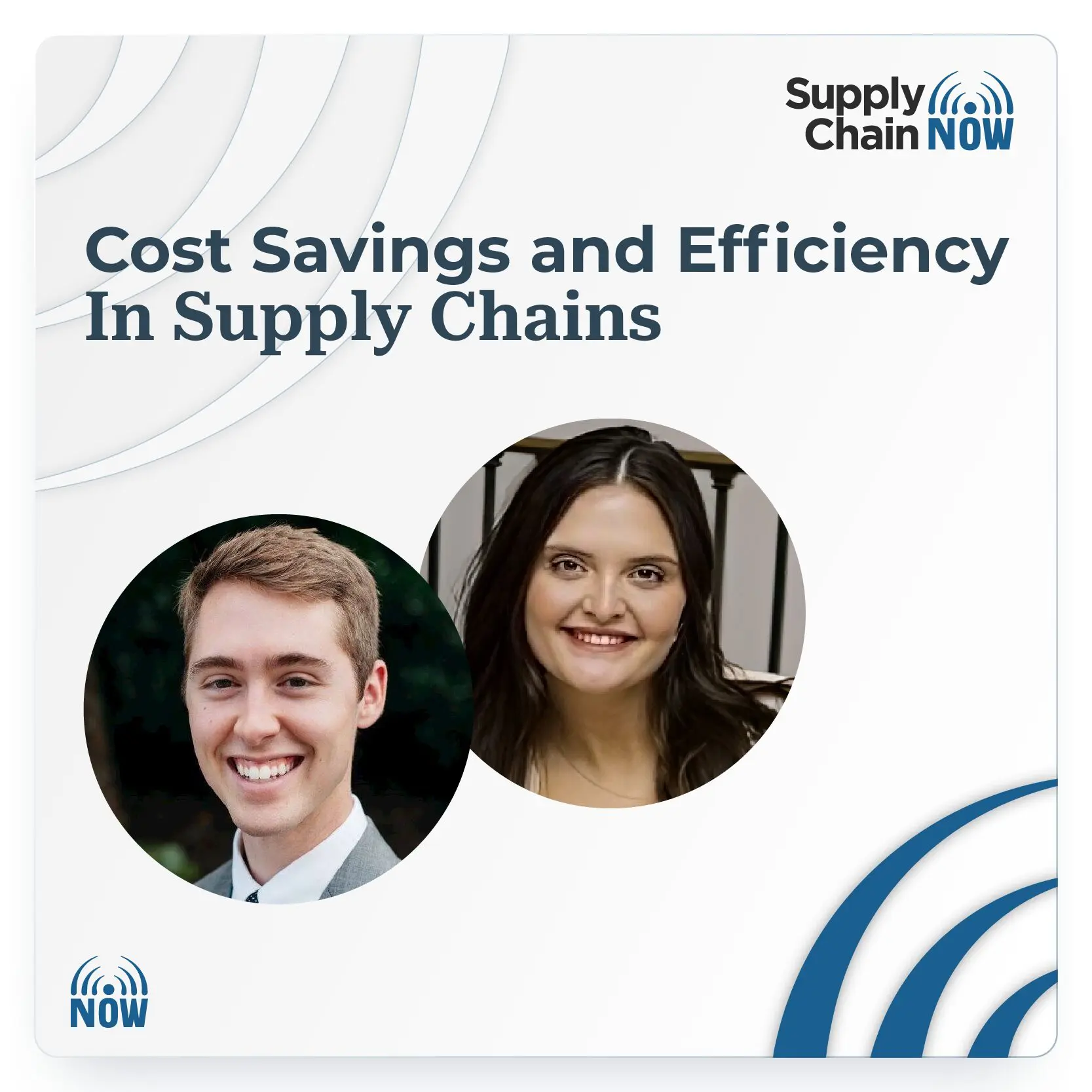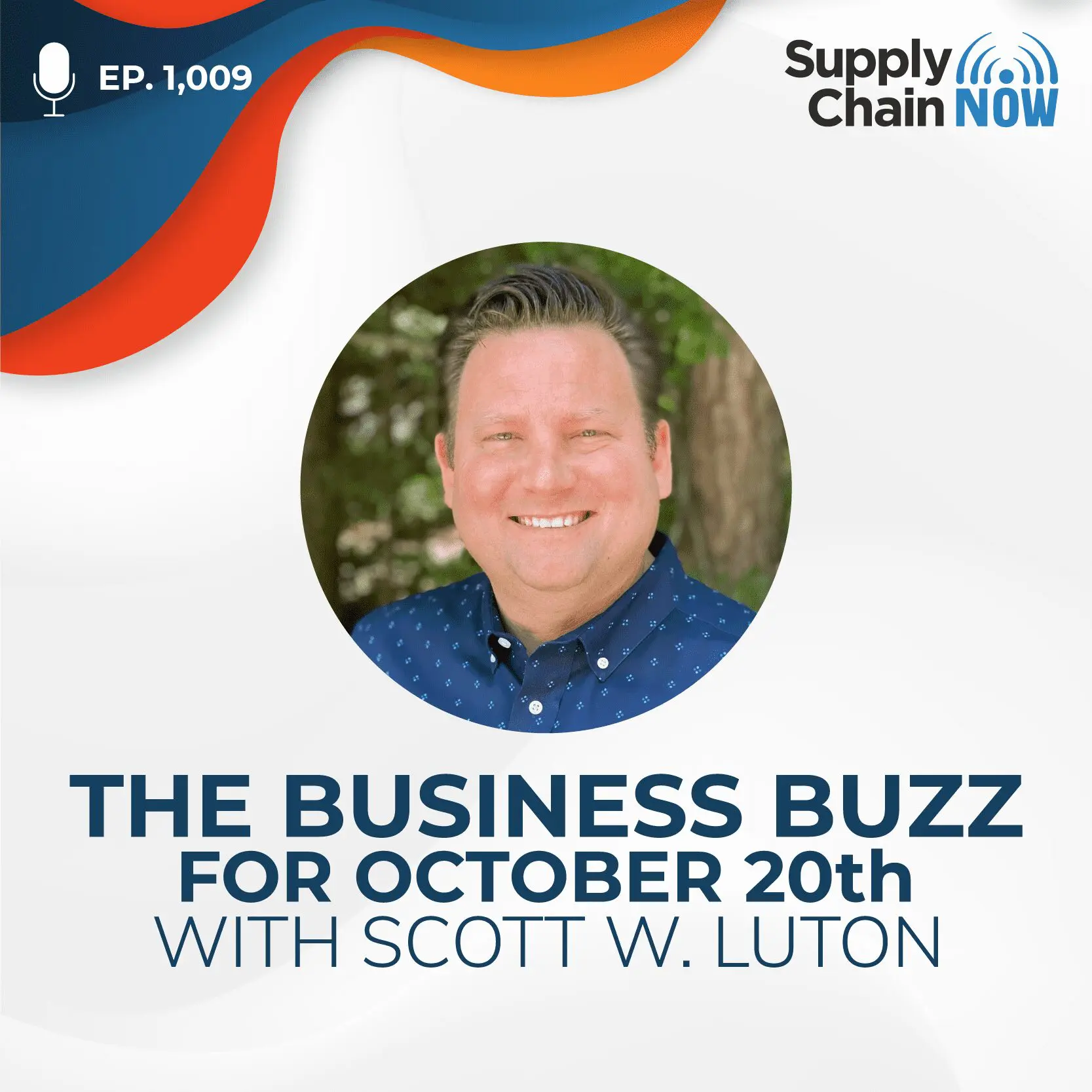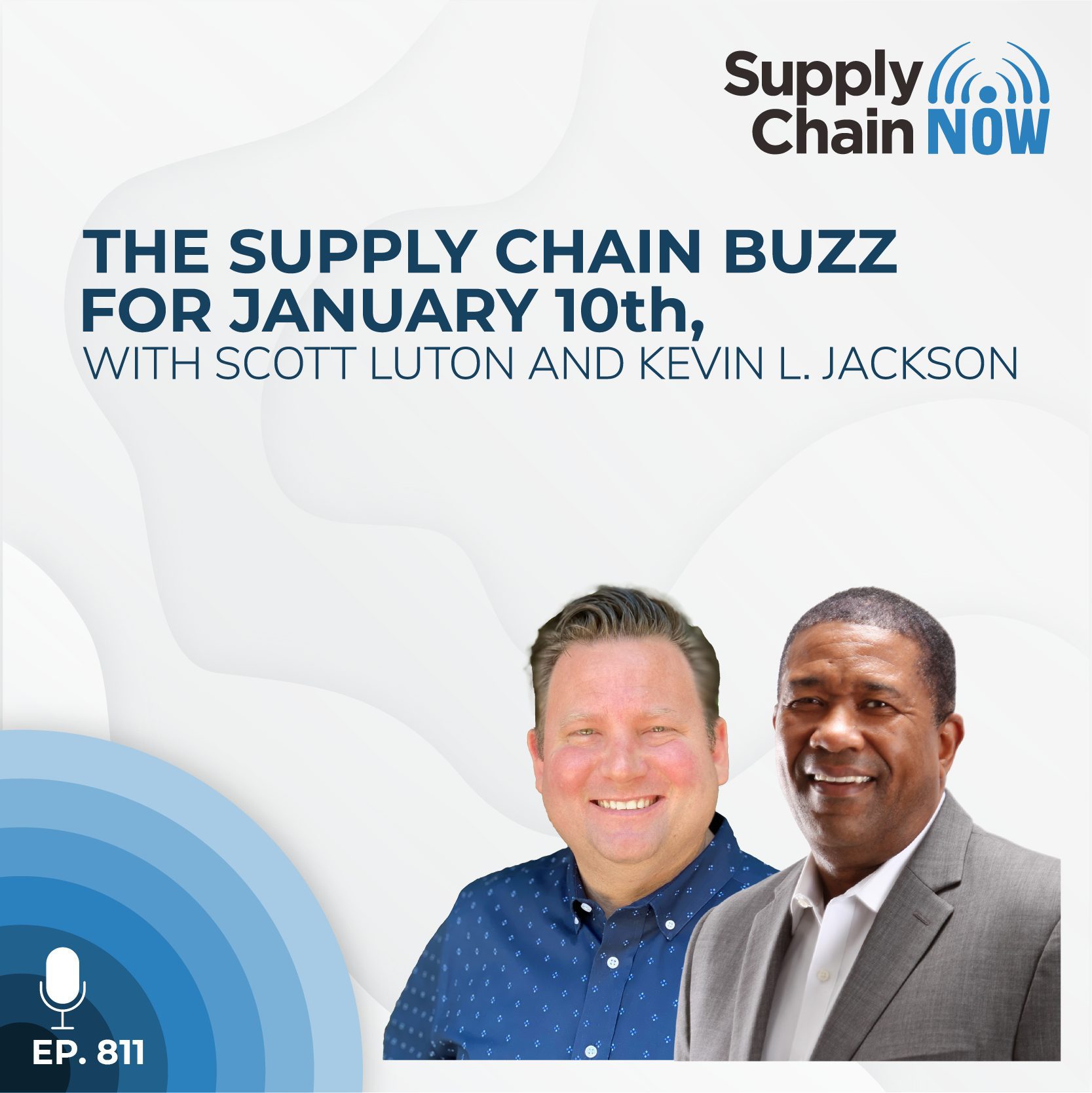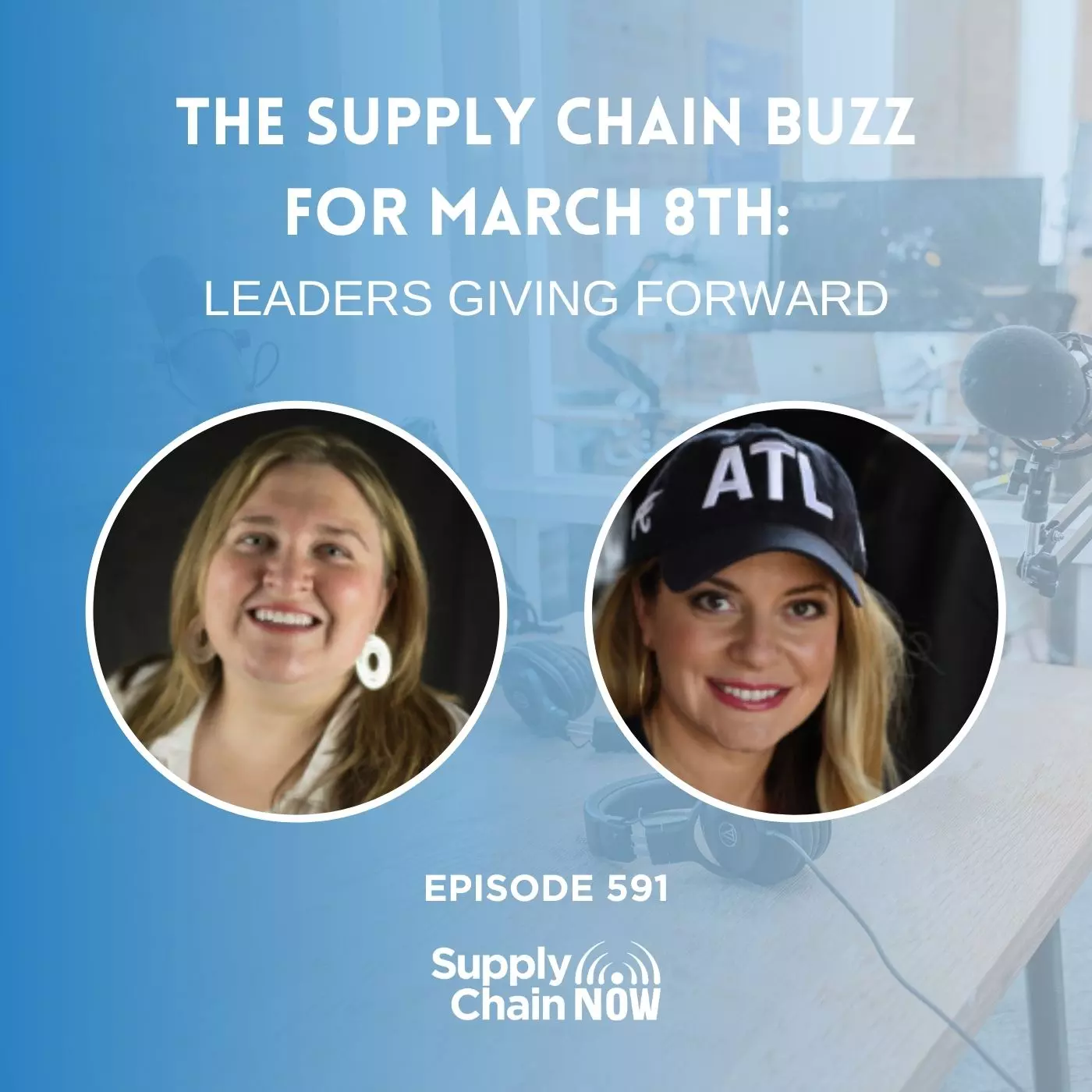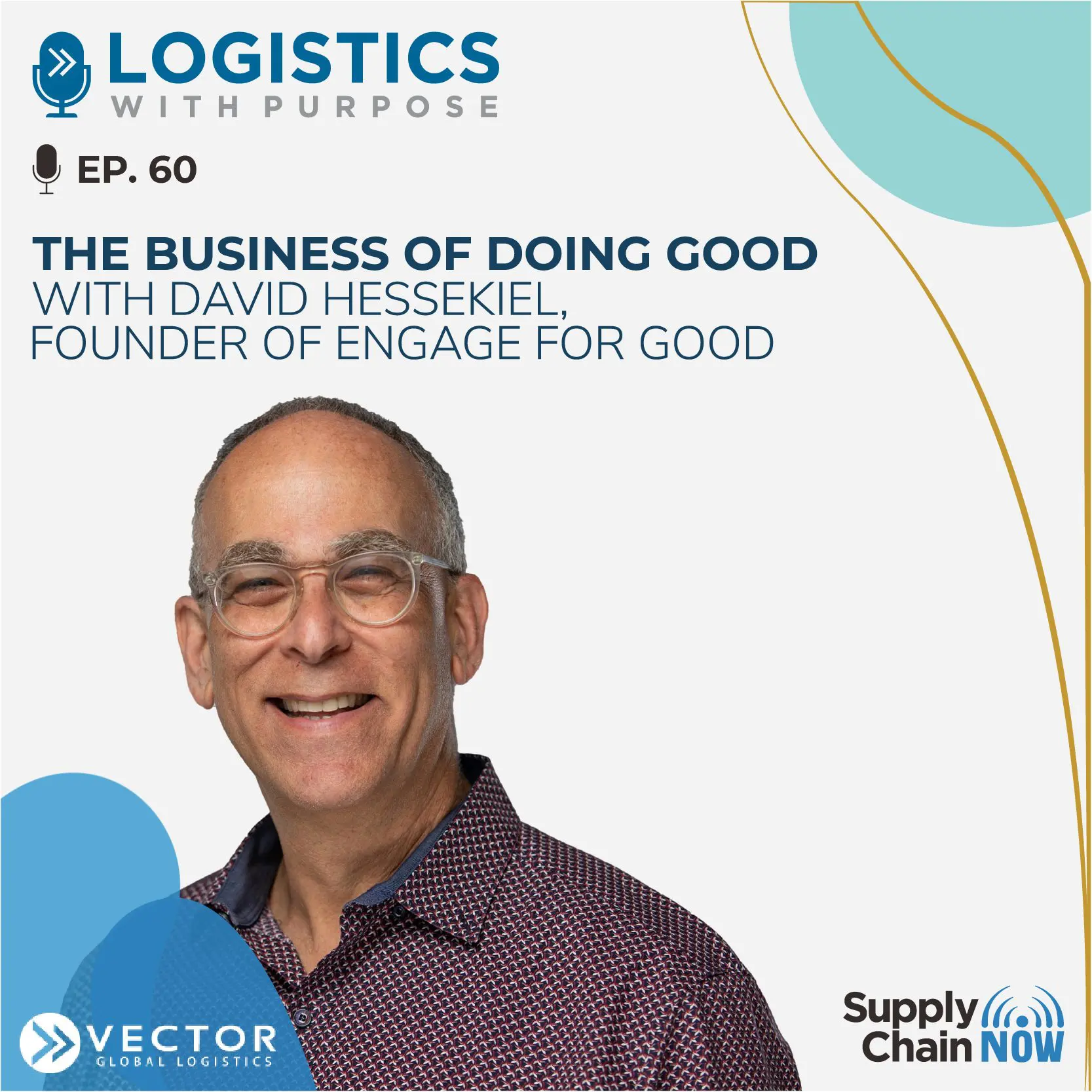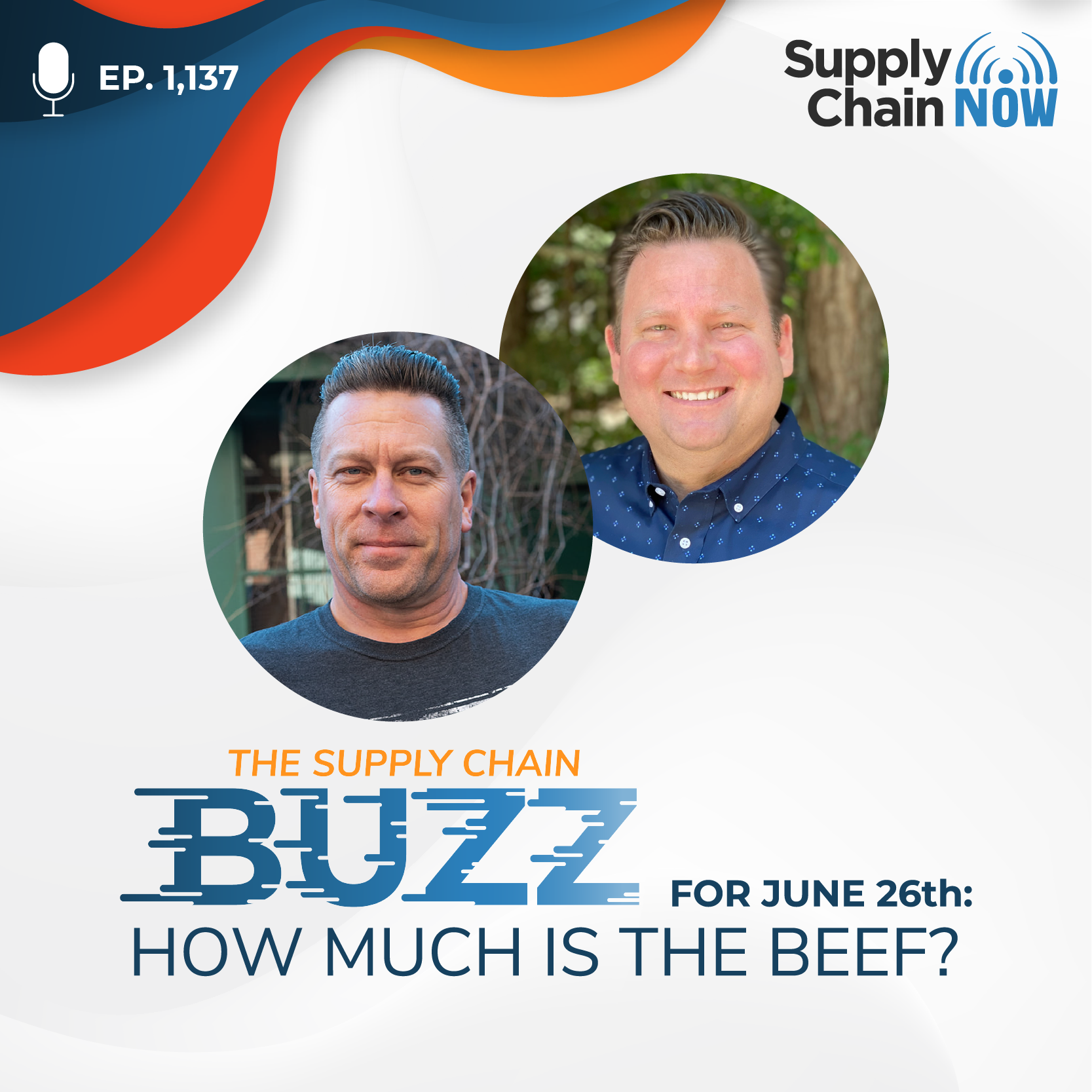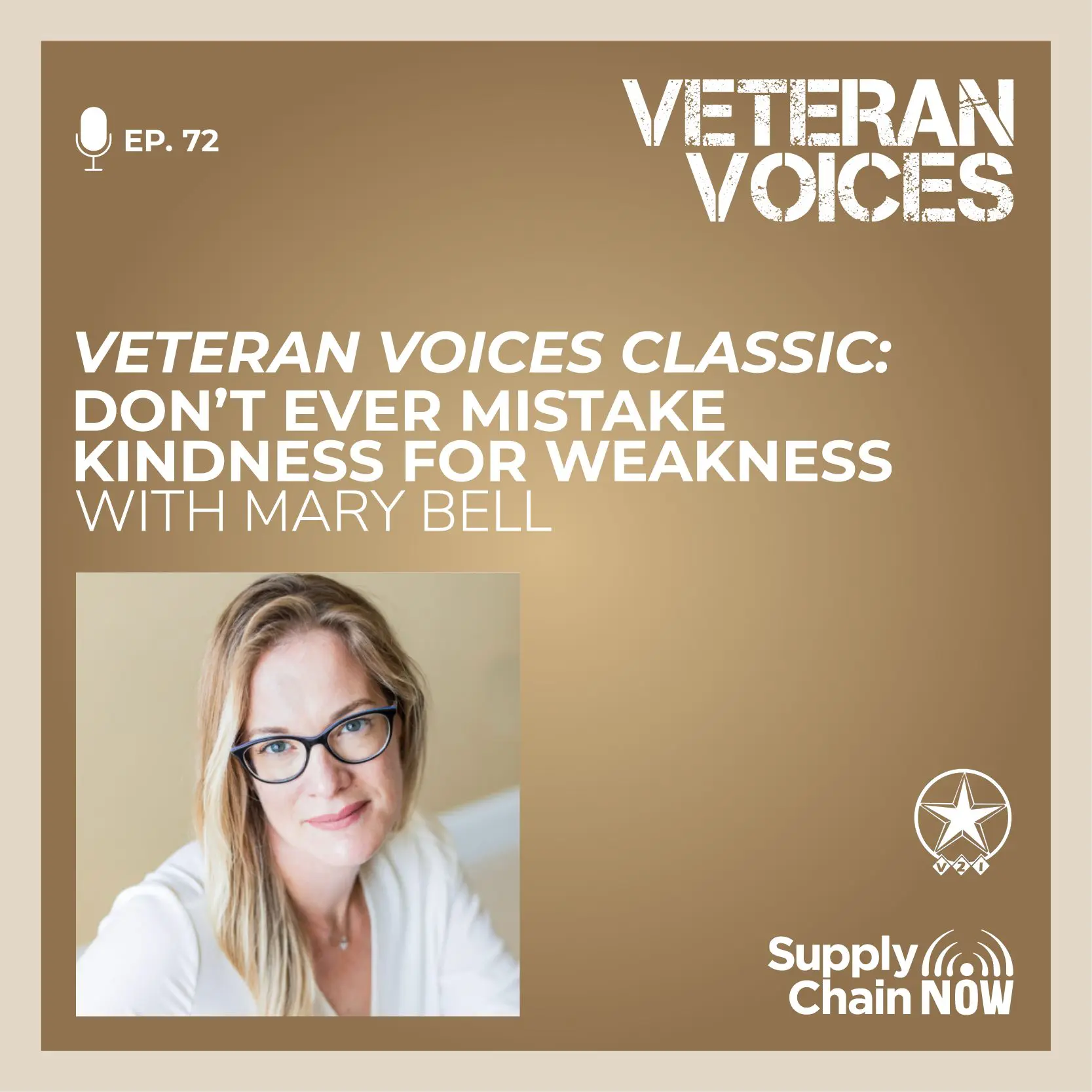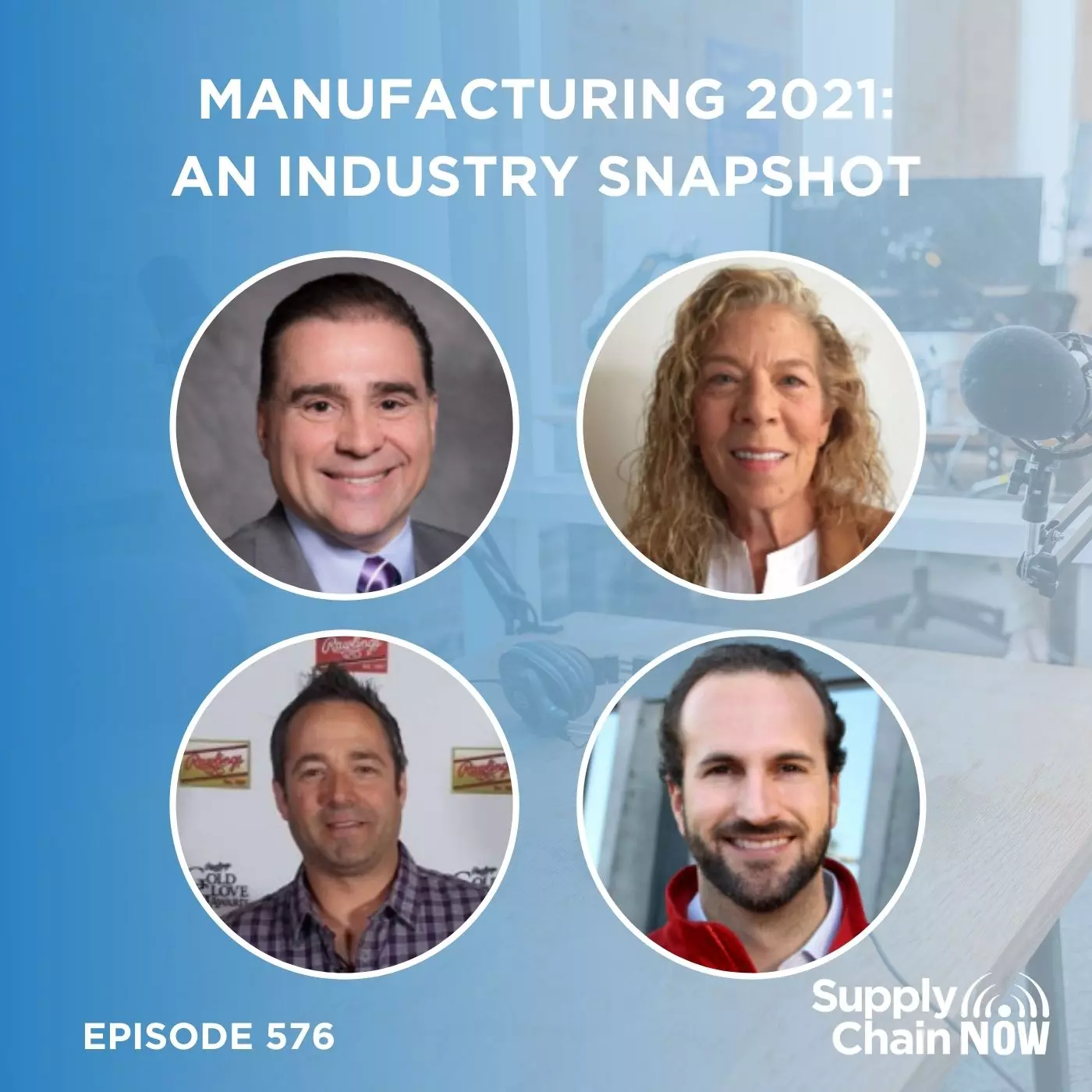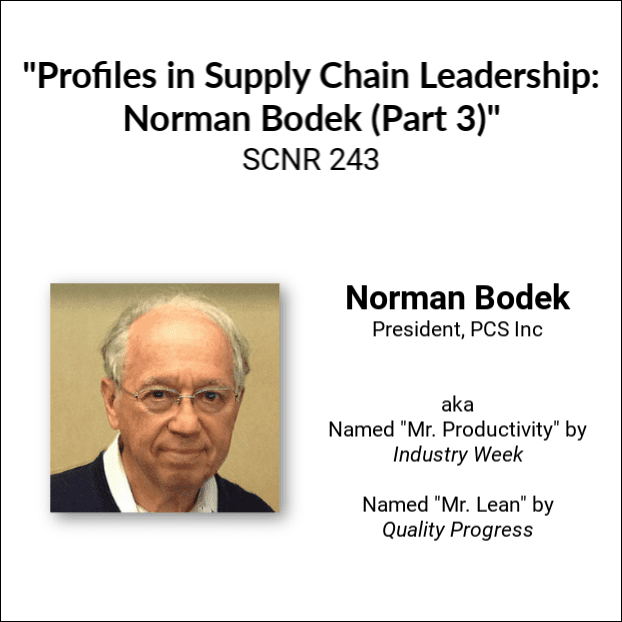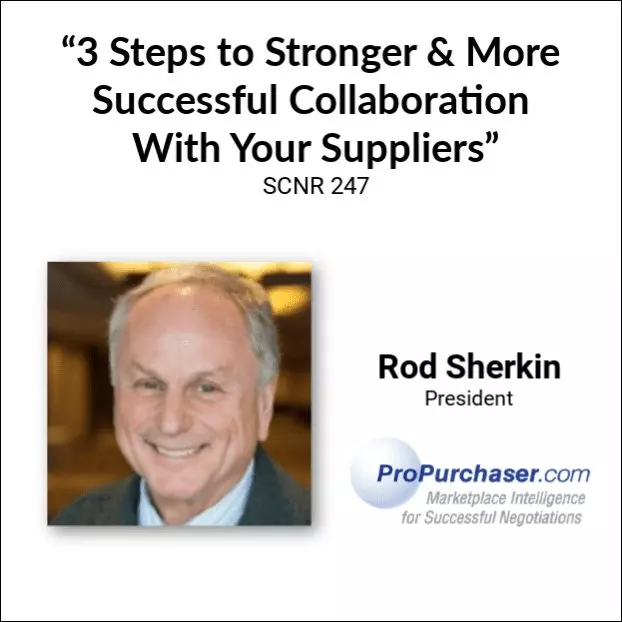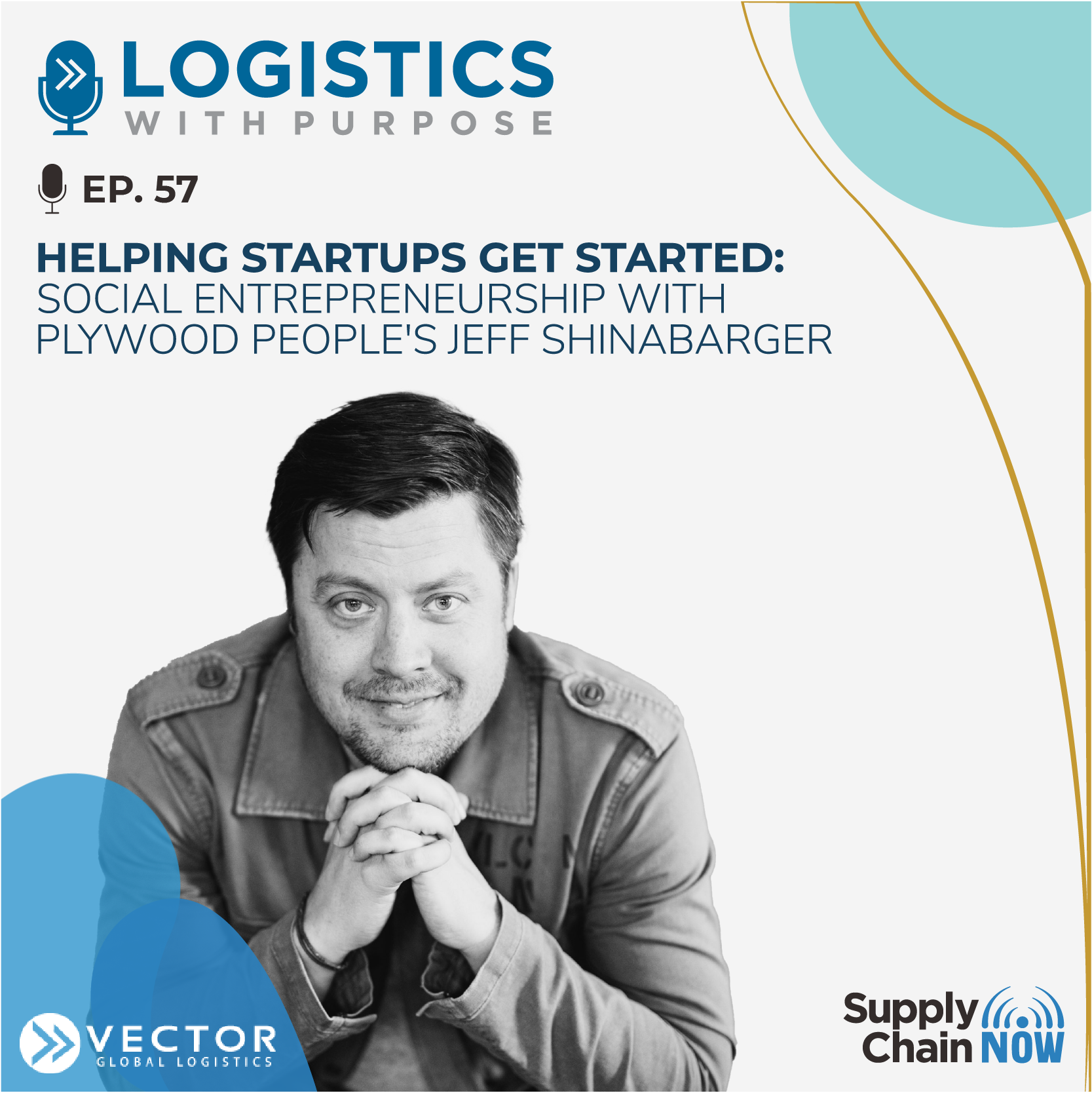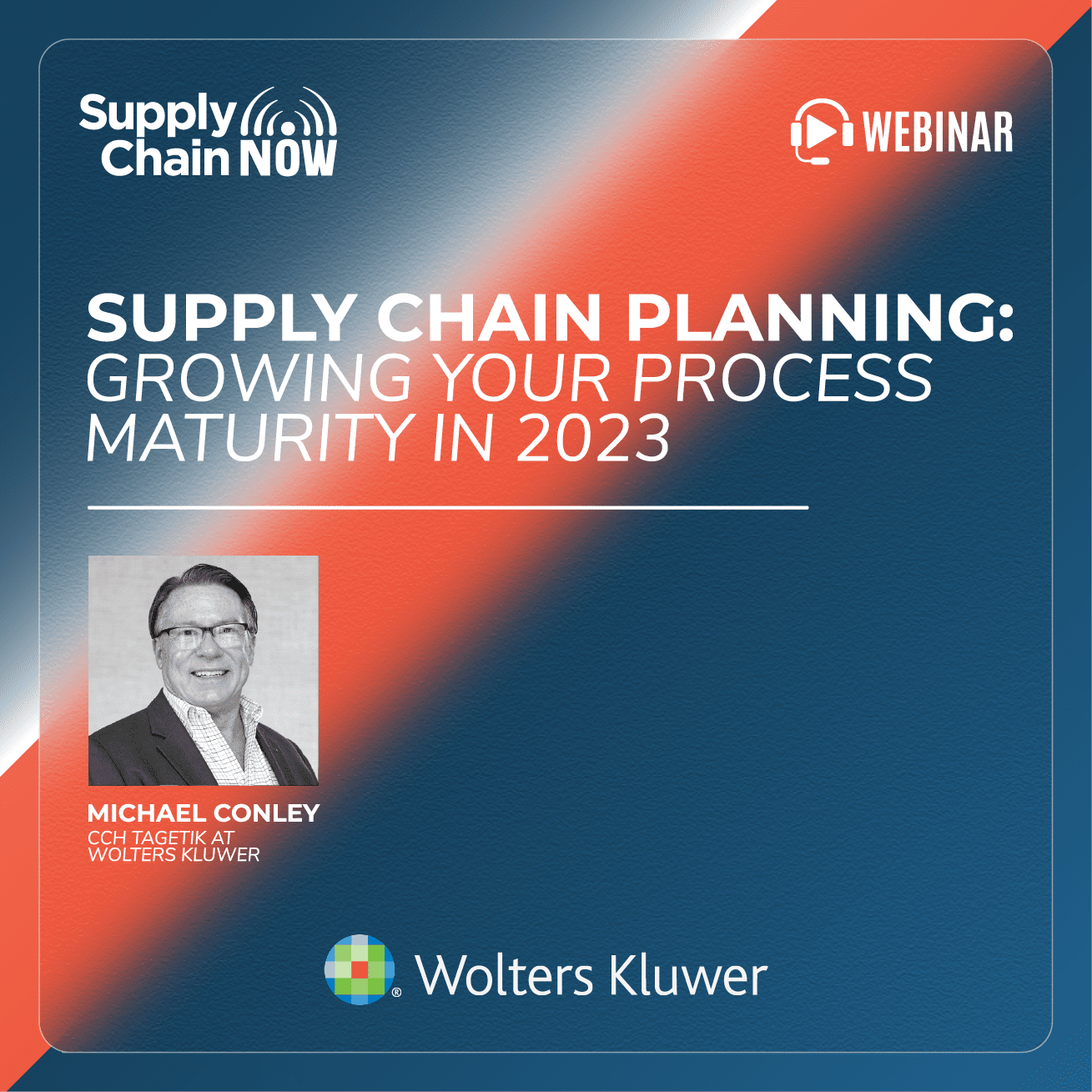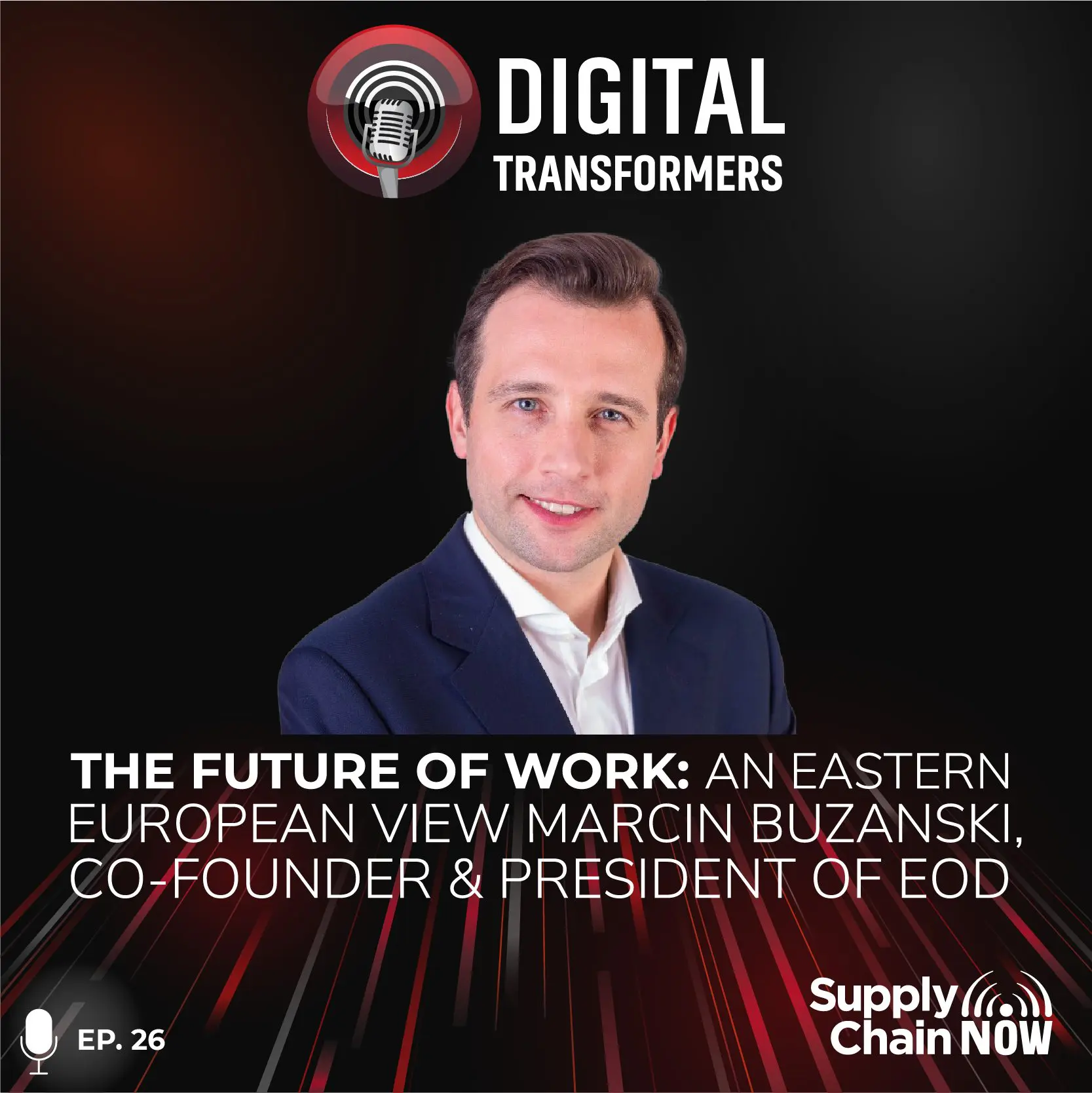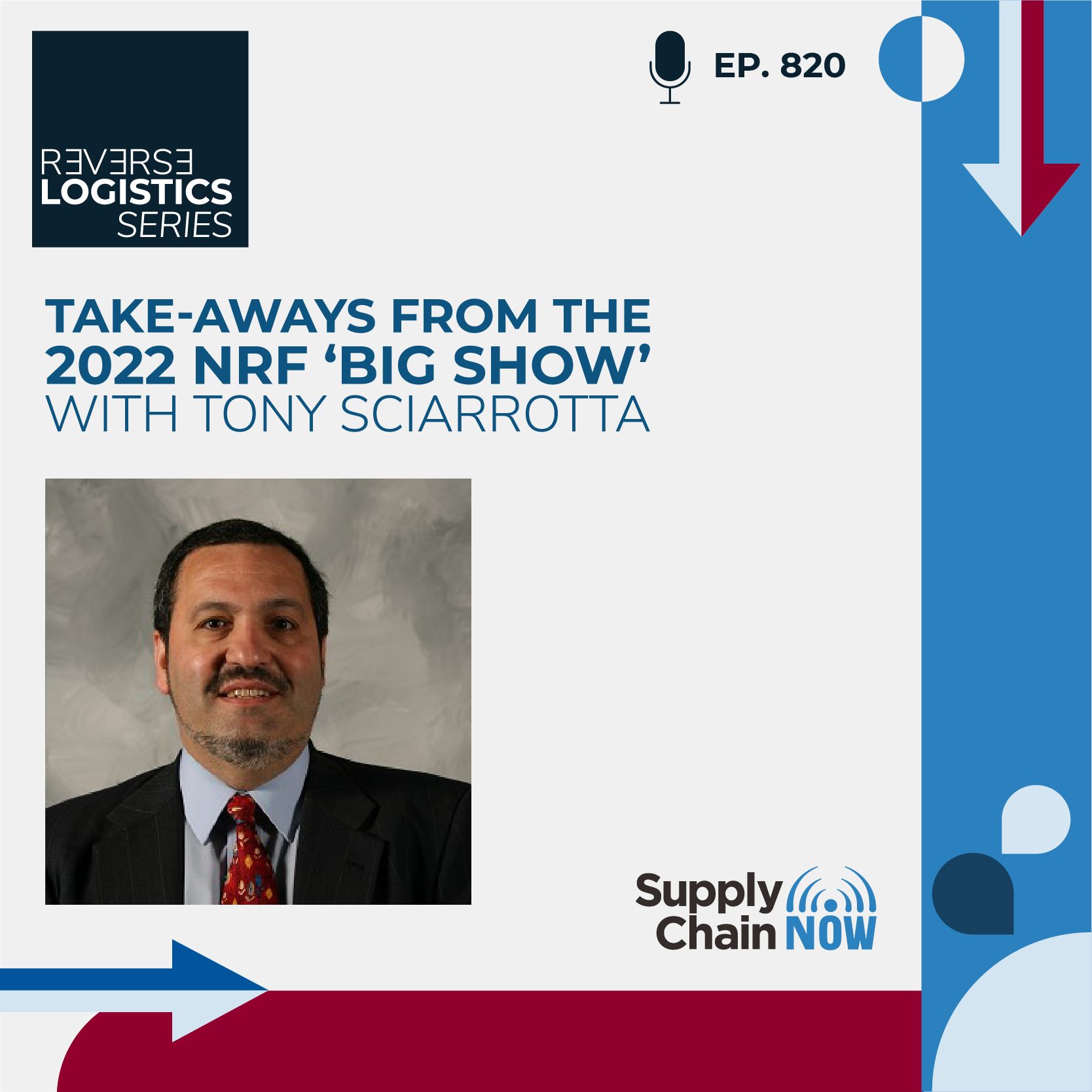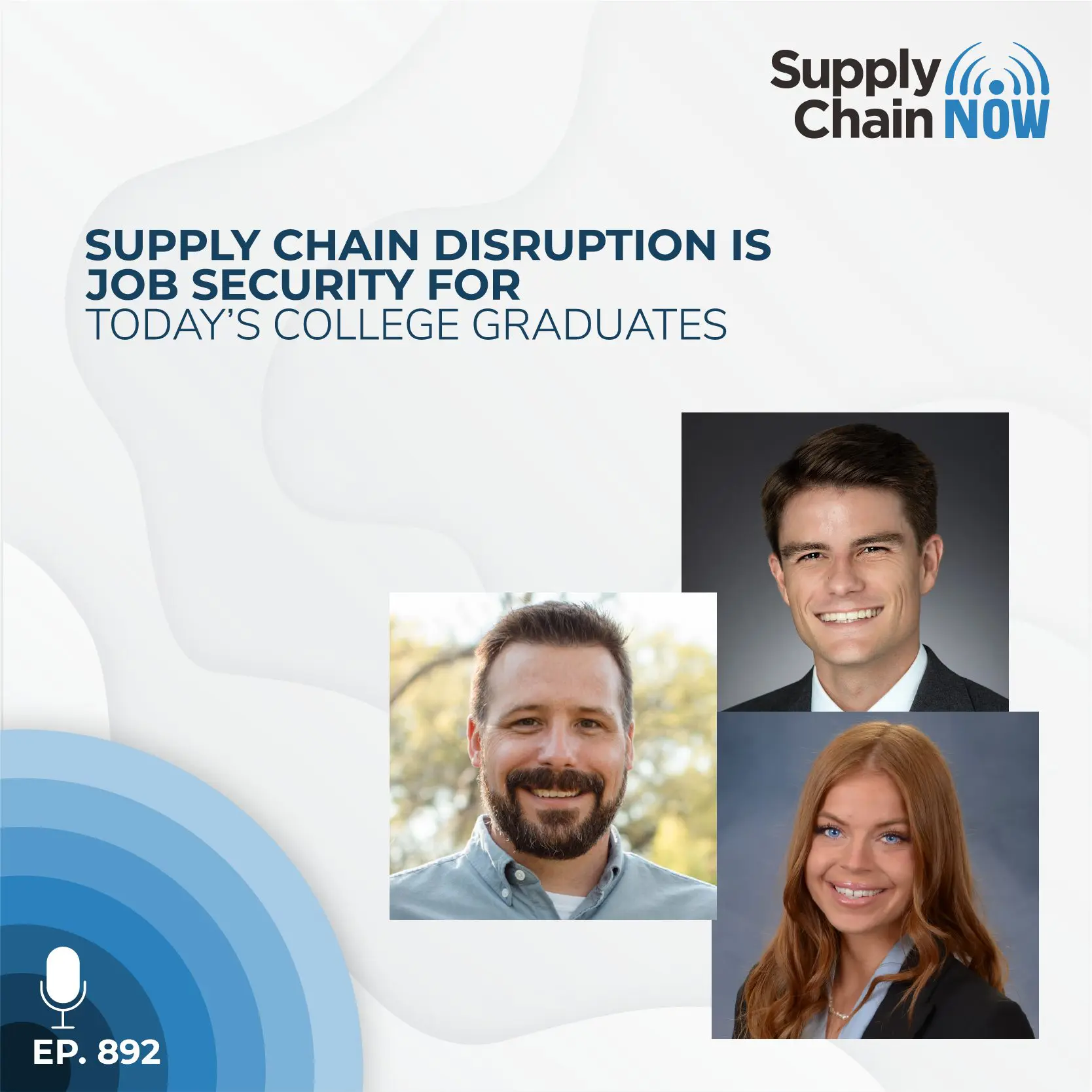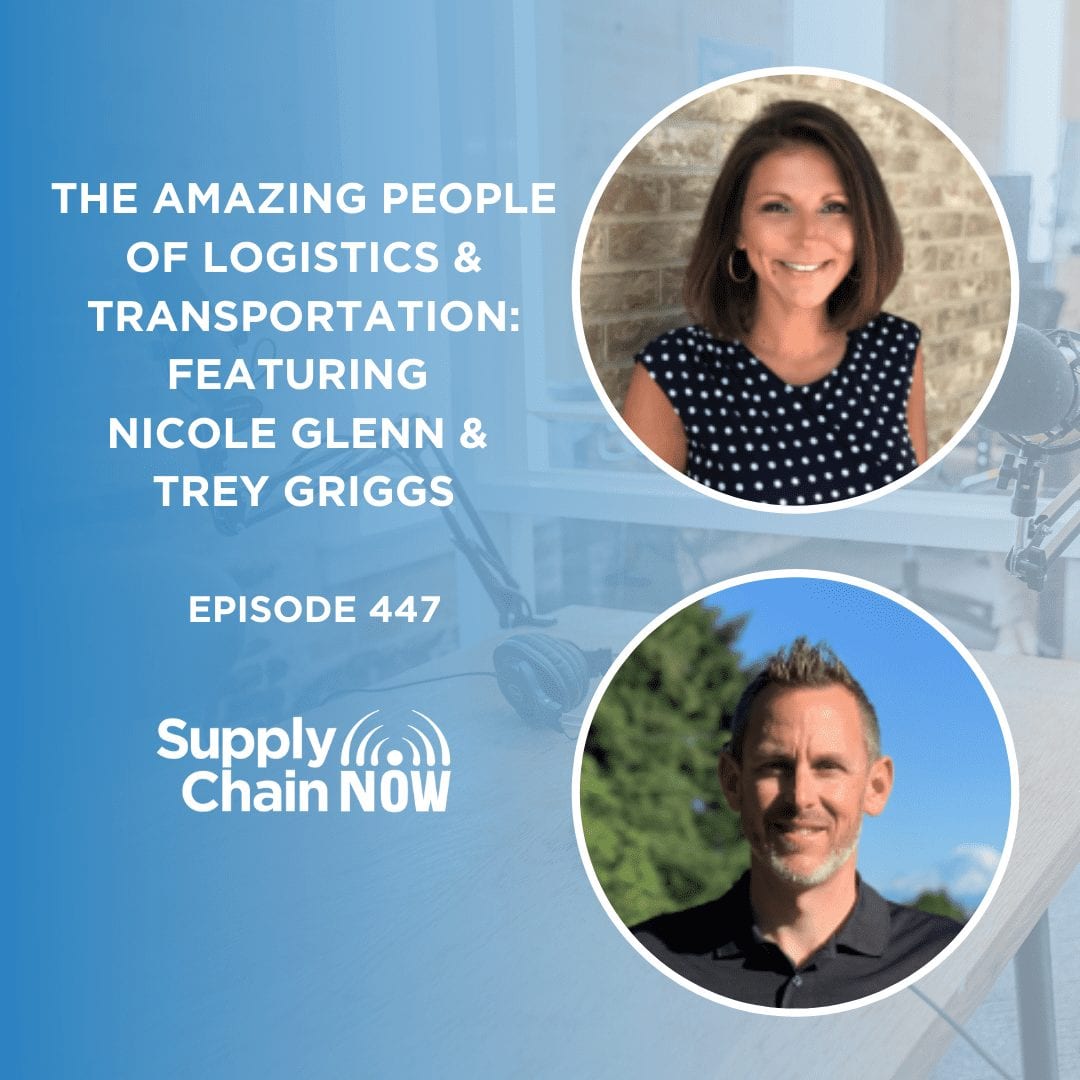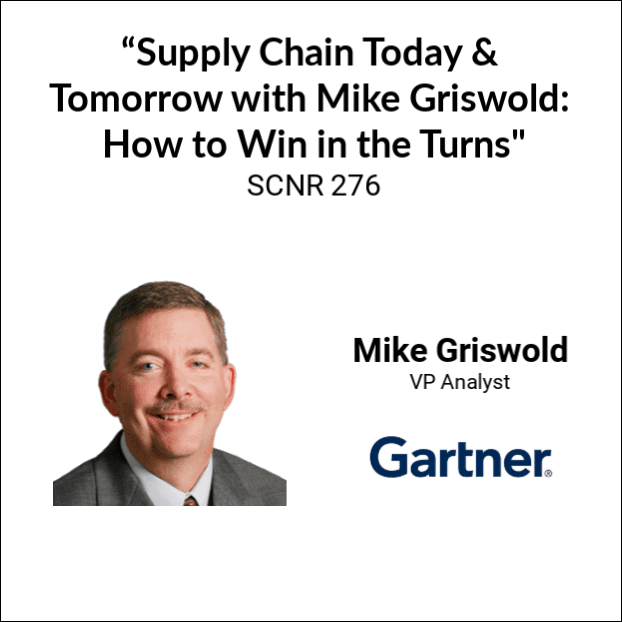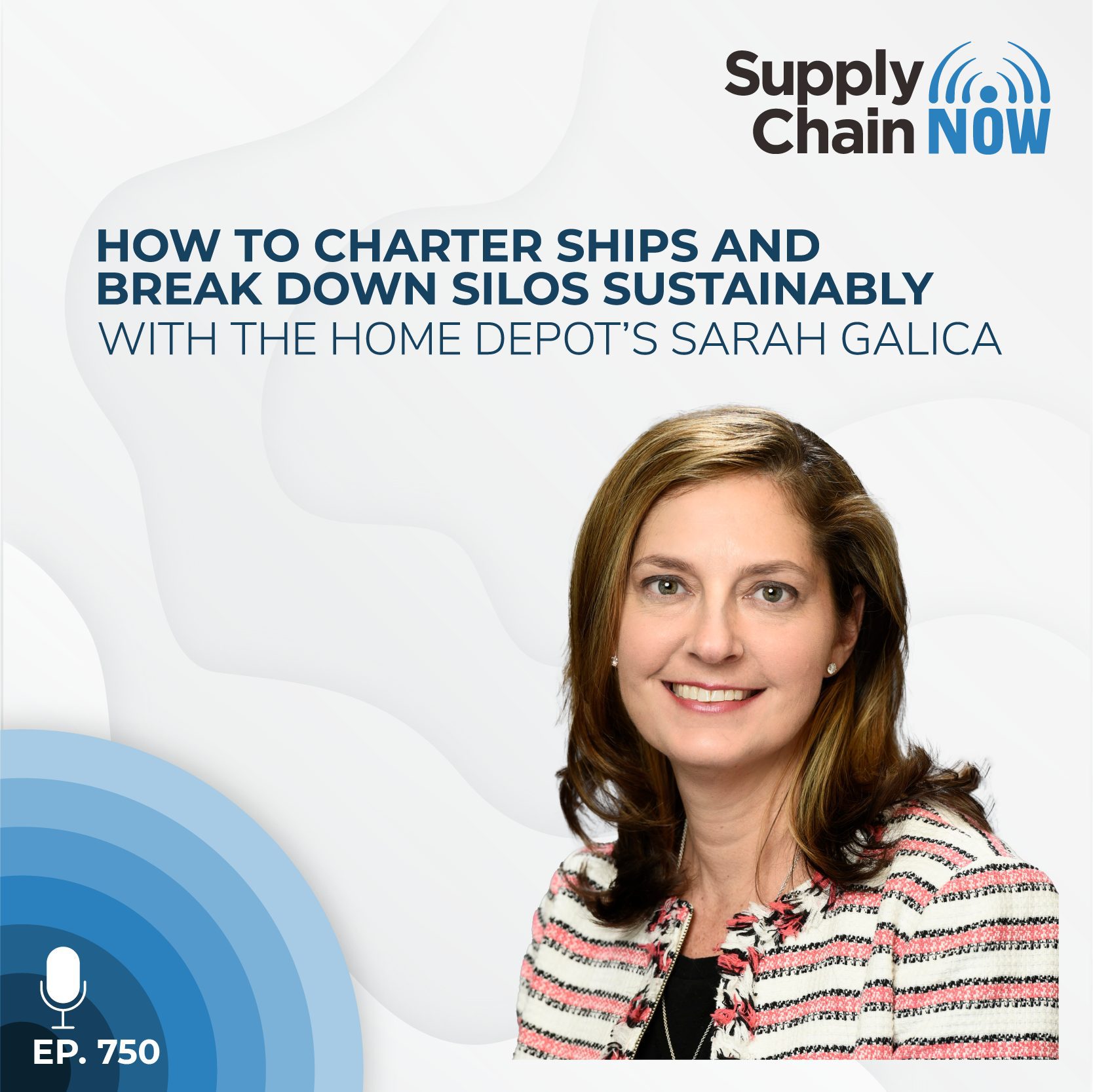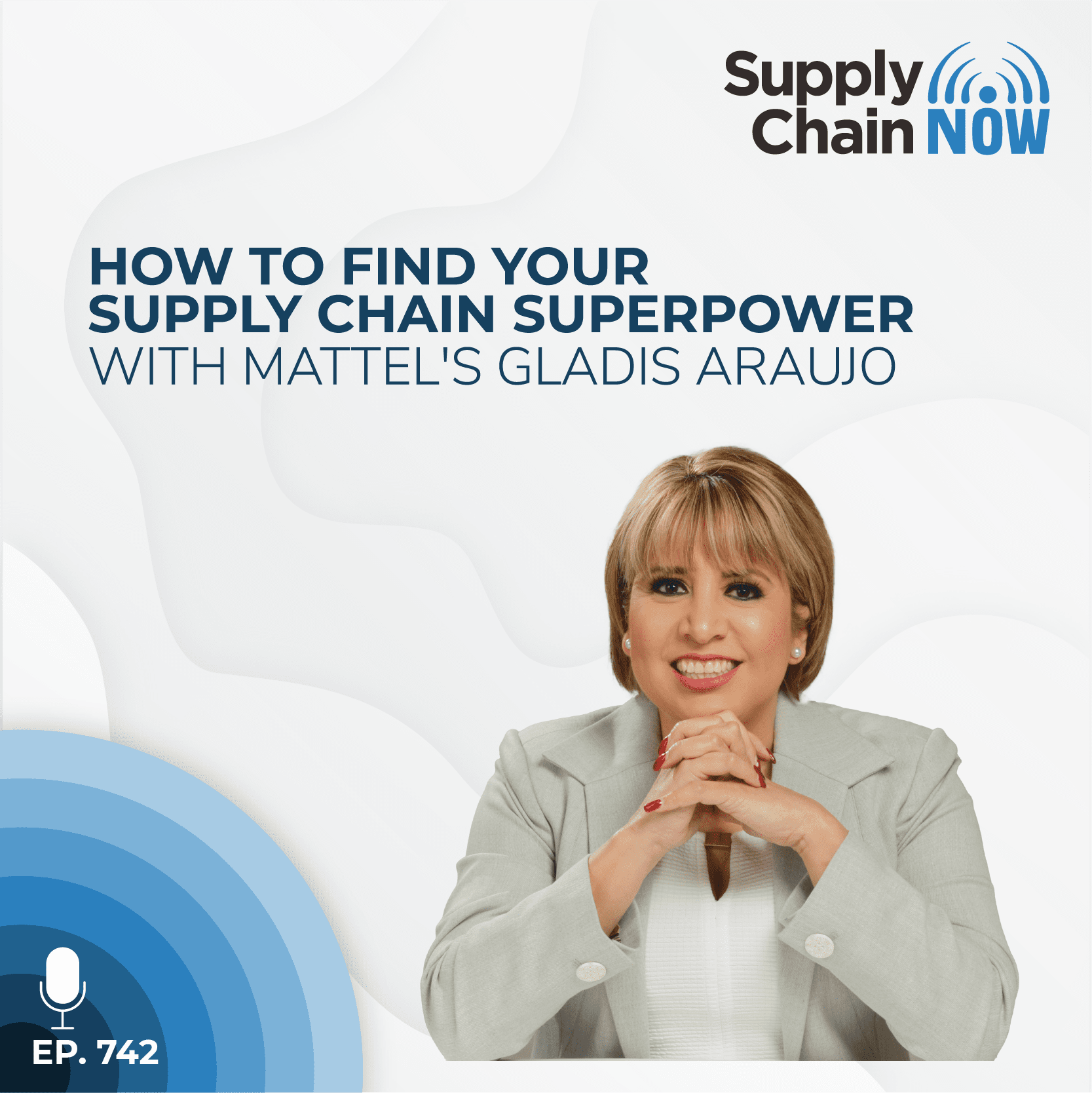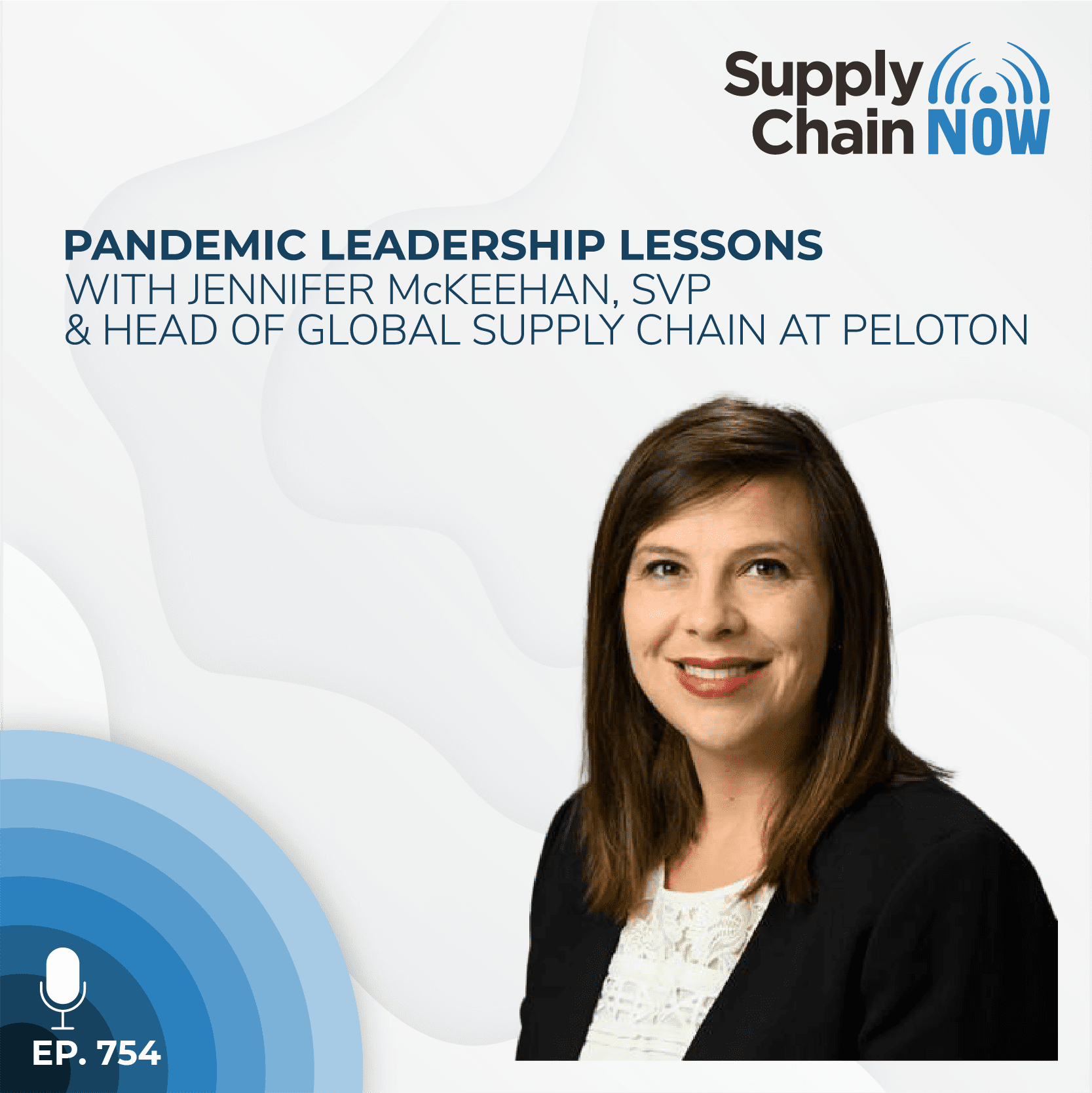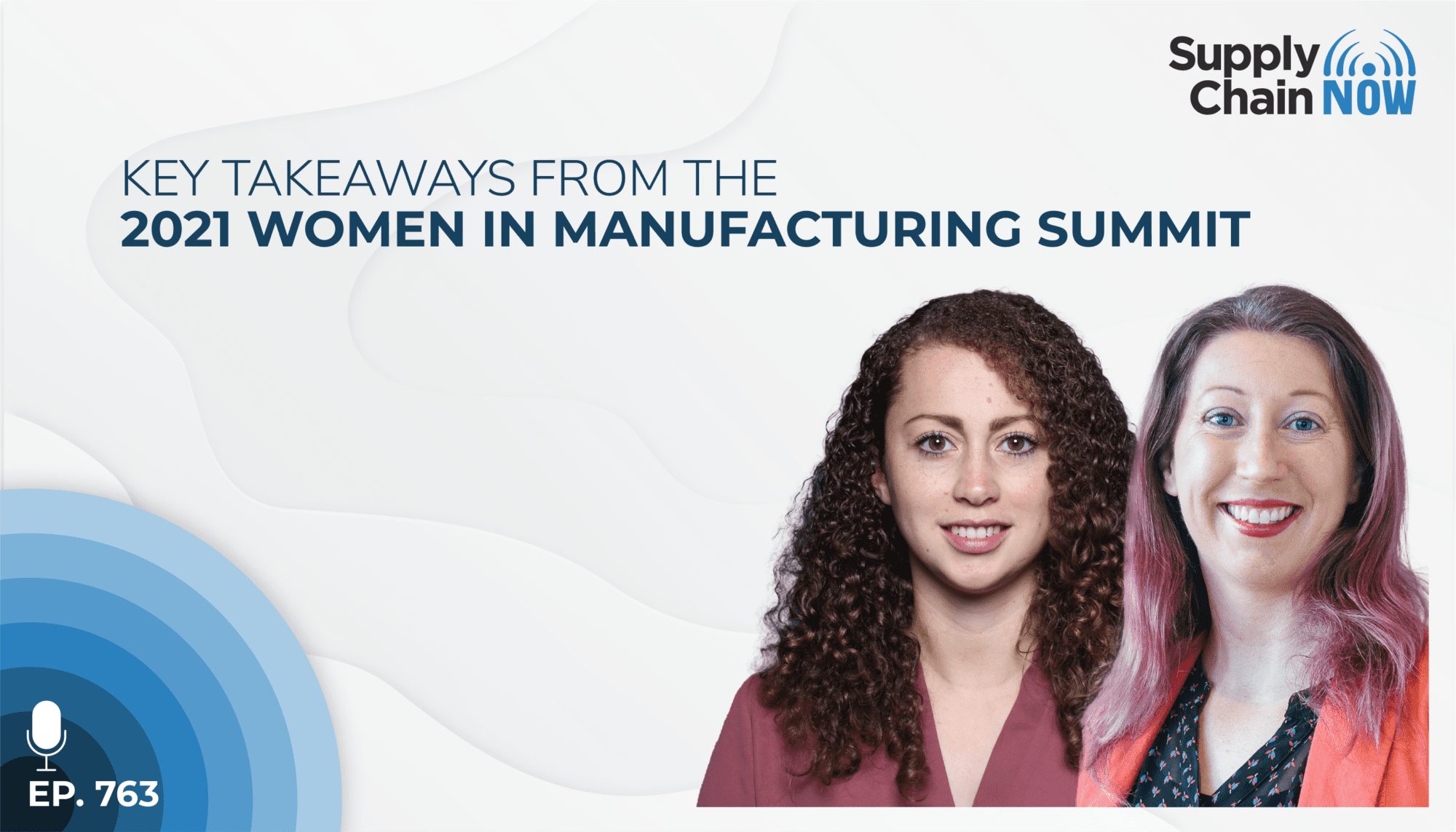
As a newer entrepreneur, sometimes it feels like you're shouting into the void. And I think being a woman in manufacturing, no matter your role, sometimes we feel like we're one of very few.
- Stacey Schroeder, President and Founder of EVelop
Episode Summary
Although manufacturing has come a long way on the diversity front, women still represent a minority of the leaders and entrepreneurs in the industry. It is therefore all the more important for organizations like ‘Women in Manufacturing’ to hold educational and networking events so that women can connect with others in the field to lear from their experiences and career journeys.Stacey Schroeder is the President and Founder of EVelop, and Coral Huffmaster is a Value Improvement Project Engineer at Polaris Industries. Both are heavily involved in the Women in Manufacturing organization regionally and at the national level as well. They joined Scott Luton and special guest host Allison Giddens, President of Win-Tech, for this episode to share their key takeaways from the 2021 Women in Manufacturing summit.Of particular importance are Stacey and Coral’s observations and comments about:– Why it is critical for all innovators to have someone who will challenge their ideas, tell them the truth, and force them to think outside the box– Approaches to attracting bright, aspiring young women to consider starting careers in manufacturing and engineering– How they think manufacturing can be changed for the better, creating opportunities and success for all individuals and companies
Episode Transcript
Intro/Outro (00:03):
Welcome to supply chain. Now the voice of global supply chain supply chain now focuses on the best in the business for our worldwide audience, the people, the technologies, the best practices, and today’s critical issues. The challenges and opportunities stay tuned to hear from those making global business happen right here on supply chain now.
Scott Luton (00:31):
Hey, good morning, everybody. Scott Luton and special guest host, Alison Giddens with you here on supply chain. Now, welcome to today’s show Alison, how are we doing? I’m
Allison Giddens (00:41):
Good. Cause we’ve got some fun people today.
Scott Luton (00:43):
We do. And, and you know, uh, you’ve been doing outstanding world-class facilitation work lately. He had great shows, great shows in production still. And this is going to be another one. This one, Alison, this conversation kind of stemmed from your experiences at the women, the manufacturing summit 2021, right?
Allison Giddens (01:01):
Yes. Yes. We’re excited. It was held in Cleveland. Uh, this year it was supposed to be held in Cleveland in 2020, but we all know what happened then. So we took a pause and pretended like it was the 10th anniversary all over again. We had a blast.
Scott Luton (01:13):
I could tell partially through, uh, uh, stalking you on social media and enjoy your social media feed. Next year. I’m convinced we’re going to send a film crew with you and we’re going to produce a can festival documentary. It’s gonna be a wonderful thing. Uh, Allison looking forward to getting y’all’s key takeaways here today with two special featured guests. Are you ready to introduce them? Let’s do this. All right, let’s do it. All right. So first up we’ve got Stacey Schroeder, president and founder of evil up with, uh, Stacy. How are you doing?
Stacey Schroeder (01:46):
I’m so glad to be here. Thank you, Scott. And Alison, thank you for making this connection. I’m looking forward to it today.
Scott Luton (01:53):
We are too. We are too hard. He had lots of fun in the pre-show and you’re joined by coral Huff master value improvement project engineer at Polaris industries Coral. Hey, doing, Hey Scott. I’m good. How are you? I’m doing wonderful. And looking forward to learning a lot more from you, Stacy Alison here today. But before Alison, before we get to the heavy lifting, let’s have a little fun. Let’s get to know Stacy and Coral a little bit better. How about that?
Allison Giddens (02:19):
You’re going to like these two, I promise.
Scott Luton (02:21):
All right. Wonderful. Wonderful. So let’s start with you Stacy. So we’ll usually, you know, that, that universal question that often serves as a great level setter and usually leads to great questions. Uh, our stories rather is, Hey, where did you grow up? So Stacey, tell us, tell us where you grew up.
Stacey Schroeder (02:37):
Yeah, so I grew up outside of Detroit, Michigan. So I am a motor city girl, a gear head at heart. Um, my mom and dad met through a mutual love of cars and it’s continued through me. Uh, I moved to the fancy state of Ohio after I graduated from Michigan state because the economy was already starting to tank in Michigan. So I’ve been in Ohio since 2007 and I’ve been a Cleveland resident since 2011, and I’m really happy to be in the Midwest.
Scott Luton (03:06):
So I’ve got to ask you, there’s a national pizza campaign, commercial campaign going on right now, all about Detroit pizza. Now, is that a thing and where can we get authentic Detroit pizza?
Stacey Schroeder (03:17):
What’s funny is I just had my birthday and when I went up to see my family at the end of August, I requested buddy’s pizza. So buddy’s, in my opinion is the O G. So they have, uh, an old world, uh, pepperoni and cheese mixed. They’ve got like a Motown pizza. They’ve got all those old school flavors. Nice deep dish buttered crusts. Not to be
Scott Luton (03:40):
You’re killing me, Stacey. All right. I love it. Uh, we’re going to take you up on buddy’s pizza and if you ever, Alison, uh, got a rule of thumb, if you ever not sure. What question to ask during an interview ask about pizza. You can’t go wrong there, right? Um, all right. So Coral, same question to you. And we’re gonna circle back and make sure folks in which I’ll do professionally as well, but Coral tell us where.
Coral Huffmaster (04:00):
Yeah, so actually it’s funny. I am also from a small town outside of the Detroit Metro area. So it’s, it’s a small world because yeah, we, we connected, even though we were from similar areas, but not until we lived halfway across the country from each other. So, um, but I, I did, I grew up, uh, on the, the north side up in the thumb area of Michigan and, uh, lived there for, for the better part of my life. Went to school, worked there for a little while in automotive before I moved down here to Huntsville, Alabama. Yup.
Scott Luton (04:38):
Space, but not space capital or rocket capital.
Coral Huffmaster (04:44):
Yep.
Scott Luton (04:45):
I love Huntsville.
Coral Huffmaster (04:46):
I have liked it a lot too. Yes, it’s very nice here. Um, but I do miss the good pizza. Yeah, Stacy’s right.
Scott Luton (04:54):
Well, um, I’ve heard a lot. I have not been to Detroit. I’m not sure if I’ve ever been in Detroit, but I heard a lot about a resurgence that’s taking place across Detroit and both of y’all are nodding your head. So things are, are changing and opportunities for all now, Detroit.
Coral Huffmaster (05:11):
Absolutely. The downtown area has, has come a long way in the last several years. Um, just a number of big companies and individuals have come together really and done a lot to build the city back up.
Scott Luton (05:28):
I love it. Of course, as we all know the automotive automotive industry, which is, you know, like any other industries is, is, um, has been challenged in ways, very common and very unique and Detroit of course, intertwined with the industry. So, um, we’ll, we will see if we can get some computer chips around here. I think things will be better off for everybody. Uh, but we’ll keep our fingers crossed in that regard. Uh, one last question for, uh, uh, get Alison back in here and Allison, by the way, have you ever had real authentic pizza? No.
Stacey Schroeder (05:58):
And you know what? I just realized, I forgot my lunch. So now I’m really hungry.
Scott Luton (06:04):
All right. It’s gonna be a torture Alison hour. Here we go. Um, um, all right, so Stacy one last question, and then we’re going to get Alison to lead us through some key takeaways that you all have uniquely kind of experienced as well as maybe probably some common takeaways from the women’s summit, 2021, but, um, let’s make sure folks know what y’all do professionally. So Stacy, tell us about what you and, uh, the develop team do.
Stacey Schroeder (06:29):
Yeah. So thanks for asking Scott. So I’m a manufacturing person at heart. I’ve been in manufacturing since 2007. Started as an engineer, worked my way up the ladder at public and private and big and small companies, uh, worked for a couple of national manufacturing nonprofits to get more awareness and exposure to the challenges of small and mid-size manufacturers. And then in November of 2019, I thought this is the time to start my own business. So my crystal ball, maybe wasn’t the best, but, you know, I took the leap to put out my own shingle. And, uh, the majority of my work is in two key areas. So the first is I deliver leadership development through a partnership with the Institute for management studies. So we support around 200 organizations internationally within Michigan, greater, uh, Pennsylvania and Ohio. We’ve got around 20, across all sectors. And then within the evil up bucket, I do a lot of consulting. So really I’m an educational partner for groups like women in manufacturing. I also have done some work on additive manufacturing with the Ohio state university, and some other partners got a project with the Northeast Ohio, regional sewer district, and really anything that’s in the manufacturing and operation space. I love to partner to design and deliver programs that meet needs and help people be successful, not only in their current role, but also for their future roles
Scott Luton (07:50):
Well said, and we all have manufacturing here. So, uh, you’re definitely kindred spirits. Thank you for sharing Stacy coral. How about you?
Coral Huffmaster (07:57):
So, uh, so similar background, I am an engineer, um, industrial engineer by education, uh, worked in automotive for a supplier for several years up in Michigan and, uh, worked to support multiple locations in the continuous improvement and material flow area. And then I transitioned to Polaris, um, about two and a half years ago, came down to Huntsville and have been working across a wide array of different product lines. Uh, we work on value improvement. So how can we make the vehicles, uh, more, more value add to the customer, um, making sure that we’re aligning to what they
Scott Luton (08:44):
I’m looking for improvement is a journey and with no finish line, right?
Coral Huffmaster (08:49):
Absolutely.
Scott Luton (08:50):
Yes. And, uh, it’s good to, if you’re going to be on that journey, it’s good to be with, uh, smart engineers that love math and are much better at math than I am. So we’ll have to dive into some of those projects later on. Um, but thank you, coral and Stacy, thanks for level setting. I think that’s helpful for kind of, uh, folks to process what you’ll share, kind of do what y’all do. So thank you both. All right. So Alison, I’m going to pass Baton here as we walked through some key takeaways from whim, the Williams summit 2021.
Allison Giddens (09:18):
Yes. So primarily one of the reasons I, I really wanted to get you introduced to these two amazing women was, is also because not only do they do some terrific things in their own local chapters with women in manufacturing, but they’ve been involved in the national chapter as well. So the summit, um, to kind of give your, your listeners here a little bit of some, some context, um, there is a, an event that we have every year and it’s typically held in a different city. So we’ve taken Nashville, we’ve done Denver. Um, we’ve got Atlanta in 2022. So set going ahead, mark your calendars. Um, but typically during summit, it’s about two and a half, three day event. And the very first day, uh, you have the opportunity as an attendee to attend one of many tours there in the area. Um, there’s a host committee that helps to coordinate these things.
Allison Giddens (10:10):
So, um, whether it’s Toyota or Vitamix or, uh, we, we had an event though. We had a summit in Hartford, Connecticut where some of us toward Pratt and Whitney, um, they’re all different, really, really awesome, small and large companies that we’ve had the opportunity to check out. So in terms of women’s summit, that’s how the event gets kicked off. So the bar is always set really high. We always have keynotes and then we have breakout sessions. And so the, the great thing about having these two in this conversation are that all three of us likely went to different breakout groups throughout the event. And so we got to experience a lot of really cool perspectives and insights of other women in the industry. The challenge, I think, in the Wim space and coral and Stacy, tell me if you think I’m on to something here, there’s kind of a challenge in Wim has to, has to, um, offer inspirational opportunities and reasons to, you know, get us really motivated.
Allison Giddens (11:09):
But there’s also that balance of we as women in manufacturing, we want some technical stuff too. We do want a little bit of insight into the manufacturing space. And I mean, I know corals and engineer and you know, there, there is a little bit of, okay, I’m not just here to hear somebody’s story. I’m here to remember why I love manufacturing in the first place. So I was curious, I want to kind of throw it to let’s, let’s kick it to Stacy first to see, um, what, what couple, two or three takeaways did you have from the event as a whole, um, just things that are gonna stick with you for a little while. Yeah, that’s a great question, Alison, and I want to circle back to your comment around the technical side of it. I agree with you wholeheartedly. Uh, I am a nerd at heart. I will
Stacey Schroeder (11:53):
Be, even though I do mainly workforce development, you’ve seen my LinkedIn, it’s all about additive. It’s about material science. It’s about aerospace. It’s whatever catches my interest. So if it involves making something I’m all in. So I think that’s an opportunity for whim, uh, to definitely enhance the programming. Um, I will say as their consultant that builds a lot of their educational programs, I’ll take that nugget. We’re building a survey to go out today to members to ask about what kind of skills and knowledge they want in next year’s virtual learning series. So I’ll put some space in there for some technical ones. Um, in terms of TIG takeaways, you know, I was putting my pen to paper. I’ve got a post comment on my LinkedIn later this week. That’s talking about it as well. I think the first one, we had a keynote from a woman who is a manufacturing leader, a company owner, a grandmother that didn’t look old enough to be a grandmother.
Stacey Schroeder (12:49):
And she was talking about how important it is to get a personal board of directors. And as a newer entrepreneur, a newer business owner, I felt like that was just what I needed to hear, because sometimes it can feel like you’re shouting into the void. And I think being a woman in manufacturing, no matter your role, sometimes we feel like that, right. We’re one of, one of one or one of a few. Um, so the roles that she really highlighted, I’m going to read them because they’re so critical. In my opinion, she said, do you want to find that expert, somebody that’s really a functional expert in your field. You want that truth teller, that person that will just give it to you exactly what it is that innovator, that person that’ll make you think outside the box and throw some crazy ideas at you.
Stacey Schroeder (13:33):
The sponsor that person that’s at a position where they can help you, right. They can carry as they climb and then the vault. So that safe space where you can put those things that maybe aren’t the best for public consumption, but sometimes you just need to get them out. So that was my first big takeaway. Alison, those are good. Did you already have like people in your head who fit some of those and do you find that you kind of had gaps, so you don’t have to tell us which ones those gaps were? Did you already catch yourself? Yeah, absolutely. You know, when I was working at different companies, I think it was easier for me to identify those individuals, but now that I’ve moved on and right as I was moving on is a couple months later COVID happened. So it made it a little bit challenging to maintain those relationships in the way that I wanted, which was face. Um, so starting to rebuild, got my map on the whiteboard to try to fill those gaps. Right.
Scott Luton (14:28):
So if I could just add something really quick, I think the phrase keep it real may be a bit of a old fashioned phrase these days that hearkens back to the eighties or nineties or whenever. Um, but it has never been something more valuable and to have, I think Stacey called it the truth teller amongst your, your inner circle and your, your personal board of directors, someone that gives you sometimes it’s, um, it’s the helpful encouraging inspirational truth. And other times, as we all know, equally as powerful at the brutal truth, right. Something you don’t want to hear that is so valuable to have, I believe so, Stacy, I appreciate you sharing that short list of what sounds like a great recipe for forming a personal board of directors.
Stacey Schroeder (15:13):
Absolutely. For sure.
Allison Giddens (15:15):
So what else did you, did you catch?
Stacey Schroeder (15:16):
Yeah, so I’ve got two more. So the second one was the talent strategy breakout that was with Kathy Steele, who runs red caffeine. And what caught my ear was this aligned. She said, she said, people want to work with people, not companies. And my reaction is yes, yes, yes. A thousand times. Yes. Right. As a customer, whether I’m dealing with, um, you know, the coffee shop down the street, the doughnut shop down the street sometimes, or a big company. I want a person, I want a person that cares about me. And within my business, you know, I’m a company of one doing workforce development. So you’re getting my attention. You’re getting my experience and brain space. So to me, building and maintaining positive, healthy relationships are absolutely mission critical.
Allison Giddens (16:14):
That’s cool. That’s a really great observation too. And sometimes it’s tough because that intersection of our industry, when it comes to process efficiencies, sometimes the personal one-on-one doesn’t fit the automated. Okay. Well, XYZ happens. Therefore ABC needs to happen. So that’s a, that was a really, I would think I was in that session too. I took a lot of notes.
Stacey Schroeder (16:35):
She was sharp. Absolutely. And then my last one, I was so thrilled to see Cheryl Zack giving her a presentation on influence. And the main reason was when I was building whims, new empowering women in production program, she’s one of the women that we tapped. So she donated her time to deliver a session for women that are in production and production support roles on influence, impact, and inspiration. So when I saw her at the front of the room at the summit, I asked Audrey if I could introduce Cheryl and like, I’m so excited to see her in person get out of the way Audrey. I want to introduce her and tell the world just how amazing she is. And what I love about Cheryl is she’s one of the most research-based presenters I think I’ve ever seen, but it’s not dry it’s research that then she directly ties to actionable ways to be more influential. And she shows that some of our natural defaults are actually the worst ways to get the results that we’re looking for. Um, so meeting her in person, getting to tell the world how awesome she is and then hearing all the great questions people have for her was absolutely in the top three. For me,
Allison Giddens (17:50):
That’s a great list. That’s awesome list. And before I, before I toss it to coral to get her three, I, um, I wanted to also note that what Stacey’s talking about, the program and Stacy correct me. If I’m putting words into your mouth wrong here. Um, the program offered by women, new manufacturing that Stacy’s helped develop is empowering women in production. And what that is is she, they saw a need for, you know, you have these, these different leadership opportunities where, um, women in Suisse suite C suite or, or management can have the opportunity to fly somewhere and go to something or be on a zoom, live talking to people like we are right now on, on, on this meeting. But there are several, there are plenty of fantastic, phenomenal women on the production floor that really want and need to develop their leadership skills and their growth potential. And so this program allows them to do so in an on demand way. So th th that content is so cool because it pulls from these subject matter experts. Anything else, Stacy? Did I cover that? Right?
Stacey Schroeder (18:54):
You nailed it. It’s a new program. We have, I think 86 women, it’s a 20 week cohort program. Uh, Alison tactfully didn’t mention, but she is one of our presenters as well. So she did a great session on building relationships and networking. We’re getting really good feedback. We’re learning a lot about how to improve the delivery and it’s something when plans to do once, maybe twice a year, possibly more
Allison Giddens (19:18):
We’ll move forward. So coral, what about you? What kind of takeaways from the winds summit did you grab?
Coral Huffmaster (19:23):
So I have a couple and, and I want to, I want to circle back a little bit too, to the comment on, on the technical things. Um, one, one of the things, one of the ones that I went to was, um, empowering your team for innovation. Uh, the presenter was also an engineer, very technical background, the presentation while I loved it was very technical. And there were, there were a lot of eyes glazing over in the room, I think. Um, so I, well, I thought it was great and I think a lot of the other engineers in the room thought it was great. Um, I, I would say, you know, maybe being a little bit more clear on, on which sessions are kind of more technically minded, um, might be, might be helpful to some people, um,
Scott Luton (20:12):
We need a color-coding when we’re transporting chemicals on our interstates, right. We need, we need some color coding. Right.
Allison Giddens (20:20):
I liked that idea. Like a, like a, more like a levels of technical.
Coral Huffmaster (20:25):
Yes. Yeah, absolutely. So, you know, I, I loved that session and I thought it was great. Um, but I think it was, it was not for everybody. Um, so that, that was, that was good. Um, the other thing, you know, you kind of touched on like the, the group being able to, you know, kind of get out there and do something, being able to participate in the community service project was really one of my favorite things. I mean, that was, that was a 30 minute session out of three days. That was probably some of my favorite 30 minutes. And for a lot of reasons, I love the impact to the community. I loved the, the collaboration. I mean, I was in the first shift,
Scott Luton (21:05):
So coral, what, what was the community service project?
Coral Huffmaster (21:09):
So we, so we were packing meals for children across the state of Ohio for children’s hunger Alliance. And, and the fun thing about that was that we had a couple of assembly lines go in, basically that we’re putting the boxes together and such. And so, you know, you’ve got all these women in manufacturing who are out there blowing through, packing up these meal kits so fast that they had to stop us early because they wanted to have enough left over for the rest of the shifts
Allison Giddens (21:39):
I was in that first group.
Coral Huffmaster (21:42):
It was great. And so it was so funny because you see like these people coming together and using what we do every day to do something really good for the, for the community. So, um, I loved that part of it. And I think that was new for this, this year.
Allison Giddens (21:59):
It was, it was, it was brand new and they had come in and they said, I think by the end of it, all we had packaged 2000 meals, I think was, that was phenomenal.
Scott Luton (22:11):
It was, was there a gong involved?
Allison Giddens (22:14):
No, there was no gong, unfortunately.
Scott Luton (22:16):
So we’ve done something similar here in Atlanta and it wasn’t the, the kids hunger lines, I think, is what I heard their coral. Uh, it let’s see, it was, uh, rasa gets hunger, I think was a group here based here. And they had a very similar exercise. And, uh, I think after we finished each box, they’d, uh, someone would be able to hit the gong. And it’s just this little, that sounds really exciting. But when you’re, when you, when it’s high energy high activity, there’s a spree decor, you’re doing good, you know, uh, between gong and some and some good music and some of course, great fellowship. I can see how that’d be a wonderful highlight of the event in choral, by the way, to have a team of production operations and manufacturing experts, no wonder you can have really efficient, uh, supply chain efficient production lines, but it comes a pack in these things.
Coral Huffmaster (23:06):
Yes, it was, it was an awesome group. And honestly, I don’t know if, if anybody would have been able to keep up with your gong, we were cranking them out so fast.
Allison Giddens (23:16):
That’s awesome. So what other, what other takeaways besides that? Fantastic. 30 minutes, which you’re, you’re absolutely right. That was, that was a highlight. What else did you get?
Coral Huffmaster (23:25):
Yeah, so, um, the, the other one, I want to reference one of the other keynote speakers, um, wonderful lady. Uh, she, she talked about, um, D and I in kind of a, a unique context, which really, really hit home for me in, in a lot of ways. Um, you know, I, I don’t want to go too much into, into the details. It was a little bit personal. Um, but basically, you know, she has a child that has special needs, and she talked about the difference between, you know, I guess the difference, which first between diversity and inclusion and how you really need diversity before you can have inclusion. You know, a lot of people kind of wrap them all together as like one package, but you, you have to have one before the other, because if you don’t have that unique blend of perspectives, you can’t really be inclusive of any unique perspectives.
Coral Huffmaster (24:26):
So, um, kind of putting it in that context, you kind of see things a little bit differently. And then also, you know, thinking about how many other things aside from just, you know, we, a lot of times we associate just gender race, age, sexual preference. Those are like the really big ones that everybody’s talking about, and those are important things, but there are so many other things that they give us a diverse background of perspectives. Um, you know, people who have different backgrounds grew up in different areas, you know, work in different industries, things that, you know, went to different schools. There there’s a whole array of different things that we don’t really think about when we talk about diversity and inclusion and trying to make sure that people from all, all backgrounds are, are feeling included in the group. Um, so that, that message really kind of struck me. And I liked how she described D and I went, uh, I guess when it’s working as a mosaic of entirely unique tiles, that all come together to form one image. So I thought that was really nice.
Scott Luton (25:43):
That’s what a gorgeous visual you paint there. Um, coral and I got to Alison, I think we’ve referenced this before and we’ve interviewed, uh, Dr. Steve Sterling, uh, on supply chain now, um, a couple of times, and he leads map, which is a great nonprofit, which helps get, um, medical supplies around the world, especially the, um, uh, children and families with kids that, that, uh, don’t have enough resources. And he grew up in post-war Korea back in the sixties and was, was, uh, afflicted with polio. He eventually immigrated, um, to the states and to your point choral about that D and I, um, he spoke, um, pretty powerfully about how he got on with a big pharma, big name brand company. And they were great at diversifying the, uh, their recruiting and, and diversifying the talent and all types of folks from all walks walks of life to join the team.
Scott Luton (26:40):
But he said they were really bad at they’re there, uh, including them on act in, in, in activities that, um, that are, they’re also diverse, right. That, that, um, that everyone can feel at home and then participate in. So it really, I think that’s a great call-out coral because they are, as you put it, they’re packaged together all the time. But, uh, I think as leaders, we need to kind of, um, take one step at a time, right. Um, and in, in our, in our efforts, so great stuff there. Cool. So, Alison, um, I don’t wanna, like, I don’t wanna jump the gun here, coral or Stacy before we, we kind of turn the tables and Alison and get her key takeaways. Anything else either one of you would like to share?
Coral Huffmaster (27:21):
The only other thing that I had noted that I found as kind of an interesting pattern throughout the couple of days was the role of mentorship that came up in a variety of different sessions. And, and personally, I’ve been kind of working on a similar program within my organization, and we’ve talked about doing something within whim and just kind of hearing that peppered throughout a bunch of different sessions and some different ways that people are approaching it. I think it’s just really exciting to see how that can, uh, explode somebody’s careers in, in some ways, and just be a great book.
Scott Luton (28:01):
I love that kind of how it can be the Huntsville, the rocket city of folks’ career. Right. And what a great segue, because Alison, you do a ton of work in the mentoring space and that doesn’t go unnoticed, uh, and, uh, really appreciate what you’ve done, uh, with, you know, you’ve kind of taken lemons, which has been the last couple of years and have found a way to offer remote internships and mentorship opportunities. So I love that, but, um, Alison speak to, you know, something Stacy or coral shared or share your own key takeaways from Wim summit 2021.
Allison Giddens (28:32):
So yeah, they, they covered all the good stuff. So, no, I’m just kidding. Um, there was, there was, there was so much good stuff. One of my favorite breakouts, um, and it, it’s always this case when I see, um, Jenny Drescher and Ellen Feldman or Bronto of the Boulder group, when I see them speak, I’m like, oh yeah, I’m going to go to that one. Um, they are phenomenal. And they’re always a very engaging breakout group that they’re the kind of leaders who will say things like, okay, we’re not going to sit down everybody. We’re going to stand up and do this. And you’re like, oh, geez, oh, I really don’t want to do this, but it ends up being like the best time. So they spoke to resiliency versus adaptability. And the fact that we have, we’ve heard nonstop, you know, resiliency and COVID, but really where we should be hanging our hat on as adaptability, because adaptability is navigating ambiguity.
Allison Giddens (29:27):
And that is the learning to live in the gray space. That’s, that’s the part that is ultimately helps you get to the next step. Um, they talked about all the different levels to that and what that would entail. They talked about, um, different assessments that you can take to actually learn. Um, how good are you at living in this gray space? Um, that, that, to me, that stuck with me hard. Um, but the other takeaway I had, and I believe both Stacy and coral have alluded to this. It was the people, it was the being in person. It was the, um, yes, the sessions were phenomenal as they always are. I mean, Wim to me when summit, every year, I’m like, oh, that was the best one. Oh no, no. That was the best one. They, they always get better, better. Um, it just seems to me like you can’t substitute the real life attendance at these things.
Allison Giddens (30:20):
I mean, even, even in 2020, when whim did a virtual version, which was great, but the substance was terrific. The content was great. Um, but the in-person stuff, I mean, to be able to have a side conversation with someone out in the hallway that ends up being, you know, Hey, yeah, I’ll meet you for lunch. And just a little bit, those kinds of things, you can’t substitute that. So I think that really, that stuck with me the most and it kinda made me appreciate it a lot more. I was less likely to run up to the room to go check emails. I was more likely to stick around and I’ll, I’ll look at my phone down here while I’m catching up with so-and-so
Scott Luton (30:56):
Love it. Okay. So as good as Cleveland, 2021 was, um, I’m just going to go out only the big, old and say Atlanta 20, 22 is going to be the best one ever. So, all right. So, um, all right. So we’re going to talk about Eureka moments here in a moment really quick though, just going around the horn really quick. Uh, we just got back from our first in-person, after a long time down in Miami, uh, uh, GPO called Omnia partners hosts today, uh, connection 2021, I got an echo what, some of what you shared there, Alison, to be back in person, you know, and, and have break bread with folks and, you know, catch up in some cases, hug, hug, and, and, and, you know, connect in personal net human impersonal level. That was, uh, that was like a big old breath of fresh air. Wonderful. And it sounds like there was a lot of that in, uh, Cleveland, right?
Allison Giddens (31:52):
Sure. Yes.
Scott Luton (31:53):
Okay. Alright. So let’s circle back around to Stacy and Allison. You’re not getting out of this question, you know, I know you’ve shared some Eureka moments only on these shows with us, but you’re gonna, you’re gonna have to offer up another one because Stacy, so if you’re listening to the replay, Allison’s shaking her head and say, no, but Hey, these Eureka moments, uh, are some of the best lessons learned. So Stacy, I want to, you know, better piffy any that you’ve had at some point, like we’ve all had these last couple of years, give us a Eureka moment.
Stacey Schroeder (32:26):
Yeah. I mean, for me, it’s that success is personal. So when I was working at companies, we had corporate objectives, we had targets and then they would roll down to different departments. Then I would have my goals once I hung that shingle out as a business owner, or that comparison game is strong at times, it’s hard not to look at others in a similar space and think, wow, how are they doing what they’re doing? But then I realized, do I want to be doing what they’re doing? What’s more important to me. So I think getting really clear with yourself that success is personal is totally fine. It’s valid, it’s necessary. It drives so many of my decisions about what I say yes to what I say no to and how I choose to invest my most precious resource, which is time, you know, we’re never guaranteed tomorrow. Um, and I think it’s just so important to, to take that time, to reflect on what’s most important to you and what do you want to be remembered for? So to me, it’s, I want to be remembered for how I make people feel and the value that I provide. So that’s where my fire comes from. It’s from helping people be successful. So anything beyond that is tangential.
Scott Luton (33:52):
I love that. In fact, um, that reminds me of, uh, w B E Q I think, is the channel based up in the, the, uh, Pittsburgh, Pennsylvania area. And they, of course, that’s where Fred Rogers, Mr. Rogers neighborhood originated, and they’ve done a great job of keeping, keeping that alive and well. In fact, every Friday I think is like a Fred Friday hashtag campaign and they drop quotes and stories and pictures. And one thing you said there, Stacy is, um, is front and center of how you make others feel. And that is like a Fred Rogers. Isn’t him. I think I’ve seen that once a month. And it’s so important, you know, to be aware of that, you know, that that’s, that in and of itself is a luxury. So I really appreciate your answer there, Stacy, what a great Eureka moment success is personal. All right. Coral, uh, Stacy. Um, well, look at me, I’m about to create a, I’m about to say that Stacy set the bar, but Hey, it’s personal, it’s personal, right. So coral, what, what, uh, give us a Eureka moment from your last couple of years.
Coral Huffmaster (34:55):
I, yeah, I don’t, I don’t know if I can really top that Stacey, but, um, I, I think I, I would maybe piggyback off of it a little bit because, you know, kind of what I, what I have found here recently, um, not only is success personal, but, uh, what we view as success and what we want to do and how we want to, uh, you know, support others and, and be in this world can change if you, if you want it to. And so, you know, a little bit of context, you know, here recently had the opportunity to, to, um, look, I was looking into a different position and that didn’t work out and, and they kind of said, well, you know, we’d really love you to have some more experience in this particular area. And I said, you know, I don’t really want more experience in that area.
Coral Huffmaster (35:49):
And it kind of made me really kind of go back and say, maybe this isn’t really the direction that I want to go. And I, and I was able to reflect a lot on what direction do I really want to go to? And when I kinda came up with what I think I want to do, which could always change again, I’m sure. But, um, you know, I, I reached out and talked to different mentors and friends and family and people that know me and they, and I thought for sure, they were going to be like, you’re crazy. Why would you go like, you know, 180 degrees? And they were all like, oh, you know what, that makes so much sense for you. And it’s just kind of funny how those kinds of things like, oh, okay, maybe this does make sense, you know? And it just kind of really makes you feel like, okay, yeah, you started down this path and this path is going great. It’s, it’s, it’s doing just fine. But if you decide, Hey, you know what, I really just want to go take a left turn here and make a different path. You can do that. And it’s okay. And even if it sounds crazy, that’s probably the best idea.
Scott Luton (36:56):
That’s my girl. I love that. Um, you don’t owe anybody an explanation in, in so many different ways. Uh, and that’s one of the things that comes to my mind. So, so Alison and I flipped the tables before you share Stacy and coral, both to have, uh, given us points to ponder. I’ll be thinking about this on some of my windshield time tomorrow. Uh, what are some of your reactions to what Stacy and coral has shared here?
Allison Giddens (37:23):
I like it. I, I think that the, they’re both essentially saying that success is personal and that it’s okay to change your mind. There’s no law that says today, my success looks like this, and tomorrow it’s going to too. There’s no law that says that. And I think that it’s, you’re incredibly light years ahead of so many people who are all, when you say, when you recognize, okay, that’s not, I don’t want more experience in that. So therefore, maybe that my initial end goal, maybe that’s not really my end goal after all. I think that that’s incredibly perceptive and you’re going to save yourself a lot of aggravation. You know, then there are a lot of people that stick with something simply because while it’s always been their dream and therefore it’s still the dream today. So I think that Eureka moment for me, um, kind of, um, looks down at those, those, those meaningful, um, observations by saying, I’m very grateful to the opportunities like this, where people devote their time to have these kinds of conversations.
Allison Giddens (38:28):
So people like Stacy, people at coral, your time is valuable. You know, you could, you could go make more money somewhere else, but you don’t get hours back. And I’m just grateful for the opportunities to be able, whether it’s, whether it’s you Scott facilitating these kinds of conversations. Um, and to be able to hear from my own peers to say, okay, have coral thinks that maybe I’m not crazy after all. Um, or if Stacy says this, I mean, I’ll come across that too. So maybe I’m not totally off base here. So I think that that’s my, my Eureka moment.
Scott Luton (39:00):
I love it. Um, a lot of good stuff here, I’ll tell you that, that simple question has created some of the best moments in these episodes. Right. Um, and, and sometimes it can be, these were a little deeper than sometimes we get, you know, some of them are real simple Eureka moments, right. That, uh, um, that, you know, we’ve all maybe thought about a thousand or a million times, but going back to where we started, it’s all about the context and you can’t have the same thought in a different moment in time, moment in journey, and they have a wholly different impact. So a lot of good stuff here. Um, okay. We’re going to finish. Remember back in, uh, probably elementary school, probably not middle school, probably more elementary school. We, uh, sometimes quizzes, especially, um, for some reason, reading an English comes to mind, uh, where folks had to finish, you had to finish, uh, fill in the blank, right? Fill in the blank is where I’m going with this. Alison Finland apply. It’s not,
Allison Giddens (39:58):
It’s not Madlibs.
Scott Luton (40:01):
That’s a great analogy. That’s right. Um, but it’s, so I want to give, uh, with a little bit of structure, I want to kind of give the answer just open-ended right. So the, the start of the sentence and Stacy I’m coming back to you started the sentence is manufacturing would be better if blank, finish that sentence.
Stacey Schroeder (40:24):
Oh, that’s an easy one. If people knew just how broad the opportunities are within manufacturing. So I’ll give a quick story. So I got the chance to volunteer in person, which I’m so happy. We’re back to volunteering in person. I went to talk to the local vo-tech high school to the students that aren’t assigned a particular career track yet. So I’m walking by the room where they’re building a mini house. I’m walking by the room where they have a diesel truck tore apart. And I’m walking by the room where they’re welding and I’m talking to these dozen or so 11th graders. And that’s all I did was share my story of how I went from somebody that was a bus girl at an Italian restaurant to a house painter, to an engineer. And just explain how every time I raised my hand for an opportunity or to learn something, the answer was yes, take if there’s too much to do and not enough people.
Stacey Schroeder (41:18):
So if you show the desire, if you show the right attitude, the sky is literally the limit within manufacturing and it’s the backbone of the economy. Uh, that’s my personal, very strongly held belief that it’s important to know how to make things. And I think we’re the more we can do to build stem and steam education from, you know, conversations at the dinner table, to things in the community, all the way through people, you know, in their thirties, forties, fifties, that might want to change careers. Manufacturing always has the doors open and there’s always amazing things to do there.
Scott Luton (41:55):
Okay. Did you hear that last? There’s so much good in Sarah, but manufacturing always has the doors open. It’s almost like a waffle house. Is that inviting? Right? It really is. Cool. Uh, I really appreciate you sharing that Stacy and I I’m, um, I’m a big fan, you know, my time in global supply chain, most of it was in manufacturing or supporting the industry and my grandad, uh, retired as second. Uh, so he retired as a machine operator with Kimberly Clark and we never sat down and talk about manufacturing, you know, cause I I’d never stepped foot into a manufacturing plant until sadly, uh, after college. Right. So I never had a chance to hear firsthand and has experienced it. So, um, you got to get those conversations when you can get them. But Stacey, I really appreciate you sharing you filling in the blank on that sentence. Choral. Same question to you. And again, Alison we’re coming to you. Next manufacturing would be better for some reason. I feel like given you turn signals today, Alison, I’m not sure. I’m not sure why, but coral and we’ll come to you. Next manufacturing would be better if blank.
Coral Huffmaster (42:57):
Yeah. So, uh, very similar man, Stacey, you’re like just right, right ahead of me every time. Yeah, for sure. You know, getting past this, this mindset that manufacturing is, is just automotive and heavy equipment. Um, you know, when I was, when I was in college, I used to work for the career services group and we would go to like high schools and Texas tech schools to recruit, um, for the college like college fairs. And they would always send, send me, they’d always make sure that they got one of the female engineers out there because, um, they would always make me go talk to the, to the girls at those schools. And one of the things that I, that I always loved doing was saying, you know, all the, all the time, they’d be like, well, I just, I just don’t really care about like cars.
Coral Huffmaster (43:46):
And I’m like, okay, you know, so like what are you interested in? And pretty much anything they could tell me, usually it was something like, like, like doing hair and makeup and I’d be like, okay, well, so you use a hairdryer, right? Like, you know, that, that has to be produced and designed, right? Like mostly it’s men that do those kinds of things because there aren’t females to do those things, even though females are the ones that use them. And so just kind of like having resetting that mindset of literally everything you touch on a day to day basis has to be manufactured. And so whatever it is that you, that you use on a regular basis that you love to use, you can go into that area. And in the other dealer, other little piece of that, I think that there’s also kind of a little bit of this manufacturing is like dark and dirty and dingy.
Coral Huffmaster (44:41):
And, you know, nobody really wants to go out and do like the hard physical labor out on the floor and stuff like that. But there’s so much more to, to the job opportunities for one thing. But then also, you know, a lot of places, thanks to partly the pandemic, partly lean manufacturing principles, government regulations, and automation, all of those things have really driven this new culture of, of cleanliness within manufacturing. Um, sometimes it’s, it’s, it’s government regulated, but a lot of times, you know, even, even some of your, your automotive and in metal fabrication type facilities are dramatically more bright and clean led lights and shiny floors and all of these things because that’s, that’s kind of the way of the business now. And, um, it’s, it’s not, it’s not as, you know, dirt, dark and dirty.
Scott Luton (45:44):
Yeah. Well, you know, it’s been said and I’m, I can’t remember who said it. Um, it certainly came out in some of these manufacturing studies that have come out in the last five years as the talent gap, uh, has emerged, right? All these open positions, which is a reality based on almost any metric you look at. Um, but the parents it’s been said that the parents are kids first consultant, right. And we’ve got to reach the parents who may be thinking of, of generations way long ago, where, where, uh, the norms were different in manufacturing industry. So coral as, as you stated, and Stacey, and then awesome as you’re nodding, your head environments have changed and evolved dramatically. And there’s a ton of opportunities. There’s a ton of opportunities outside of, you know, there’s still some in any industry, you can find some very traditional, you know, we’re Tom, does it seem like it’s moving, but so much has changed. And there’s so much opportunity, uh, with some exciting technology, um, cutting edge, uh, forward looking aspects of global manufacturing. So well said there coral, alright, Alison, feel free to partner here. If you would respond to what Stacy and coral have filled in the blank with, and then we’ll, uh, have you fill in the blank as well.
Allison Giddens (46:59):
Alright. Sounds good. Well, it’s funny, the three of us did not consult each other on our answers beforehand. I’m just letting you now. Um, because it’s funny that my fill in the blank was manufacturing would be better if schools started priming kids earlier. And I think the common denominator here is marketing for manufacturing and getting in front of kids sooner. And whether that’s teachers, counselors, parents, whatever. Um, I think that’s definitely the common theme
Scott Luton (47:29):
Agreed, huge opportunity. It feels like, um, uh, let’s say it feels like anecdotally, it feels like we’ve made some, some gains, uh, in terms of changing that, um, uh, in some cases it’s a stigma in other cases, just to persona or the manufacturing industry seems like we’ve made some strong, small strides, but we still have, gosh, we got so far to go. And a lot of folks in to hear what each of y’all have shared here, even if they only listen for what’s in it for them really, and that’s a win and what’s in it for them, guess what? There’s lots of opportunity to make good money, great careers, great benefits, uh, own and learn a lot of new stuff. That’s going to benefit your career even if you’re not spending 40 years in manufacturing. So I agree with you.
Allison Giddens (48:14):
I, I also look at it from those baby steps. We take in the hopes that the four of us really are our representatives as it were prophets, apostles of manufacturing, where w just by us having these conversations, or just by somebody who knows us, and we therefore kind of defacto become the manufacturing representative in their heads. Now they know that we exist and then we can put on, we can show and display what manufacturing really is. I mean, I, I probably eat off my own shop floor then before I would my own kitchen at home. I mean, really depends cause I got cats at home, but now I really, I think that that’s a, um, I think that’s key and it’s a slow boat and it’s frustrating because if we don’t see immediate change, sometimes it’s hard to stay the course. And um, I think just by all of us representing manufacturing, that’s, that’s key to change in that boat, the boat direction.
Scott Luton (49:16):
Well, you know, Alison, if you had dogs at home, it’d be a lot cleaner, a lot cooler household just saying, just saying It’s scientifically proven, trust me,
Allison Giddens (49:30):
Dog hair, cat hair. It’s not like, oh no.
Scott Luton (49:33):
So, um, all right, we gotta, we gotta circle around. Uh, Alison, I could, I could, uh, we could have all kinds of things again. I’ve got to point out in every episode, if you’re not connected with all three, certainly I’ve all three of our panelists. Uh, you’re missing a huge opportunity, but firsthand simply because I’ve just met Stacy and coral. If you’re not connected with Alison, I follow her on social. You’re missing out. You’re missing now a true modern day humorist, the sexy funny. All right. So Stacy, uh, Stacy and coral, I want to wrap here, make sure folks know how to connect with you, but first, if you do this part or as we wrap, uh, first off, um, your a final message file, uh, think of it as a challenge. Think of it as, Hey, out of what we’ve talked about last hour. Here’s one thing too. You got to walk away with, uh, whatever it is. So your final thought here today, and then let’s make sure folks know how to connect with you, Stacy.
Stacey Schroeder (50:27):
So for me, it’s all about caring as you climb and making sure that you’re paying it forward, whatever that looks like for you. So for me, that looks like connections with local nonprofits that engage with youth and with underserved populations. So give folks a Google, maybe it’s college. Now, I think they’re national it’s groups like towards employment, it’s nonprofits like youth opportunities, unlimited it’s things like the United way, junior achievement. We can go on and on. If you Google economic development, manufacturing youth, or some combination thereof for your area, you will find a way. So really trying to make it a point to donate time, talent, or treasure in whatever mix makes sense for you. And as coral said, it’s okay for that to change in the future. It doesn’t always have to look the same every day or even every year. And in terms of staying connected.
Stacey Schroeder (51:18):
Uh, so I’m a busy lady. So I’m going to throw out quite a few ways to stay in touch. Uh, my personal LinkedIn, it’s easy to find me. I’ve got the pink hair with the rainbow street. That’s the profile picture. So once you see it, you found me, um, I do work for a couple of companies. So the first one is my own company, envelop LLC. Our website is build E Velop lead.com. We have a LinkedIn page that’s really active. We have a Facebook page. That’s active. We have a YouTube channel as well. And then for our regions, that’s Michigan Northern Ohio, Western Pennsylvania for the Institute for management studies. I also manage a lot of their social media. So you can find IMS on LinkedIn. You can find us on Facebook. You can find us on YouTube as well. And if you want to follow me on Instagram, it’s really dogs, fast cars and margaritas it’s stick shift chick.
Scott Luton (52:07):
Wow. Okay. I love that Stacey, man, we should’ve, we just started the conversation there, a missed opportunity. Now I’m kidding. Really appreciate your time here today. And folks, you gotta connect with Stacy. We’ll try to make it as easy as possible by listing a lot of those things in the show notes. Okay. Coral, uh, and have really enjoyed both of y’all through y’all’s perspective, but uh, appreciate y’all, uh, making us feel like we’ve been in Cleveland, uh, for, for some of the last couple of weeks here. So choral give us your final thought. And of course, how can folks connect with you?
Coral Huffmaster (52:39):
Yeah. So final, final thoughts, I think just do, you know, do what makes you happy and, and don’t worry about, you know, what other people think, oh, you know, you work in manufacturing. Oh, isn’t that like kind of dirty isn’t that like long hours and stuff. It’s, it’s great. Honestly, it’s so exciting. And, and you can, you can do whatever you want. You can be in a, a thousand different industries in, in a thousand different roles and functions and, uh, and just, you know, go out there and, and, you know, maybe, maybe if you are a little nervous about potentially being a minority in one of those groups in any way, shape or form, you know, like, like I said earlier, you know, you have to have diversity to have inclusion. So get out there and put yourself out there and, you know, just walk right in the door. You, you can, you can do that. You can bring that into, into, uh, a new team that needs that, um, and, and just have fun with it and, uh, and enjoy, enjoy your time here.
Scott Luton (53:55):
I love that. No permission slips needed, uh, choral. Thanks so much for bringing that part of the conversation. And how can folks connect with you?
Coral Huffmaster (54:03):
Uh, definitely the best way for me is, is LinkedIn. Um, I do not have pink hair, but I have very curly hair. So you’ll, you’ll find, find the picture with the curly hair. Yes,
Scott Luton (54:13):
I love it. So it’s just that easy LinkedIn, uh, and really appreciate you and Stacy dropping into here today. Okay. Alison, uh, man, start to finish a really strong conversation. I think, uh, a thought provoking conversation and an empowering conversation. One of the big themes being, uh, it’s okay to say no, it’s okay to change your mind and you don’t need anyone’s permission to do what you want to do. So that’s, I don’t know about y’all it gets my, my blood pumping for sure. It gets me ready to run through the wall back behind me. But Alison, what w what would be one of your key take your, um, you know, last thoughts here, and then how can folks connect with you?
Allison Giddens (54:52):
I think the overarching theme for me has been that you make time for the stuff that you want to do. And if that means rewriting your version of success, or, uh, diving into a career that you never saw yourself going down, then it is what it is like coral said, do it, do what makes you happy and define your own success. And, yeah, I’d love to connect with anybody I’m on LinkedIn, pretty active there. So find me Alison Giddens. Um, I don’t know how many of Al’s and gins are out there, but he’ll figure it out because your listeners are smart.
Scott Luton (55:26):
They are much smarter than me, uh, and present company illustrated, uh, illustrative of that. Um, Hey, when tech Inc, when tech Inc, uh, hit my radar, y’all been nominated, or maybe you received a word already up and nominated for a big prize, right?
Allison Giddens (55:42):
Yeah. We got nominated for a Georgia business journals. Best of, so we’re under aerospace manufacturing and people can vote through Halloween. I believe so,
Scott Luton (55:52):
Man, it’s big news. Well, congratulations. Uh, that’s just the latest, uh, trophy to add to the, uh, the trophy case. Uh, we’ll see if, if, uh, the Braves can’t steal a page out of your chapter later today, when we’re recording this folks, the Atlanta Braves are facing the Milwaukee brewers, uh, towards the end game for their NLDS. So we’ll see how that plays out. Um, but nonetheless, uh, Stacy Schroeder, thank you so much for your time here today. Of course, president and founder of Eve eLeaP. Thank you
Stacey Schroeder (56:23):
So much, Scott. It was such a pleasure to meet with you and Alison, thank you for setting that up and coral. I learned so much from you today and at the summit. It was really a pleasure.
Scott Luton (56:33):
Thank you very much, Stacy, make sure you all connect with Stacy, uh, across social, uh, choral Huff master, uh, with Polaris industries. Thanks so much for your time as well. Yes,
Coral Huffmaster (56:43):
You, this, this is really exciting. And to your point, empowering, just to, to have these kinds of conversations and just really honored to be included in, in this. So thank you very much.
Scott Luton (56:56):
Well, thank you. Are you in bro? You and Stacy brought a lot to the table here and given folks plenty of things to process, uh, either on their commute home, there’s not as many communities these days, which is, is not a bad thing here in the Metro Atlanta area. Is it Alison? Nope, not even a little, not even a little, uh, and uh, we have already laid out how to, uh, folks, how to, uh, folks can connect with Alice and gins as well. So a big thanks, Alison, for your help and your facilitation, your leadership helping make today’s episode happen.
Allison Giddens (57:26):
Absolutely. Thank you, Stacy and coral for humoring me, as I said, Hey, why don’t you upon this podcast with this guy? I got crazy looks, but I’m glad. I’m glad you decided to trust me enough.
Scott Luton (57:38):
Oh, Hey, I had a blast and I really appreciate, uh, not just, um, the thoughts and thought leadership and perspective everyone’s brought to the table, but Hey, as we reference quite a bit, it’s a really important to maintain a healthy sense of humor as we get through these, these crazy times that we’re experiencing. So big, thanks again to Stacy coral and Alison here. Folks, hopefully you enjoyed this episode as much as I have be sure to check us out at supply chain. Now that com or wherever you get your podcasts from subscribe. So you don’t miss conversations like this one right here, but most importantly on behalf of our entire team here, Scotland and signing off for now. Do good gift forward. Be the change that’s needed. Hey beaches, just like Stacy coral and Alison will be a better place. We’ll see you next time. Right back here at chain.
Intro/Outro (58:21):
Thanks for being a part of our supply chain. Now community check out all of our programming@supplychainnow.com and make sure you subscribe to supply chain. Now anywhere you listen to podcasts and follow us on Facebook, LinkedIn, Twitter, and Instagram. See you next time on supply chain now.
Featured Guests
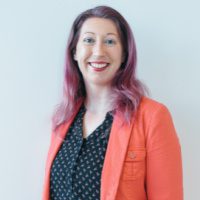
Stacey Schroeder is a dynamic, energetic workforce development professional, with a passion for making things run more smoothly and efficiently. She thrives on partnering with clients and coming up with solutions that improve their business and the lives of their employees and end customers. She is a trained engineer, with advanced degrees in manufacturing and operations management, logistics, supply chain, and Six Sigma methodologies, as well as a certification in adult training and development. She has worked in manufacturing since 2007, with staff roles in engineering and quality and leadership roles in operations and training & development. She has worked in the learning and development space, within manufacturing, for over a decade, and approaches it with a systematic, practical approach gained from my engineering and operations background. She first worked with The Institute for Management Studies in her roles at Swagelok- and is proud to be the exclusive partner for our region. She has experience in a number of large manufacturing companies, across multiple industries in both the public and private sector, as well as experience at two national non-profit manufacturing trade associations. A snapshot of companies she has worked with includes Owens Corning, Avient (Formerly PolyOne), Swagelok, Boehringer Ingelheim, Ford, Kaplan Test Prep & Admissions, the National Tooling, and Machining Association, and the Precision Metalforming Association. She is an active mentor and scholarship funder for College Now Greater Cleveland, a volunteer and donor for Valley Riding’s Therapeutic Riding Program, and a mentor for Big Brothers Big Sisters. Stacey is a Board Co-Chair for the Women in Manufacturing Ohio Chapter and was recently appointed as a Board member for Youth Opportunities Unlimited (Y.O.U). Stacey thrives on helping solve her clients’ challenges, and she looks forward to helping you with your workforce development needs. Stacey resides in Cleveland, OH with her furry partners-in-adventure, Betty and LeeLoo. When she’s not designing and delivering great training, Stacey enjoys making art, reading new books, and listening to podcasts, exploring new coffee shops, breweries, and distilleries, watching sunrises and sunsets on Lake Erie, participating in car shows, and tinkering in her home and garage on a variety of projects. Connect with Stacey on LinkedIn.
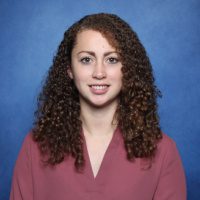
Coral Huffmaster is currently a project engineer for Polaris, Inc. where she manages design-to-value projects across multiple vehicle lines, as well as managing a team focused on driving improved collaboration across the Engineering Operations organization. She is also a ambassador for Polaris’ internal women’s resource group, as well as a board member and Region Lead for the Alabama chapter of Women in Manufacturing (WiM). In these roles she focuses on the development and networking of women throughout her organization and region. Prior to Polaris, Coral was an Industrial Engineer for a tier one automotive interiors supplier, working with the manufacturing team at multiple sites to improve material flow and production efficiency. She received her bachelor’s degree in Engineering Management Technology and her Master’s Degree in Industrial Engineering from Western Michigan University. Connect with Coral on LinkedIn.
